Shows
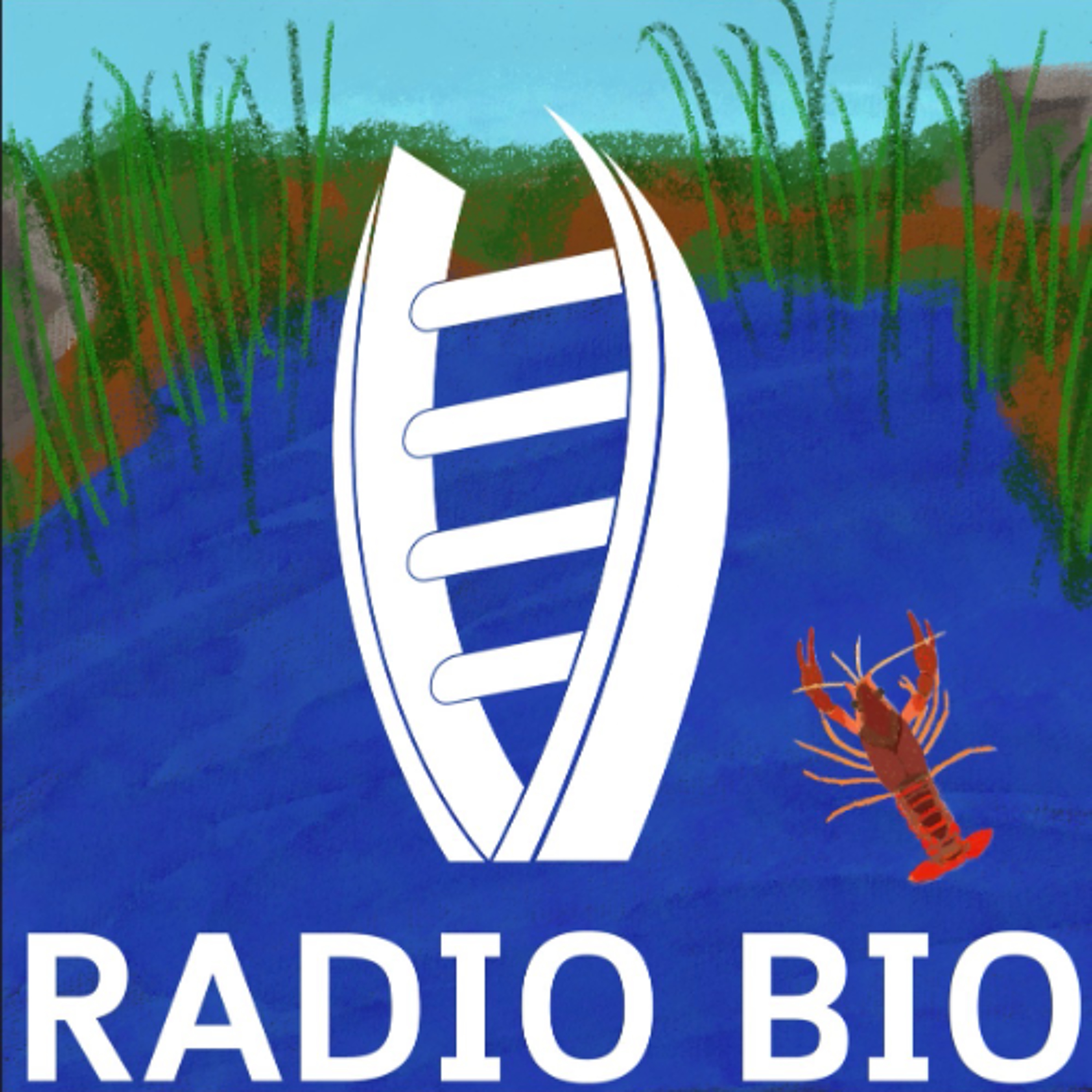
RadioBioDr. Zackary Graham: Crayfish, Crawfish & CrawdadsListen in as we talk to Dr. Zackary Graham about his upcoming book, Crayfish, Crawfish & Crawdads: The Biology and Conservation of North America’s Favorite Crustaceans, out January 6th. We dive into how this diverse group of arthropods makes a living and learn about some interesting life history traits such as burrowing and communication.
2025-12-1752 min
RadioBioDr. Anya Brown: Coral, Seaweed, and Bacteria, Oh My!Today we talk to Dr. Anya Brown about her research studying the impacts of microbial communities on seaweeds and corals. Learn about how rich diverse ecosystems can survive and thrive in nutrient poor waters. This podcast was recorded in Spring 2024.
2025-12-1036 min
RadioBioDr. Jonelle Basso: Rooting for MicrobiomesFor this episode, we sat down with Dr. Jonelle Basso, a research scientist at the Joint Genome Institute. She discussed how bacteria and viruses team up with their hosts to provide mutual benefits, and how her team uses genomic approaches to decode these underground partnerships. From computational analysis to experimental work, discover how scientists are unraveling the complex relationships between plants and their microbial allies. This episode was recorded in Spring of 2024. Some information discussed may have changed since the recording date.
2025-12-0336 min
RadioBioDr. Emma Wilson: Brain Parasites, Cats, and Their Relationships With HumansToday on RadioBio, we talk with Dr. Emma Wilson about Toxoplasma, a microscopic parasite that makes mice love the smell of cat pee, can live in your brain forever, and might just make you more likely to take risks. This podcast was recorded in Fall 2022.
2025-11-1929 min
RadioBioDr. Spencer Nyholm: Squids that Light Up the Night and How They Protect Their EggsWe chat with Dr. Spencer Nyholm about the symbiotic relationship between the Hawaiian Bobtail Squid and the bioluminescent bacteria Vibrio fischeri (now called Aliivibrio fischeri), and how they use bacteria to protect their eggs. If you liked our interview with Dr. Nishiguchi, you'll also love this episode! This episode was recorded in Fall 2022.
2025-10-2241 min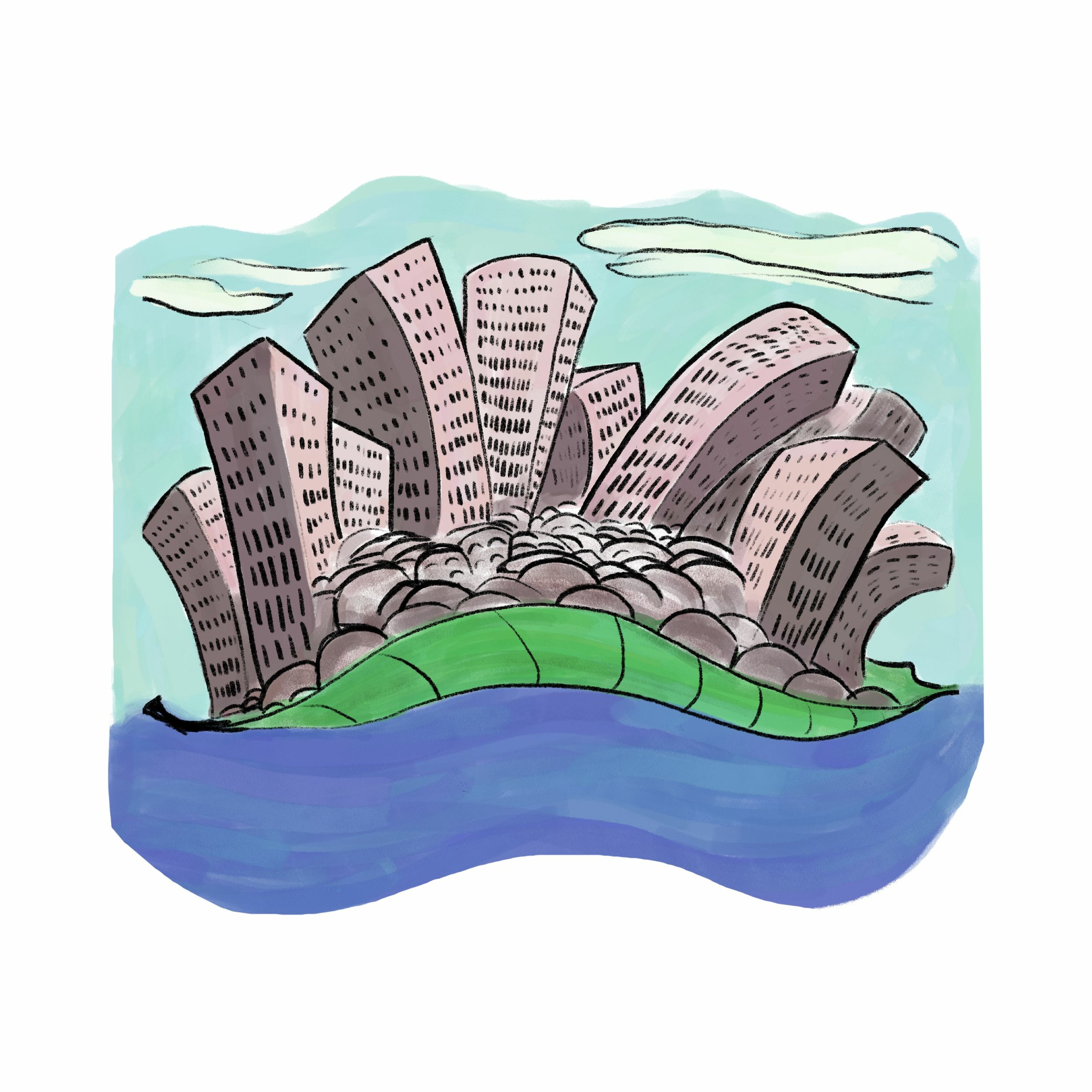
RadioBioDr. Catalina Cuellar-Gempeler: Leaves Like IslandsWe interviewed Dr. Catalina Cuellar-Gempeler, a professor of microbial ecology at Cal Poly Humboldt about her work on microbial community ecology on pitcher plants
2024-03-0729 min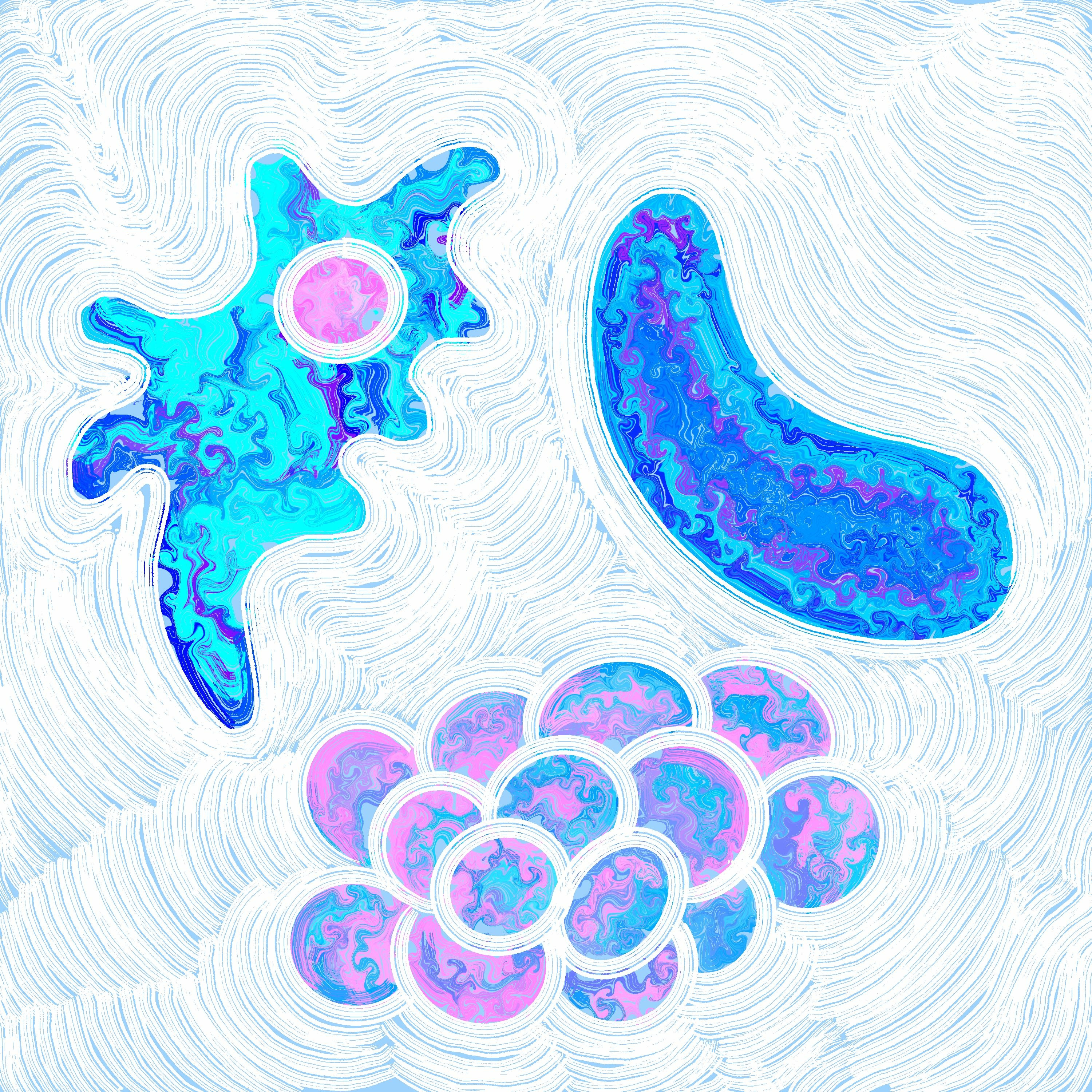
RadioBioDr. Shannon Bennett: From the Field to the MuseumThe California academy of sciences is one of California’s oldest operating museums and research institutions. It is an invaluable repository of knowledge about the natural sciences, is home to 47 million specimens, and has hundreds of thousands of visitors per year. This week, on Radiobio, we had the privilege of speaking with Dr. Shannon Bennett, the chief and dean of sciences at the Academy. She gave us all the behind the scenes scoop about the academy of sciences, as well as her own fascinating path into science. This is Radiobio!
2023-12-1426 min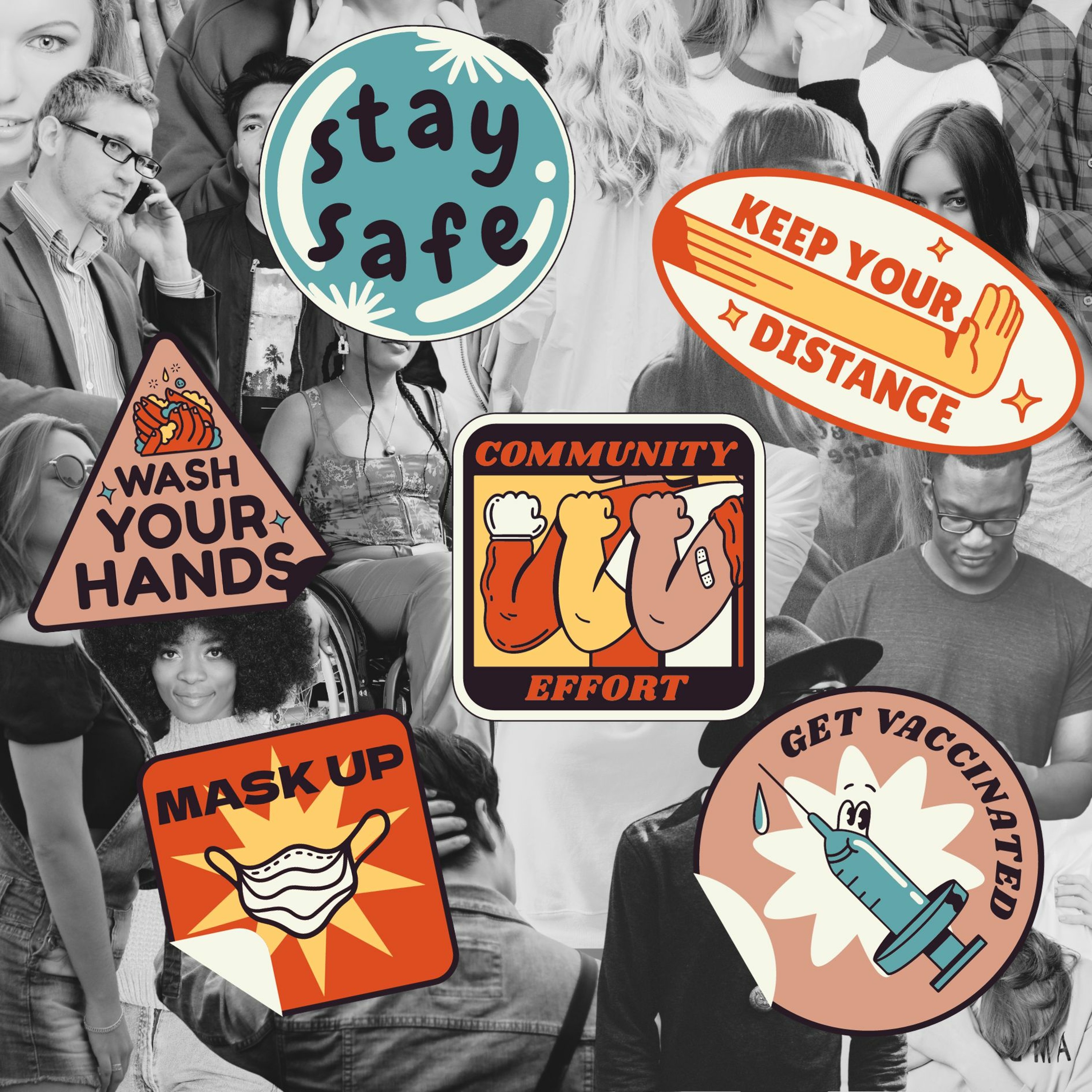
RadioBioDr. Folashade Agusto: The Math Behind OutbreaksWe’ve all heard of COVID-19, saw its impact on society, and probably even faced the respiratory illness itself. But is there… math behind this disease? And if so, can we use math to help fight COVID and other infectious diseases? It turns out that our collective behavior during outbreaks can mathematically fuel models of public health. Join us as we explore the fascinating world of mathematical biology. This is RadioBio.
2023-11-0918 min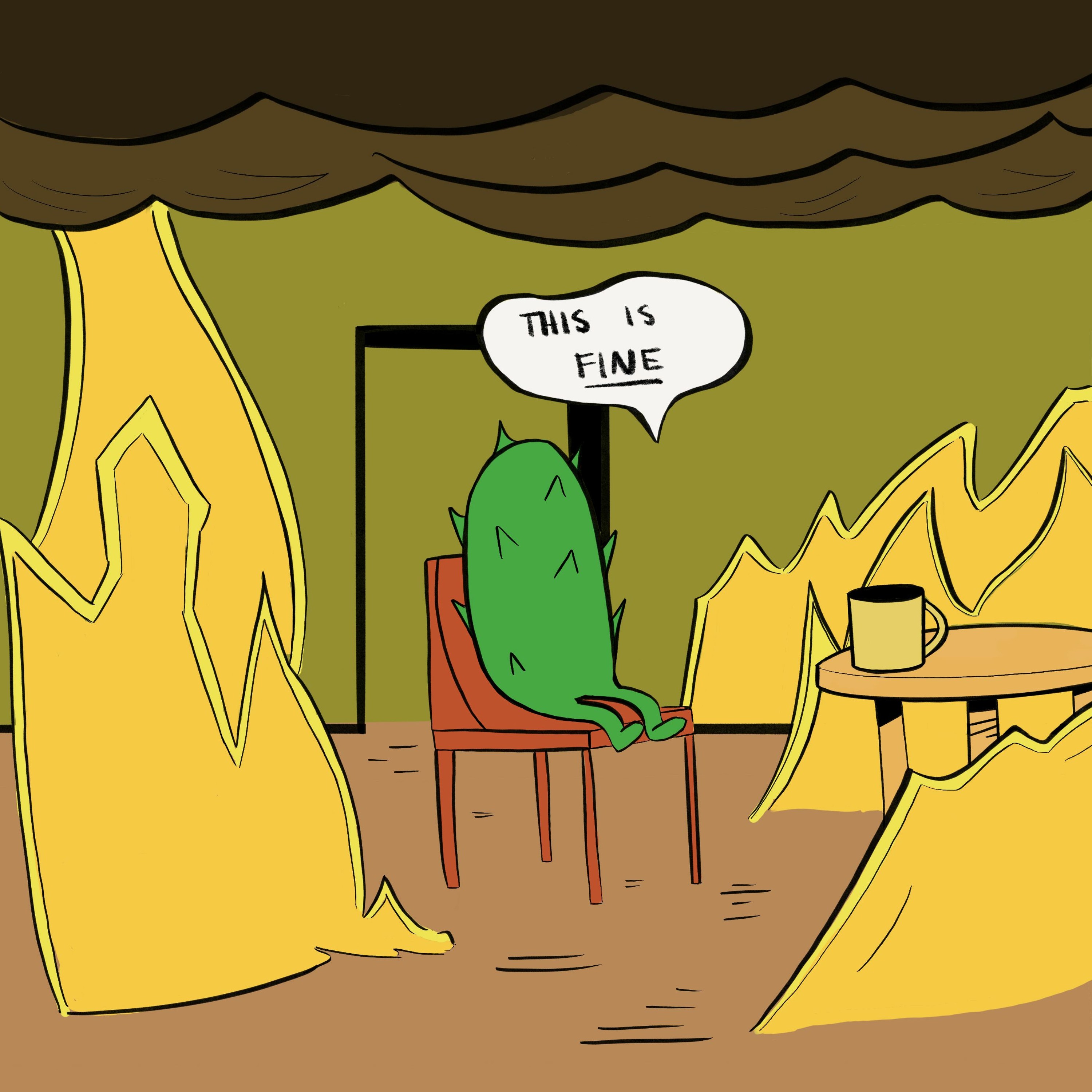
RadioBioDr. Ruben Michael Ceballos: The Shocking Truth about Heat Shock ProteinsImagine you are at a hot springs. The water is boiling and bubbling, there’s the smell of sulfur and other acrid chemicals in the air, and it is unbelievably hot. Is it possible that life can exist in these unforgiving conditions? It turns out yes! There are microbes, called thermophiles, that not only just exist in these conditions, but have adapted very particular ways of thriving in what are some of the most unforgiving conditions on our planet. This week, we talk to Dr. Ruben Michael Ceballos about these fascinating organisms. This is Radiobio!
2023-10-1928 min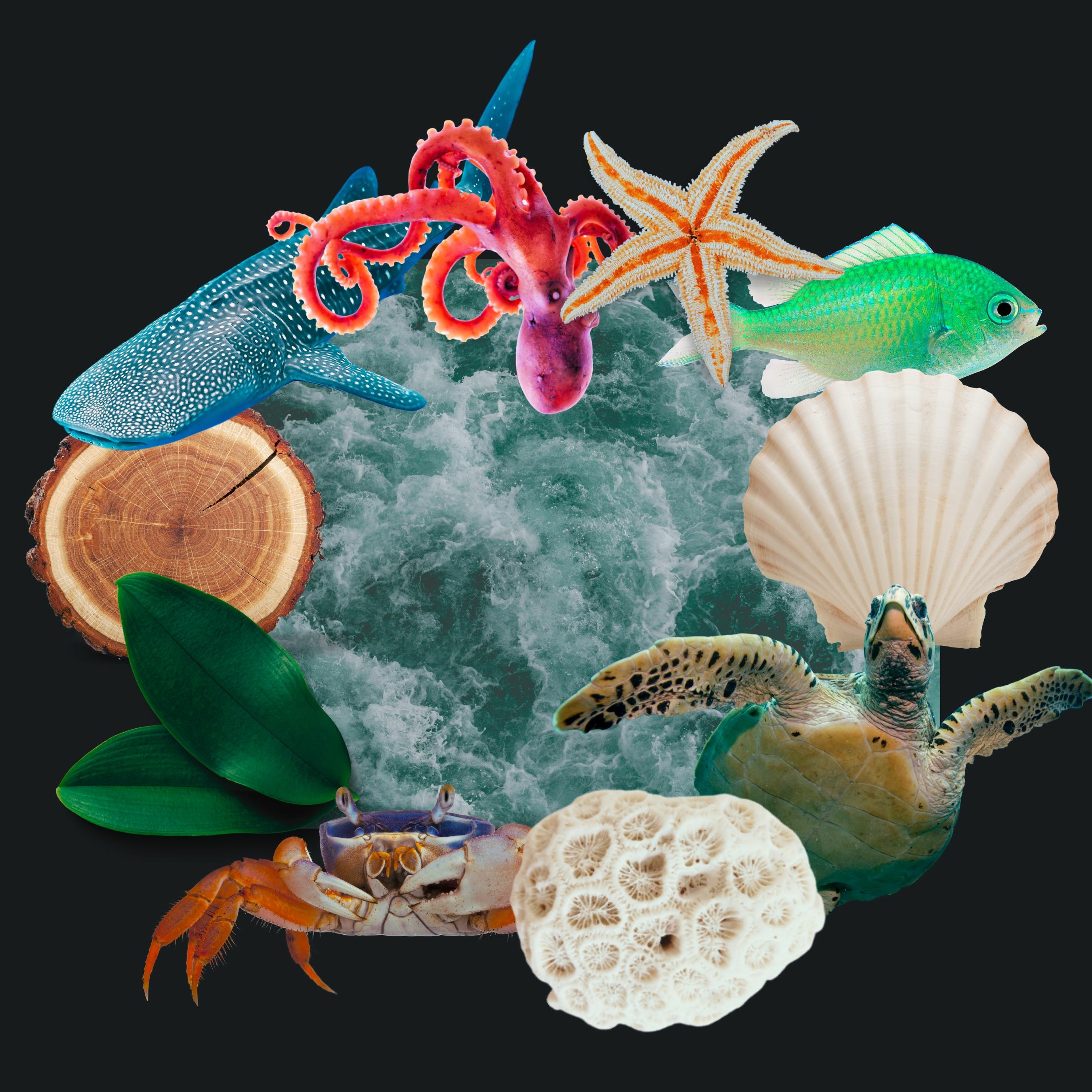
RadioBioDr. Chrissy Hernandez: There are plenty of otoliths in the seaThere are plenty of fish in the sea… this week, we take that saying to a whole new level! Fish are incredibly diverse and their life cycle is complex; this week on Radiobio we talk with Dr. Chrissy Hernandez about her research on fish population dynamics. Dr. Hernandez applies math to complicated ecosystem level questions, with fascinating results. This is Radiobio!
2023-10-0631 min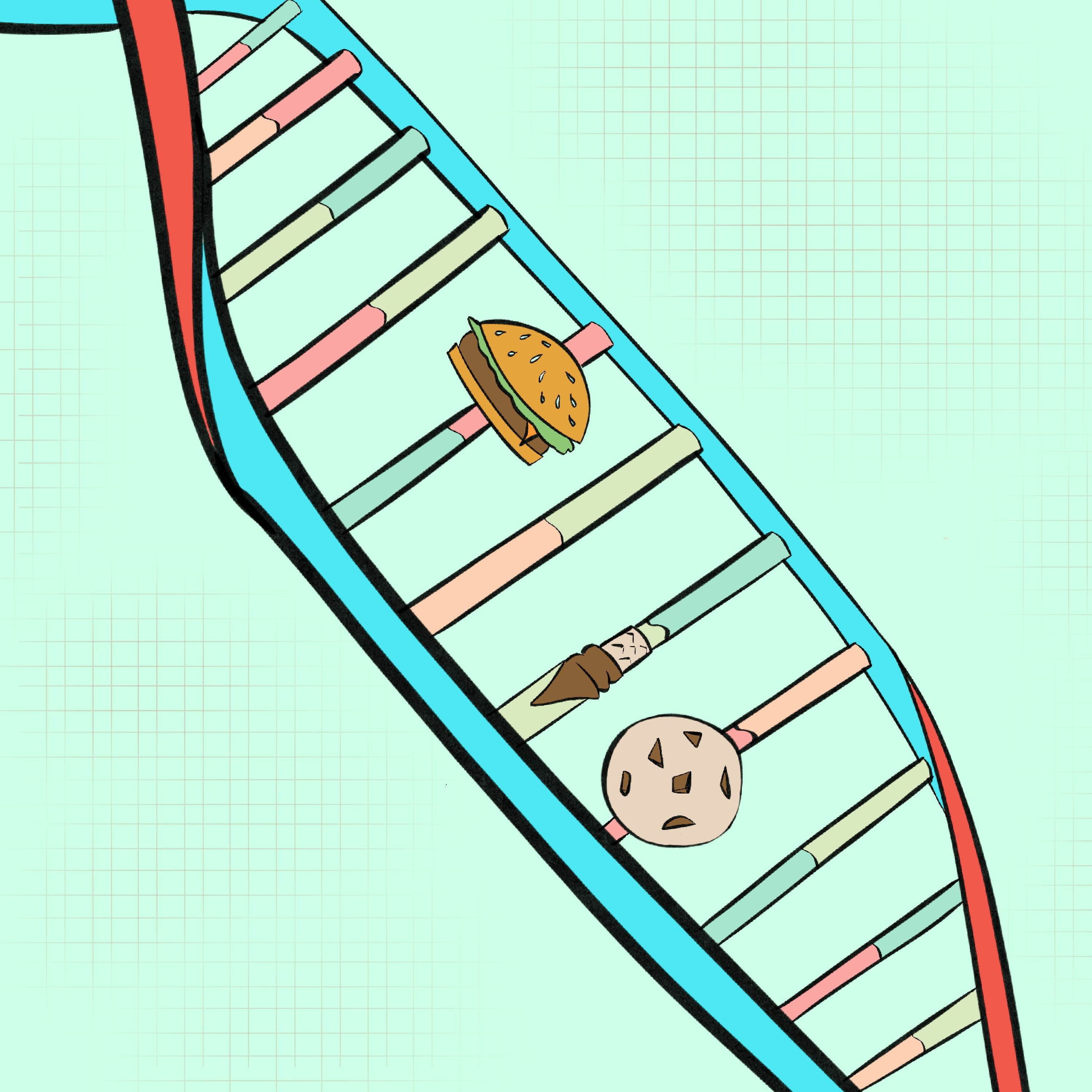
RadioBioDr. Monica Dus: You are what you eat!Nature versus nurture, the eternal question. We usually think of our genes as permanent, a part of our nature, something that is passed down to us and that’s it. But how much of our genes change as a results of our actions today? How much do our genes change because of what we have been eating for the past 10 years? Turns out, behaviors and the environment can actually change our gene expression! We delve into some of these factors with our fabulous guest this week, Dr. Monica Dus, a professor of neuroepigenetics at the University of Michigan. This is Ra...
2023-09-2123 min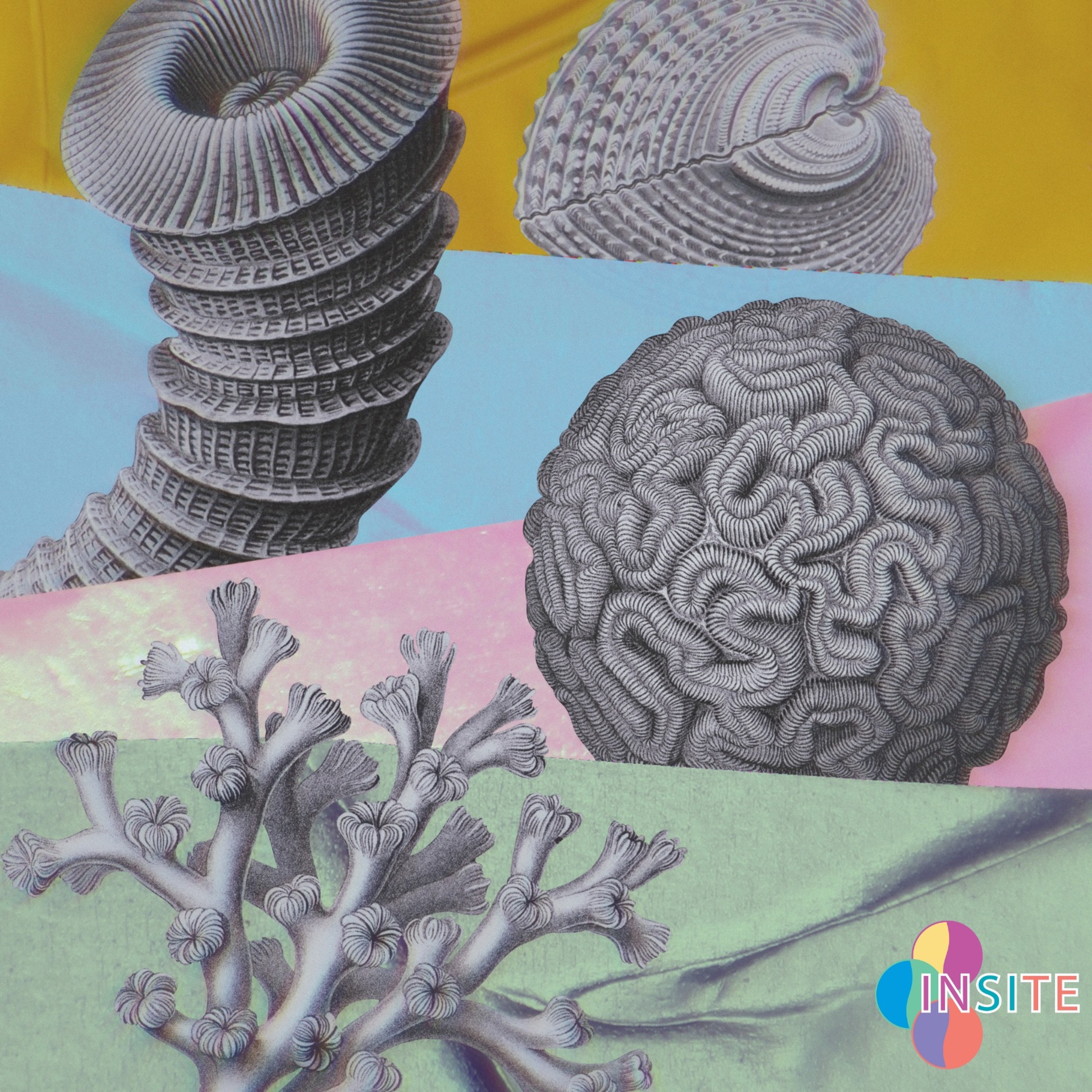
RadioBioDr. Virginia Weis: Panic! At The Coral ReefWe live in a microbial world. From our own gut to the corals in the ocean, microbes are key players in the existence of so many organisms. Did you know that corals are not just single organisms, but exist in symbiosis with millions of single celled algae? This symbiosis is currently threatened by global warming and climate change, resulting in a process you may be familiar with, called coral bleaching. This week, we spoke with Dr. Viriginia Weis about her timely and fascinating research on the topic of symbiosis between corals and algae.
INSITE Vision: Inspire an inclusive and diverse i...
2023-02-2324 min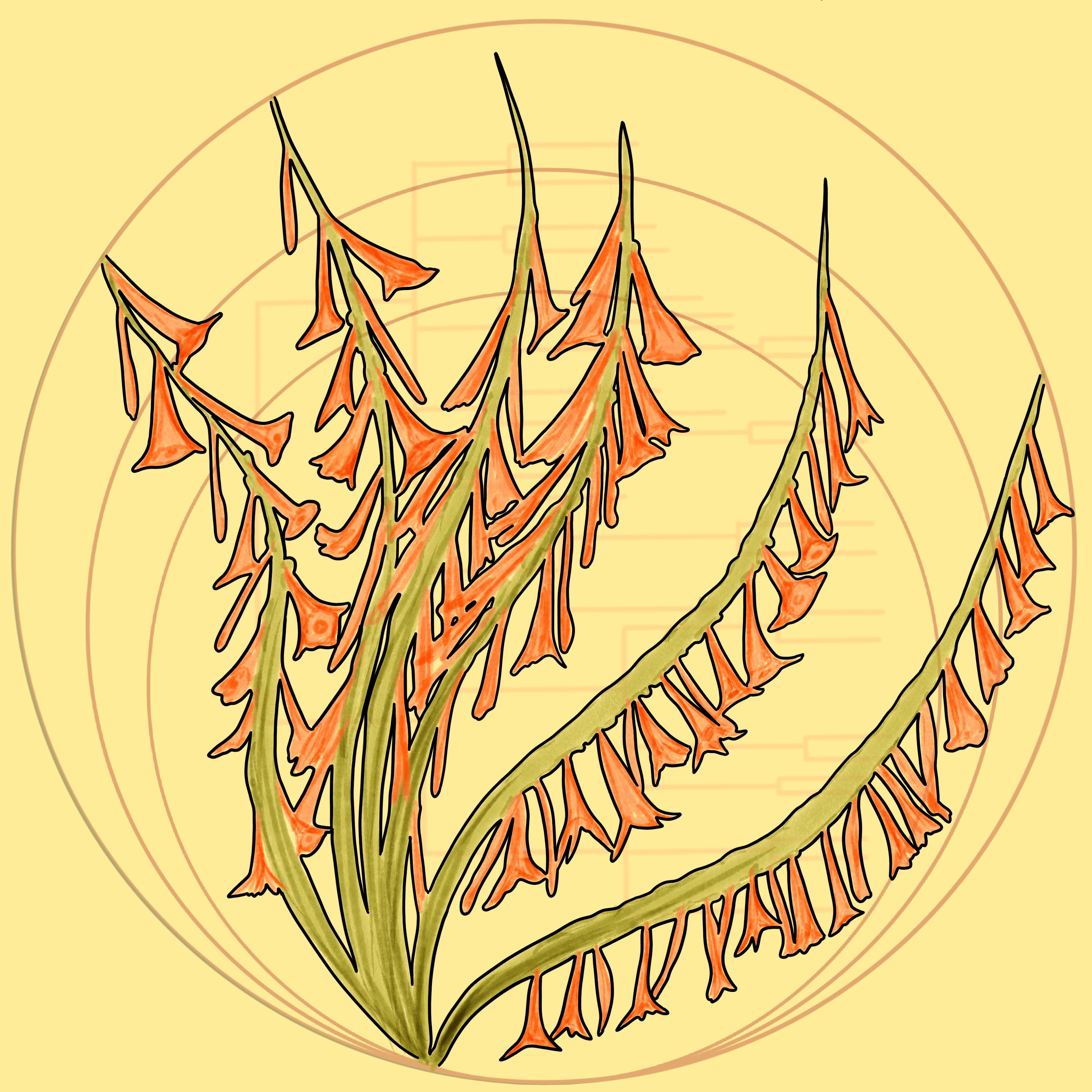
RadioBioDr. Diane Campbell: Diversity from AdversityLife finds a way. Even in the face of incredible pressure from other organisms, climate change, and pollution, species still find ways of persisting. Sometimes this pressure is too much, and populations go extinct. Why are some species able to survive, and others able to persist? How much pressure is too much pressure? And can species find ways to survive through their interactions with other species? We dive into all of these pressing questions and more with our guest this week, Dr. Diane Campbell, a distinguished professor from the University of California - Irvine. This is Radiobio!
2022-11-1028 min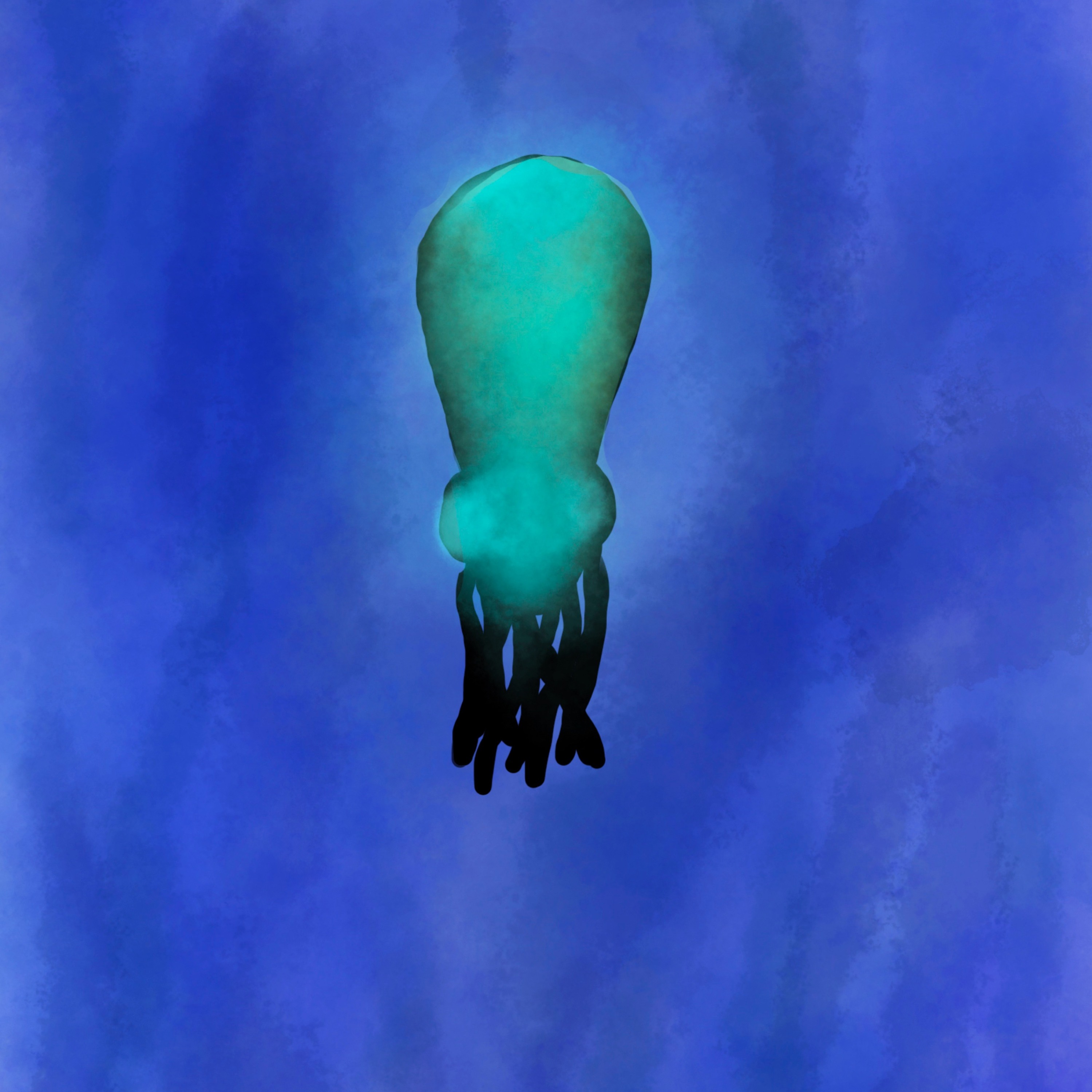
RadioBioDr. Michele Nishiguchi: Ink-redible SquidsImagine you're a squid, yeah okay its weird but just imagine it, you are a squid swimming at night. It's a dark night except for the light from the moon, and there is a predator roaming around looking for its dinner. Now imagine you are a squid who can camouflage yourself to match the light from the moon and the stars so your shadow disappears. You trick the predator while you go on your way looking for your own dinner. Seems kind of magical right? Well that's exactly what bobtail squids do, except they get help from their bacterial friends...
2022-10-0625 min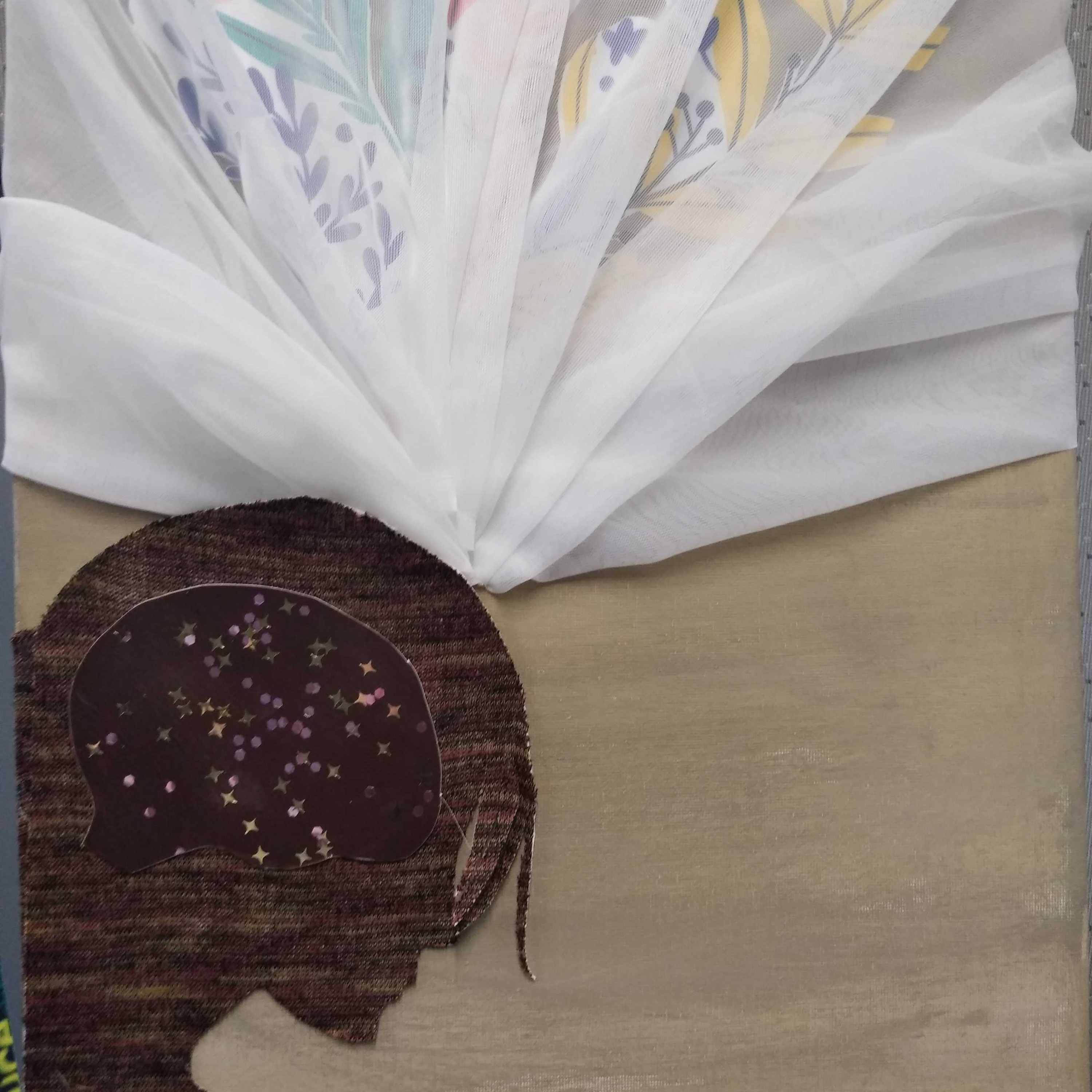
RadioBioDr. Kanaka Rajan: Computational NeuroscienceWe are still discovering the mysteries of the brain and one way to do that is to use tools such as computers. On this episodes of RadioBio, we speak with Dr. Kanaka Rajan, a computational neuroscientists at the Icahn School of Medicine at Mount Sinai.
2022-07-2115 min
RadioBioDr. Lauren Hale: Life Beneath Your FeetHave you ever thought about the soil beneath your feet? Let's take it one step further... have you ever thought about everything that lives in the soil beneath your feet? Well, prepare yourself, because this week we interview Dr. Lauren Hale, a researcher from the US Department of Agriculture, the USDA, about her research on the soil microbiome. Dr. Hale talks about soil health, nutrient cycling, and the cutting edge of research on the microbial world living underneath our feet. This is Radiobio!
2022-04-0828 min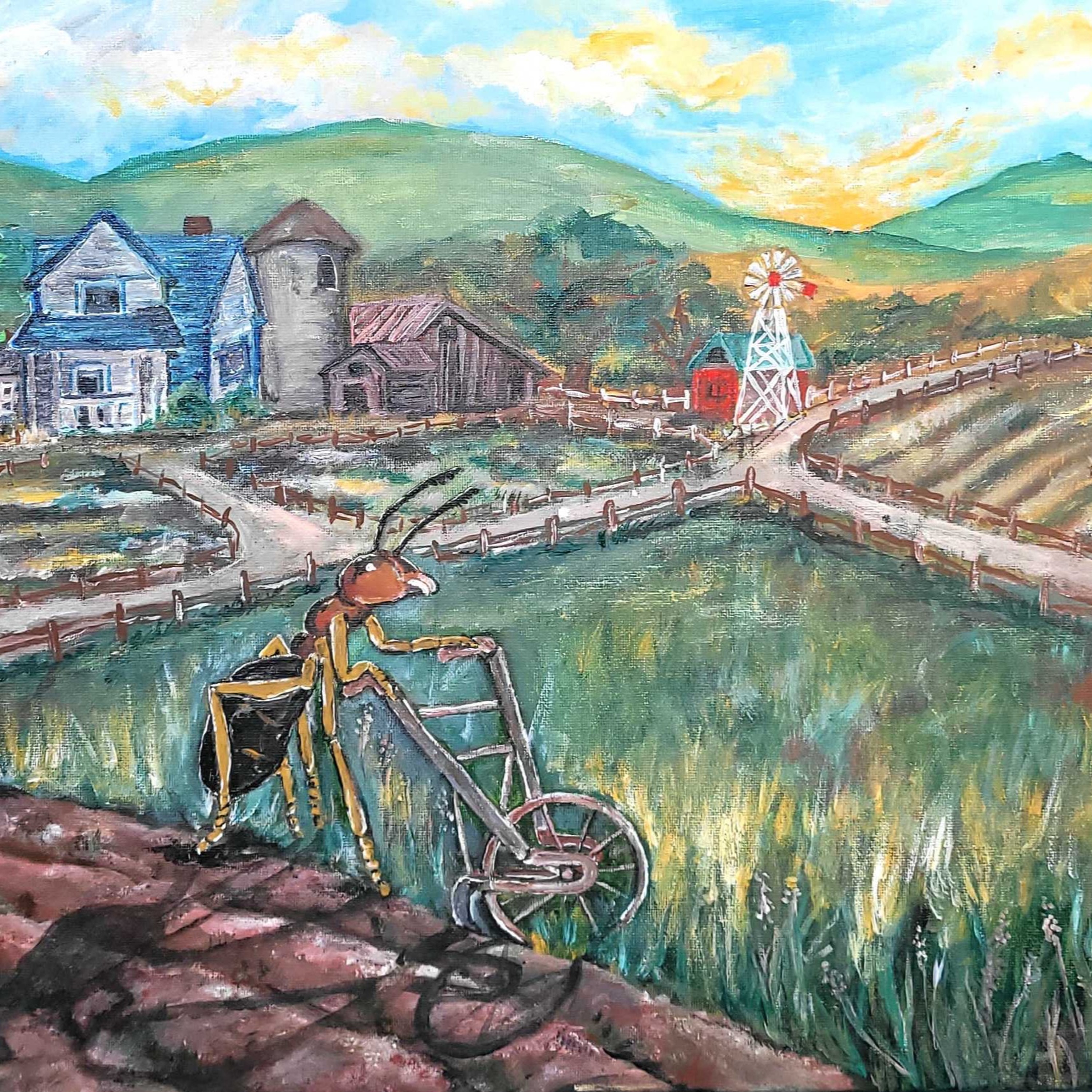
RadioBioDr. Ehab Abouheif: Ant Antics!Ants, they are everywhere if you look for them! Ants engage in all the things that we associate with our own society, like farming and policing, and have complex social structures. This week on Radiobio, we talk to Dr. Ehab Abouheif, a professor from McGill University, about his research on cooperation in ants and the microbes that exist in symbiosis with them. This is RadioBio.
link to nature paper: https://doi.org/10.1038/s41586-020-2653-6
link to deborah gordon: https://soundcloud.com/user-386034408/radiobio-interviews-dr-deborah-gordon?si=49cba8aa279942e9beec58588e983a24&utm_source=clipboard&utm_medium=text&utm_campaign=s...
2022-02-1829 min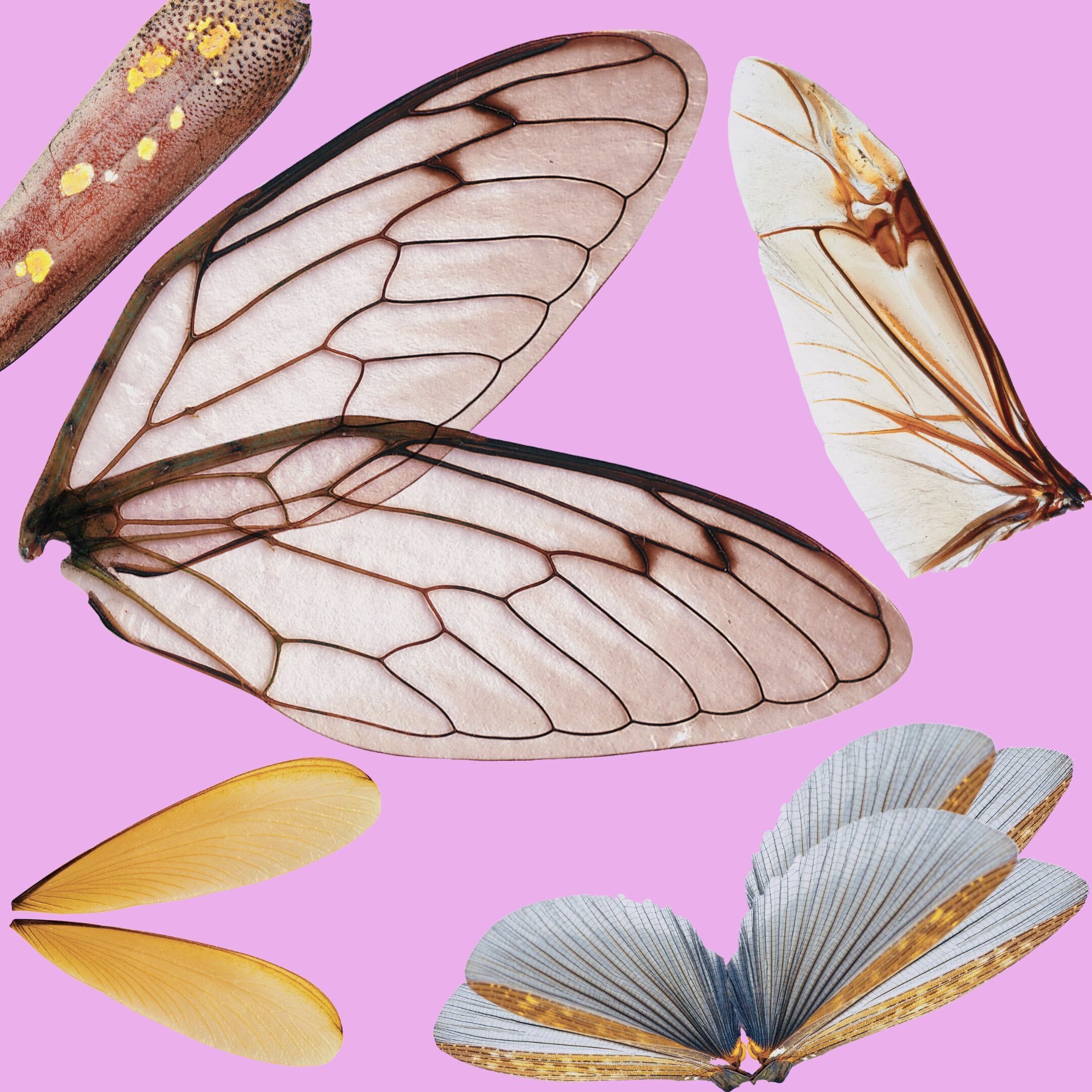
RadioBioDr. Mary K Salcedo: Expanding WingsThis week on RadioBio, we explore insect wings. Did you know insect wings are more than just beautiful appendages? They are a part of an amazing circulatory network. We discuss the biomechanics of insect wings and what makes them so amazing with Dr. Mary Salcedo, a postdoc at Virginia Tech.
Link to Dr. Salcedo's Review: https://doi.org/10.1093/icb/icaa124
Link to Dr. Salcedo's Website: https://www.maryksalcedo.com
2022-02-0430 min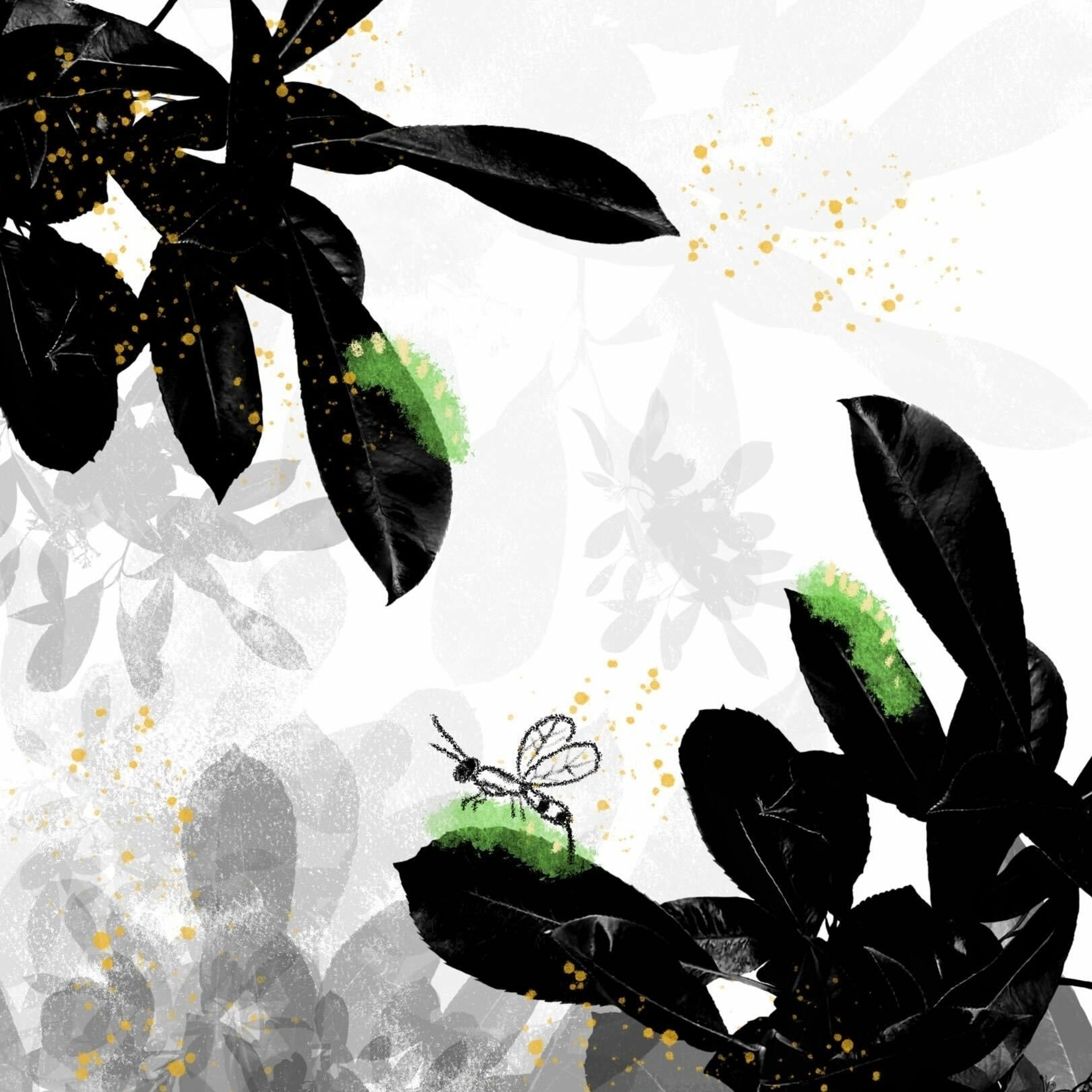
RadioBioDr. Amelia Lindsey: The Microbial World (with Wolbachia)What if I were to tell you that you had hundreds, if not thousands of microbes living on you hands, you would probably respond with ewwwwww...gross and immediately want to sanitize or wash our hands. If I were to tell you that not all of them are bad, but rather most of them are good, you might still be skeptical. Let’s take it one step further. What if I told you that we can use naturally occurring bacteria as a form of pest control. Wild right! One of these bacteria is Wolbachia. Wolbachia affects the reproductive system in ce...
2021-12-1325 min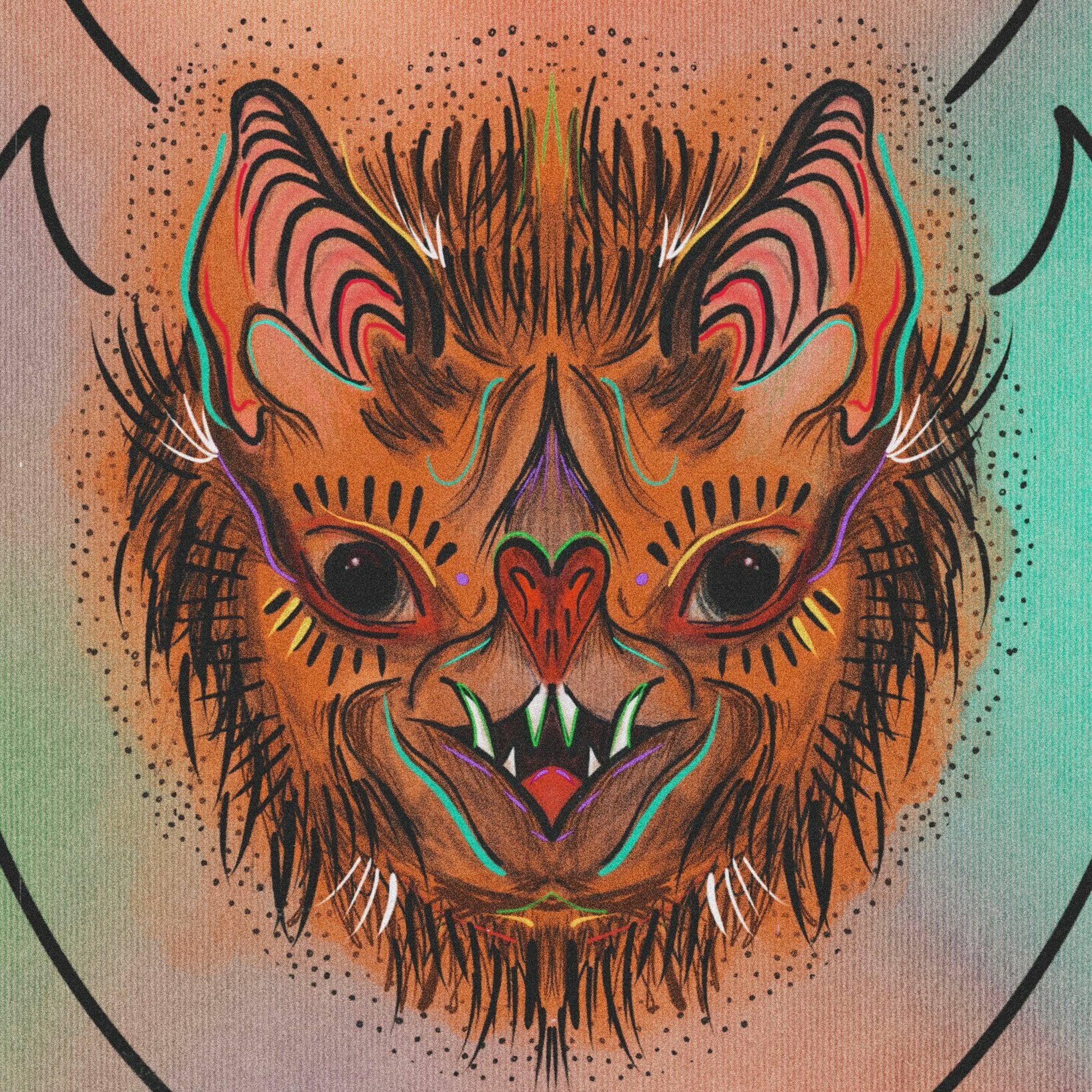
RadioBioDr. Alexa Sadier: Fantastic Bats and Where They LiveBats are vital for maintaining balance in the ecosystems they are a part of: Bats keep insect populations in check, pollinate flowers, and disperse seeds. Bats are also an incredibly diverse group of species that come in all shapes and sizes! Did you know, that if you randomly picked a mammal, you would have a one in five chance of picking a bat? Today we have Dr. Alexa Sadier with us to talk about what studying bats can teach us about evolution.
2021-11-1429 min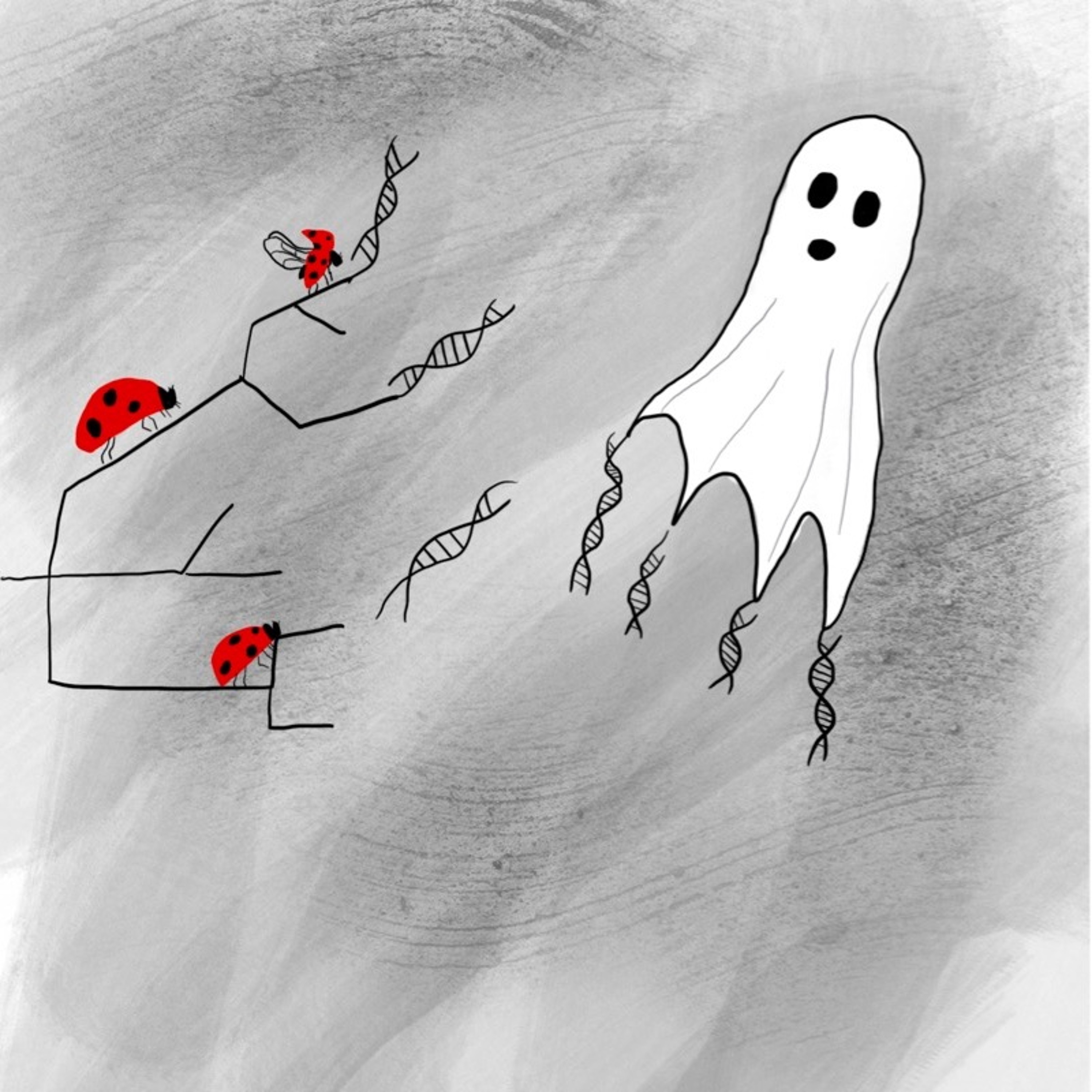
RadioBioDr. Arun Sethuraman: Population genomicsImagine the world 430,000 years ago. What were our ancestors like? What if there was a population of people that no one ever knew about? Can we unravel the mystery of our history? Now imagine, your garden at home is full of aphids. Did you go buy some ladybugs at your local home depot? Have you ever thought where those ladybugs came from or what happens after they leave? Now these two situations may seem very different but they have one common theme. They both have questions that can be studied using population genomics. This week on RadioBio we talk about...
2021-10-3028 min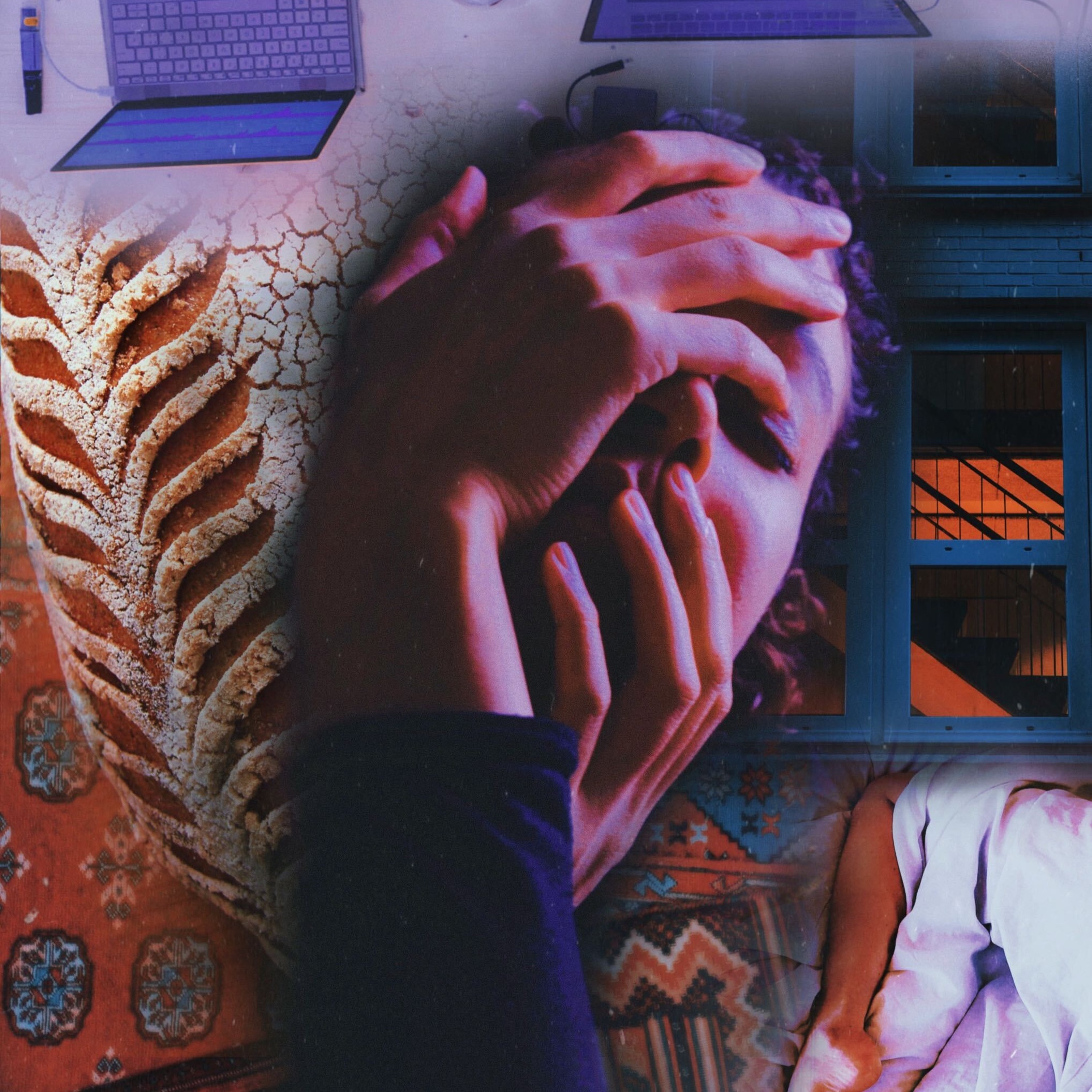
RadioBioChapter 5: Mental Health w/ Dr. GonzalezThroughout this historic pandemic, there have been many changes to our social and work environments that have been far from our baseline. Work from home, has led to greater isolation and less ability to socialize with our coworkers and friends. This has undoubtedly affected the mental health of people all over the world, and this topic came up during chapter 4 of our COVID interview series, when Dr. Allen spoke about the mental health crisis emerging in Mariposa due to the stress of this pandemic. This inspired us to reach out to a mental health professional, specifically Dr. Tania Gonzalez, our...
2021-09-0326 min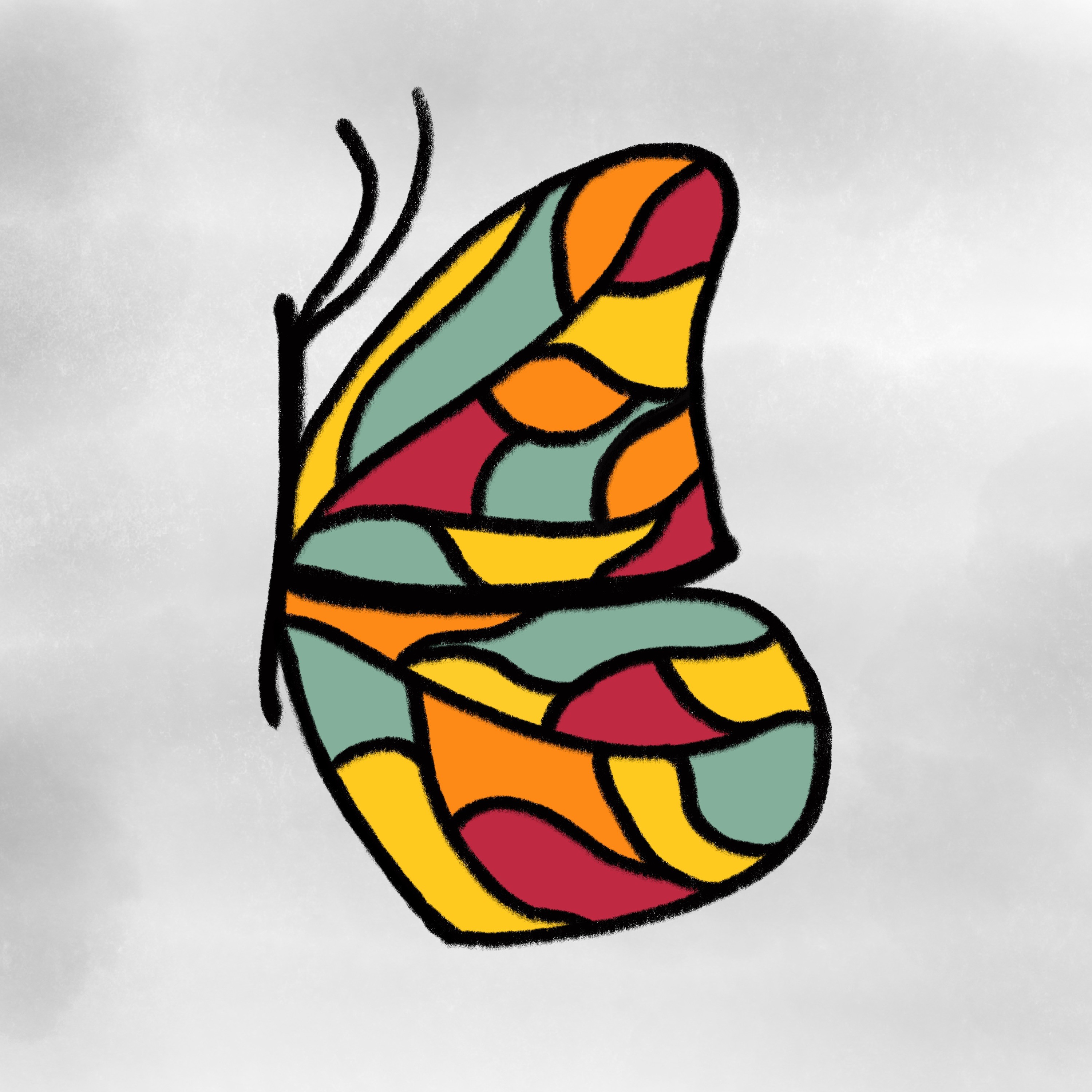
RadioBioChapter 4: Public Health w/ Dr. AllenAll over the news, we hear about drug development and vaccines, masks wearing, and being in a red or purple tier, but have you considered how this is affecting communities, maybe your community? In this interview with Dr. Kristina Allen, Deputy Director of Public Health from Mariposa county, we discussed coordinated response to the COVID-19 outbreak as well as the mental state of communities that have been affected by COVID-19, and how local governments and rural areas are fighting to keep their community alive. This is chapter 4 of our COVID interview series, in which we interview a series of professionals o...
2021-09-0226 min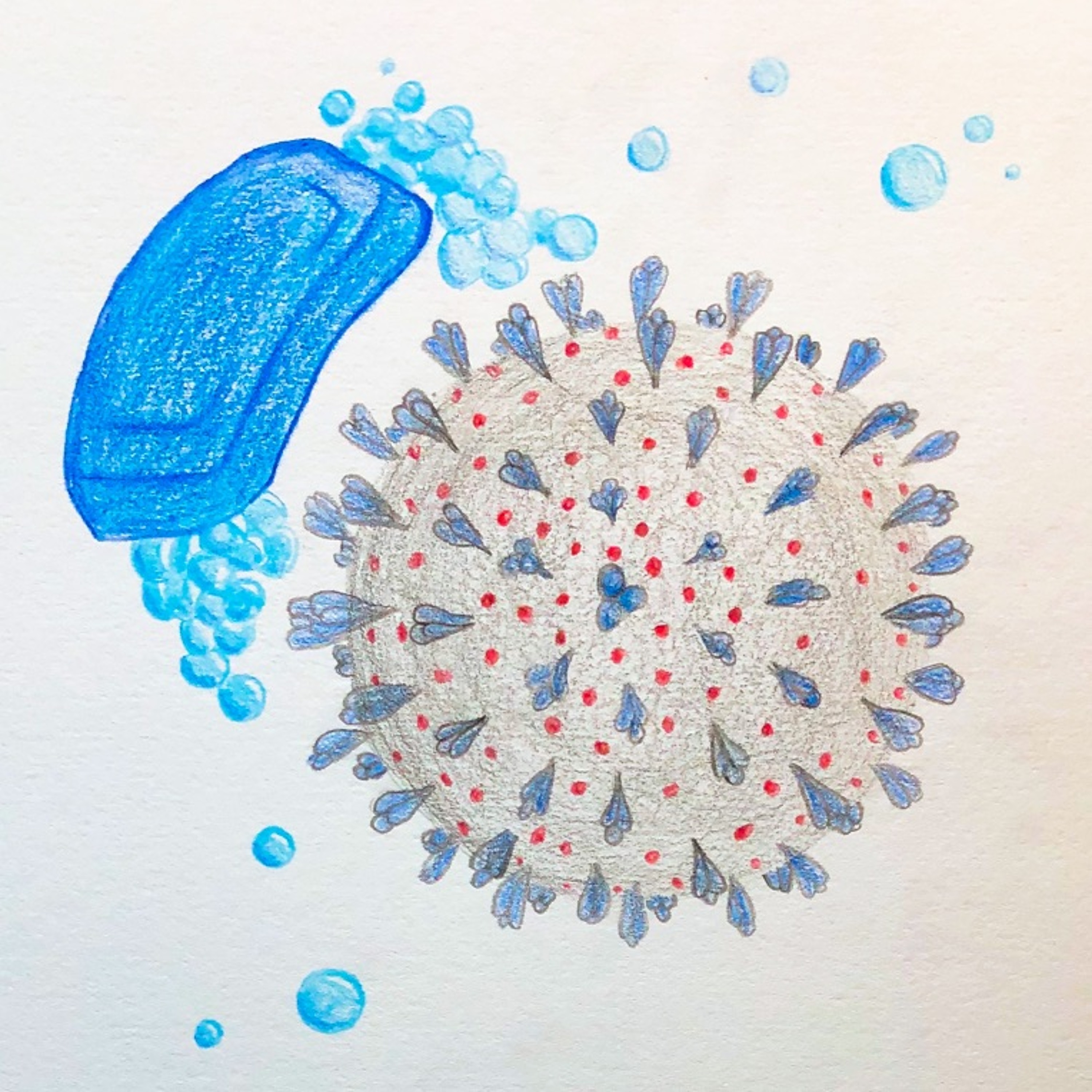
RadioBioChapter 3: Doctors in the Pandemic w/ Dr. ZweiflerCOVID 19 has changed so many things about the world we live in, but few things have changed as much as our perceptions of public health and its role in our modern society. How has the US reacted to COVID 19, and what things could we have done better? What if our social services and health services could be better integrated? How does testing and contact tracing actually happen to monitor the transmission of coronavirus? Today, we answer all of these questions and more by talking with Dr. Zweifler, a medical consultant from the Fresno County Health Department. This is chapter 3 of...
2021-09-0123 min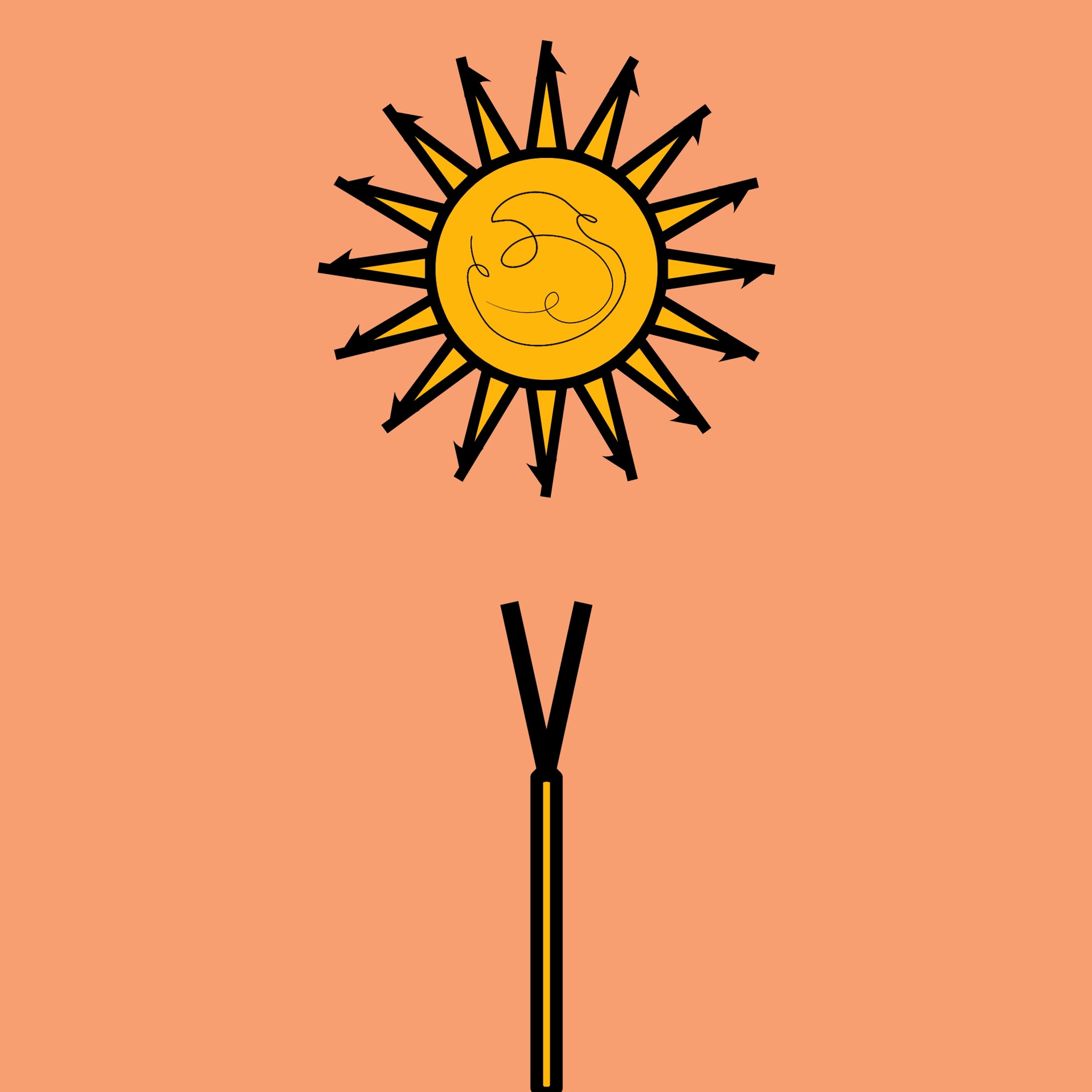
RadioBioChapter 2: Doctors in the Pandemic w/ Dr. GaetaThis past year, we have been in the midst of a historical pandemic that has touched the lives of everyone around us. As part of our interview series on COVID-19, our team was interested in gaining the perspective of a medical doctor and how this pandemic has affected healthcare workers. For this episode, we interviewed Dr. Xavier Gaeta, a doctor currently in pediatric residency in a LA county, as well as a PhD. Dr. Gaeta gave us invaluable perspective on being a doctor during the pandemic and insight into the differential impacts of COVID on children versus adults. This is...
2021-08-3126 min
RadioBioChapter 1: Vaccines & Drug Development w/ Dr. DaveyVaccines and drugs to mitigate sickness have become a central part of modern life, and they have become a central topic right now as the COVID 19 pandemic has progressed. But how are vaccines developed? What is the difference between a vaccine and therapeutic drugs? And could we actually one day treat coronavirus with a pill? Today, we talk to Dr. Robert Davey, a professor of microbiology from Boston University, who is currently working on ways to find treatments for dangerous viruses. This is chapter 1 of our COVID interview series, in which we interview a series of professionals on different topics...
2021-08-3028 min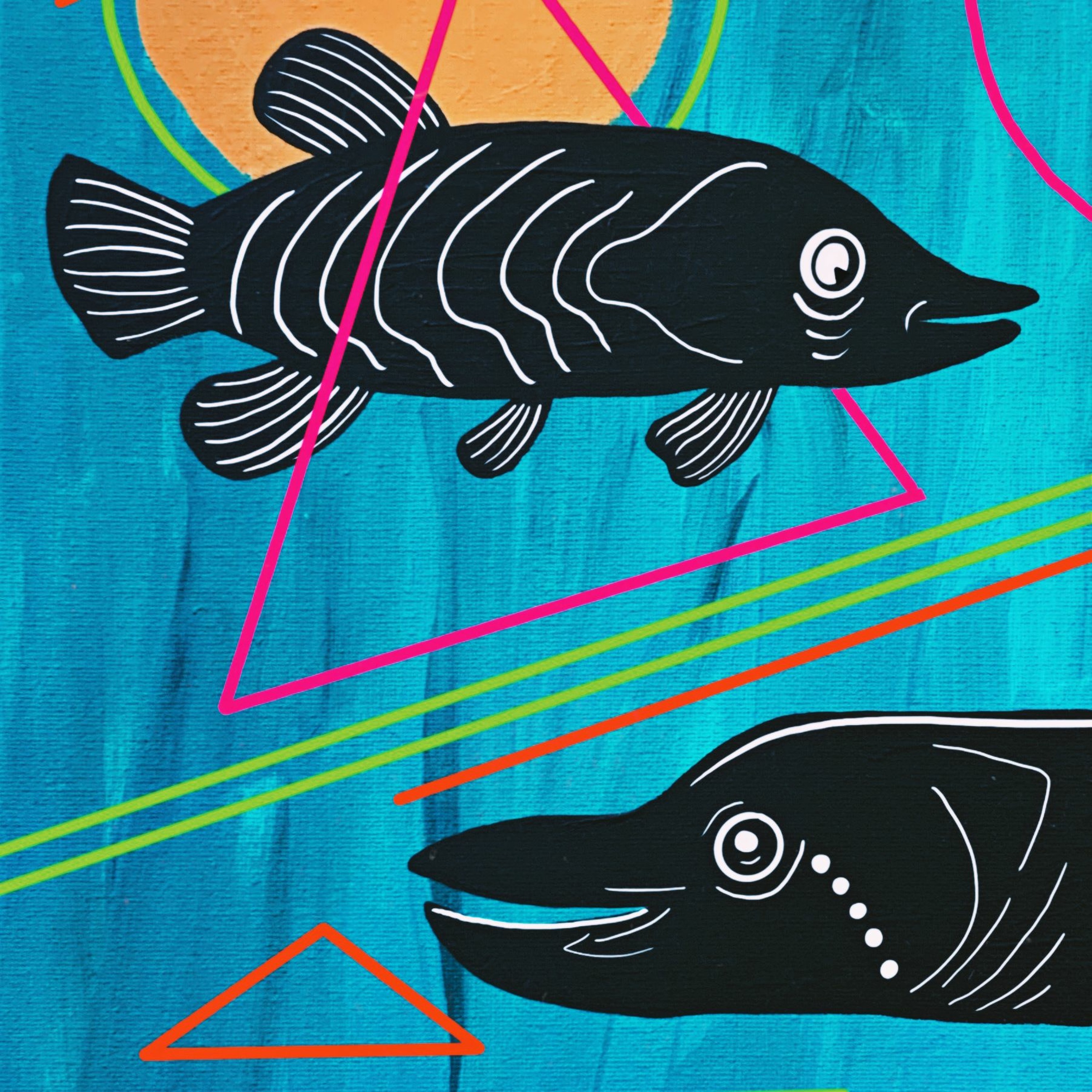
RadioBioDr. Ashkaan Fahimipour: Ecological networksLife is complicated. Breaking down the living world into understandable pieces requires good experiments AND good theories. Science thrives on the feedback between theory and data. Our guest today specializes in connecting theories and models to empirical data from experiments. Join us for a fascinating discussion of ecological models, ecological experiments, and everything in between!
2021-05-2229 min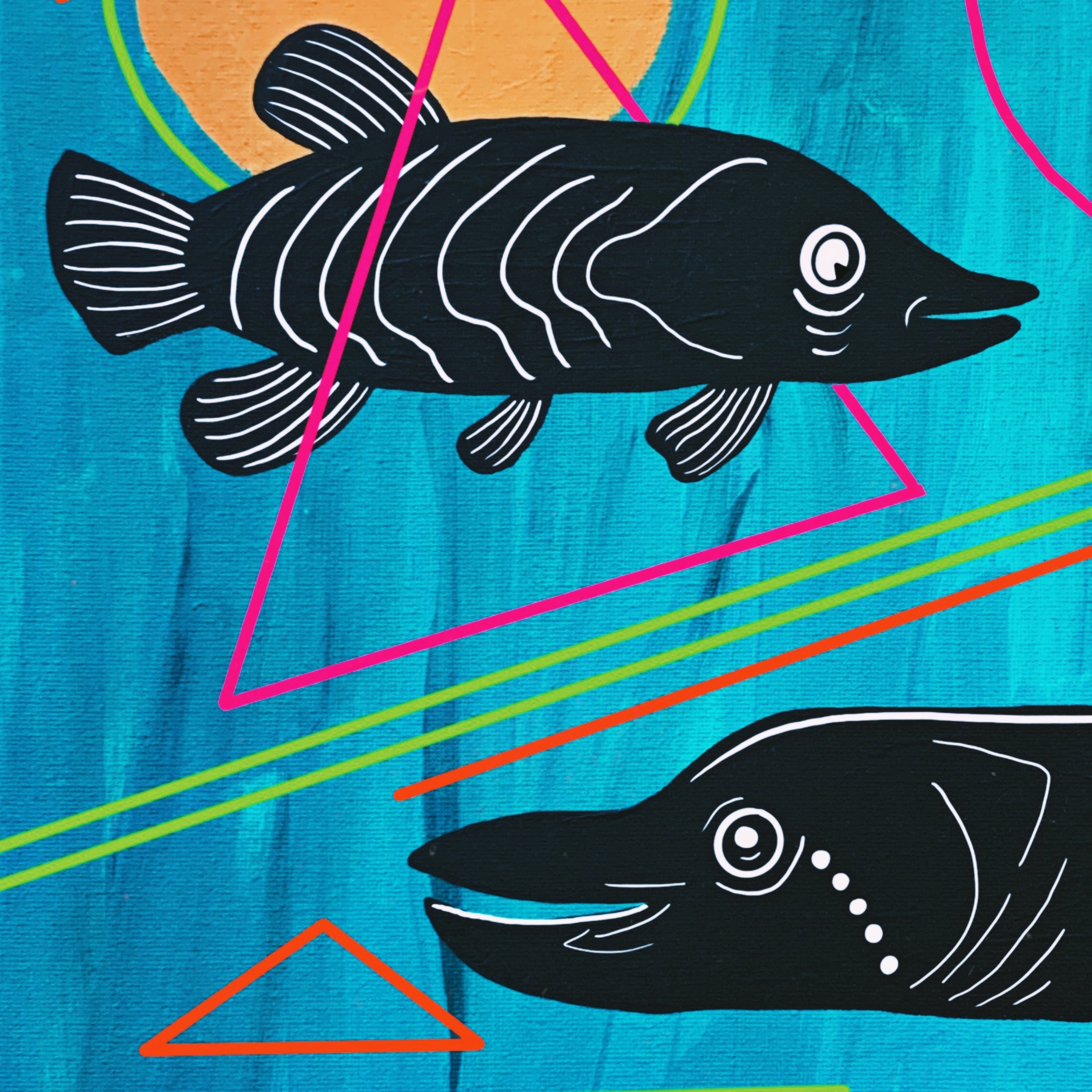
RadioBioDr. Ashkaan Fahimipour: Ecological networksLife is complicated. Breaking down the living world into understandable pieces requires good experiments AND good theories. Science thrives on the feedback between theory and data. Our guest today specializes in connecting theories and models to empirical data from experiments. Join us for a fascinating discussion of ecological models, ecological experiments, and everything in between!
2021-05-2129 min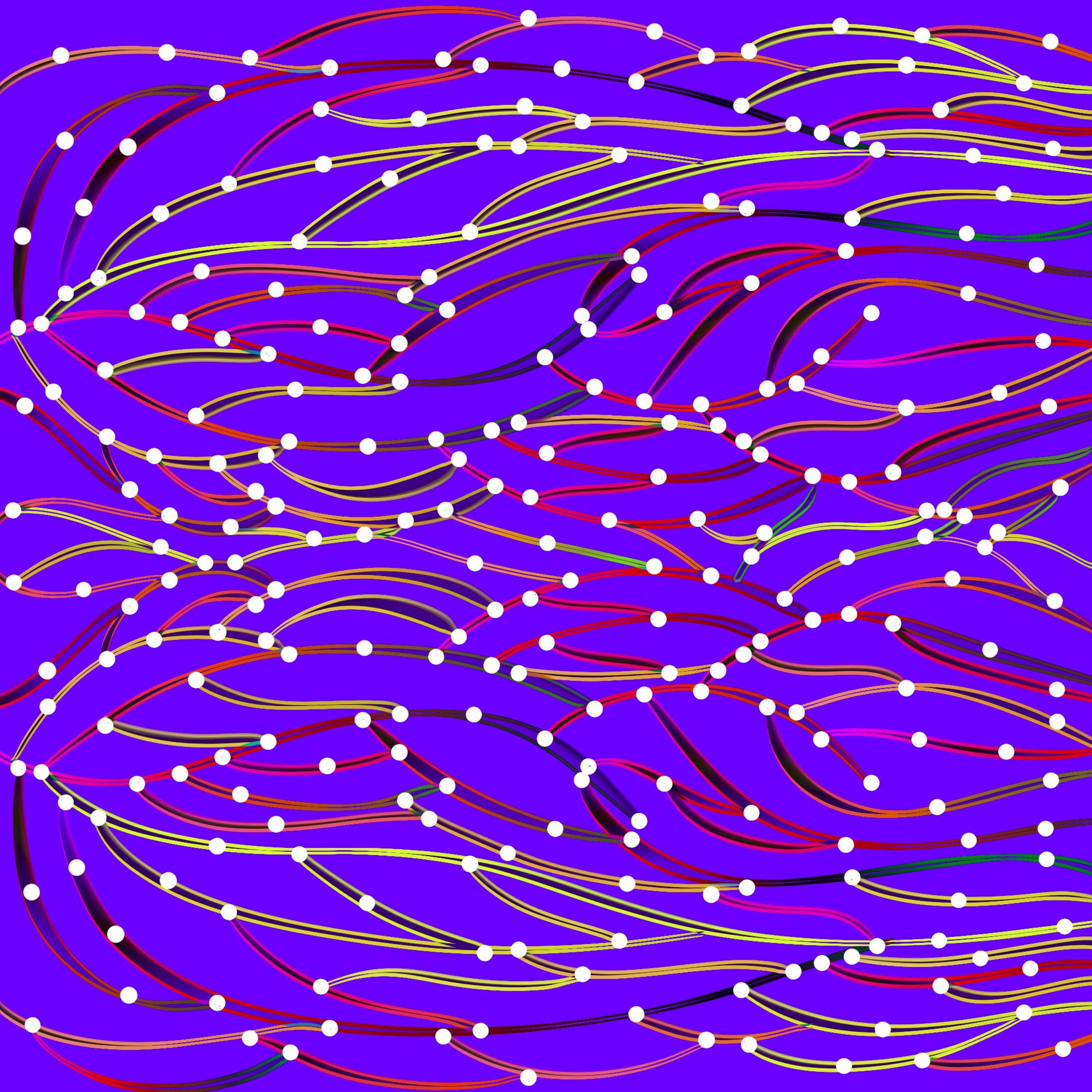
RadioBioDr. Orion WeinerIt can be hard to make decisions, but do you know that your cells makes decisions too? What is even more amazing is that we can actually watch cells do this. This week we discuss cells and how they communicate and understand each other with Dr. Orion Weiner from the UCSF Cardiovascular Research Institute.
2021-05-1822 min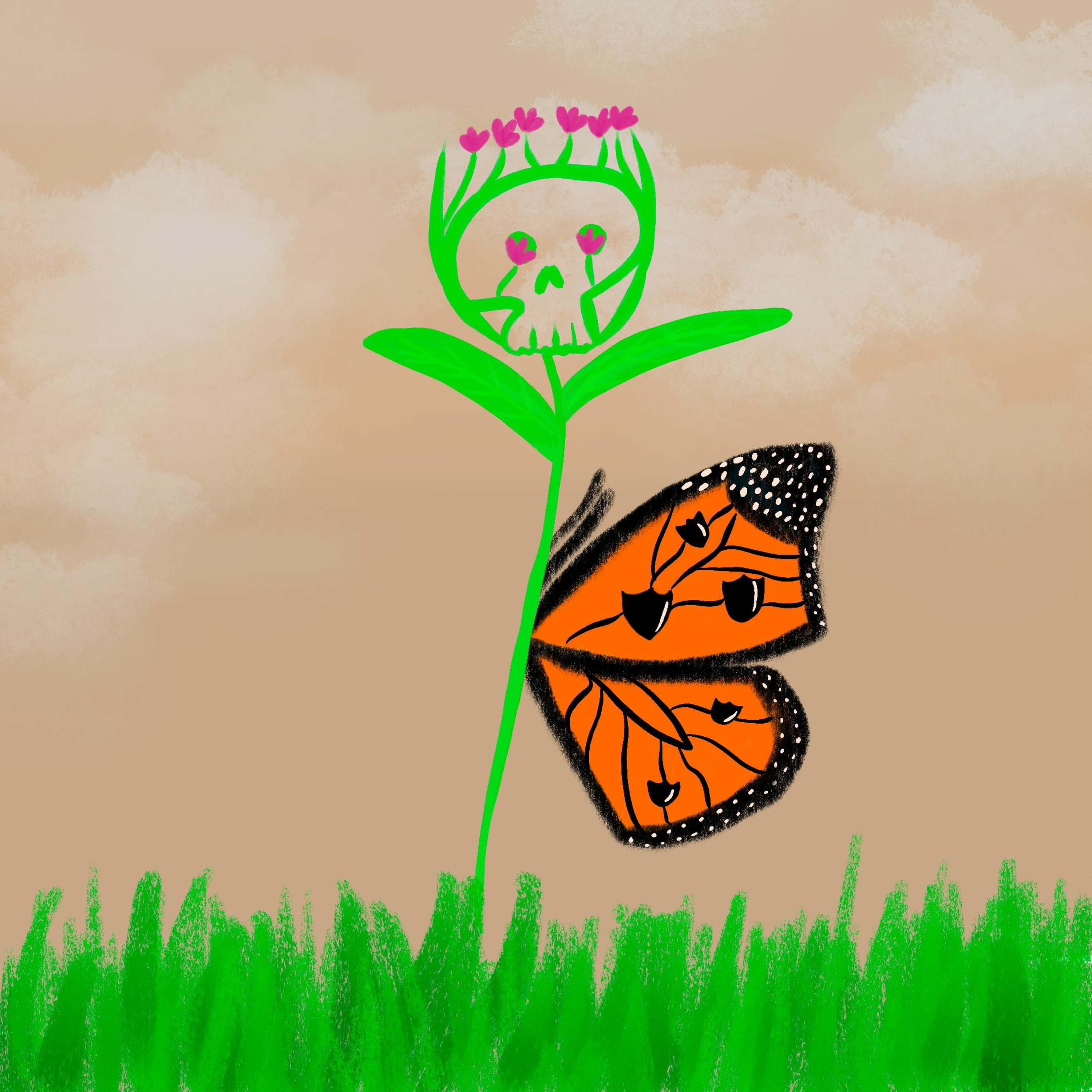
RadioBioDr. Noah Whiteman: Coevolution and InsectsHave you ever wondered what's the difference between a bug and an insect? Are spiders even an insect? Wait are lobsters and crabs related to bugs? Why do we even care about these insects and parasites? Well, we all know that bees are important for our food because they pollinate many of our plants that produce food for us, but insects have lead to many other discoveries. Did you know that many human genes that have been shaped by Darwinian evolution are genes that are involved with dealing with viruses and large parasites? Crazy right? Well today, we dive into D...
2021-04-2428 min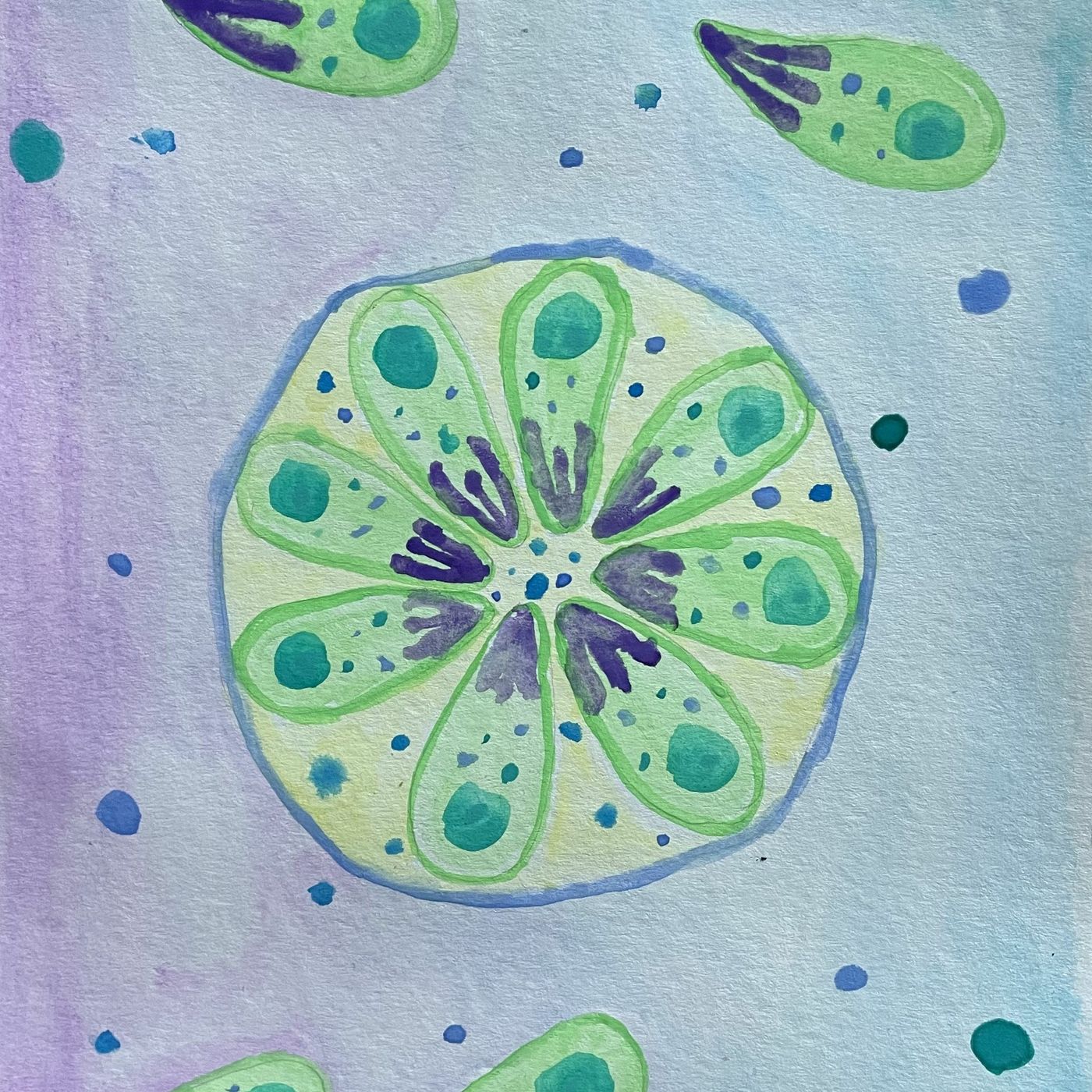
UC Merced presents RadioBioDr. Rima McLeodHave you ever wondered why pregnant women shouldn't change the litter box? How about why your meat should always be well cooked? Well, one of those reasons is Toxoplasma gondii. Over 2 billion people are infected with this brain parasite. However, our understanding of the effects of Toxoplasma on humans, especially on their brain are small. Almost as small as the parasite itself. This week on RadioBio, we discuss who gets this parasite, what we can do to prevent or treat it and an introduction into the research taking place to discover the role of this parasite in the body with...
2021-03-3024 min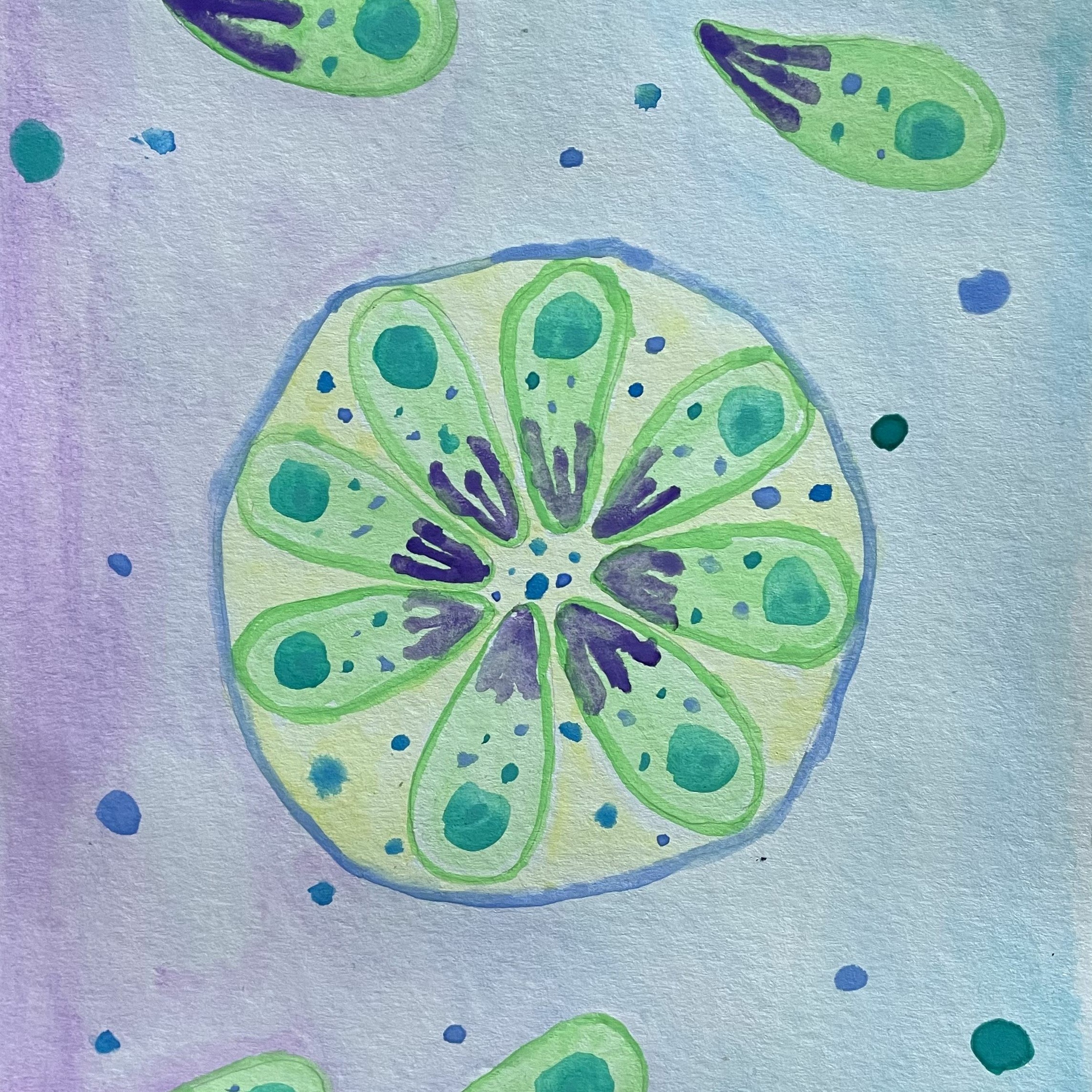
RadioBioDr. Rima McLeodHave you ever wondered why pregnant women shouldn't change the litter box? How about why your meat should always be well cooked? Well, one of those reasons is Toxoplasma gondii. Over 2 billion people are infected with this brain parasite. However, our understanding of the effects of Toxoplasma on humans, especially on their brain are small. Almost as small as the parasite itself. This week on RadioBio, we discuss who gets this parasite, what we can do to prevent or treat it and an introduction into the research taking place to discover the role of this parasite in the body with...
2021-03-3024 min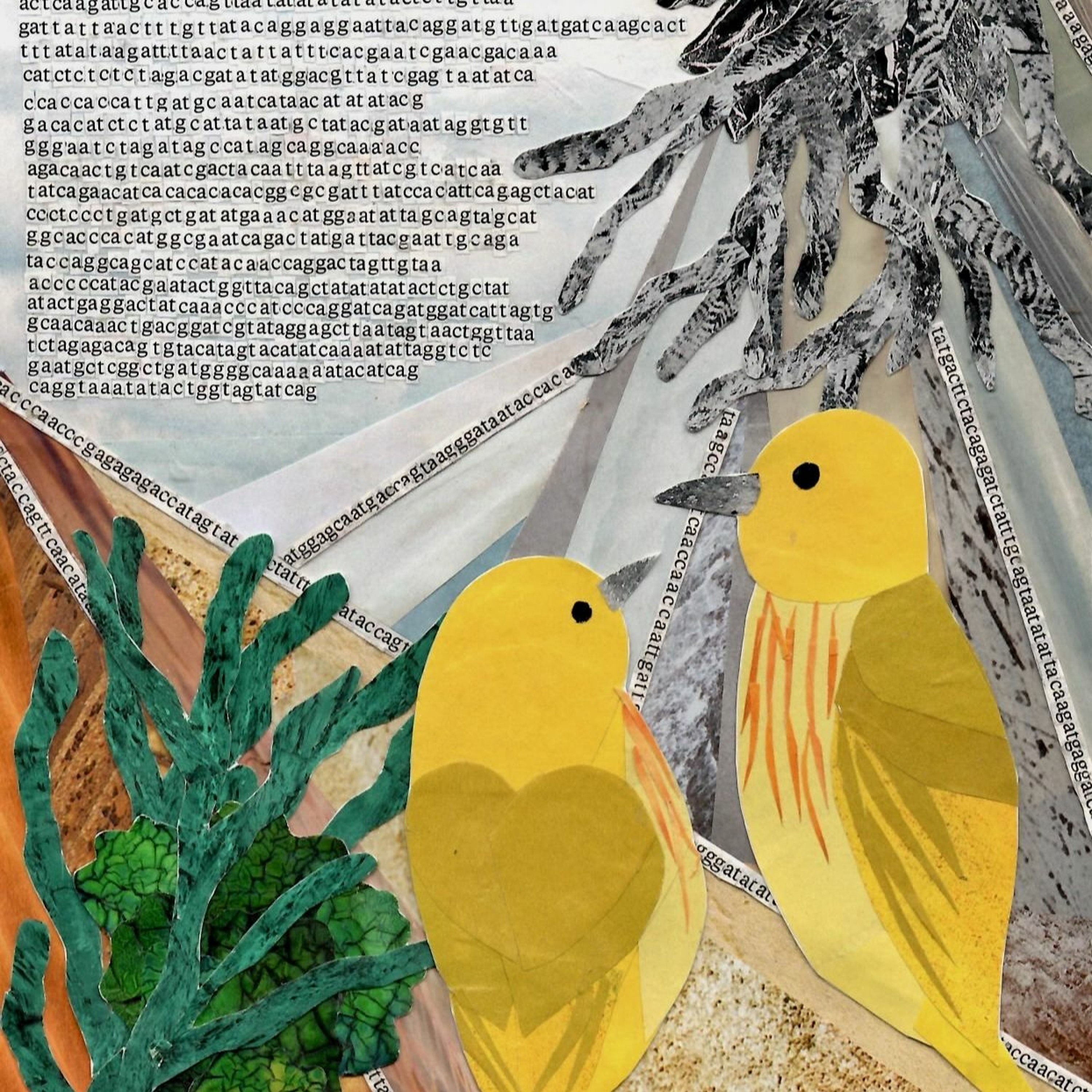
RadioBioDr. Rachel BayHumans might be the worlds greatest evolutionary force. From pollution to deforestation, human induced changes have a huge impact on the environment around us. But how are animals adapting to the changes in their environment? This week on RadioBio, we talk with Dr. Rachel Bay from the University of California, Davis about her work investigating evolutionary genomics in an ever-changing world.
2021-03-0924 min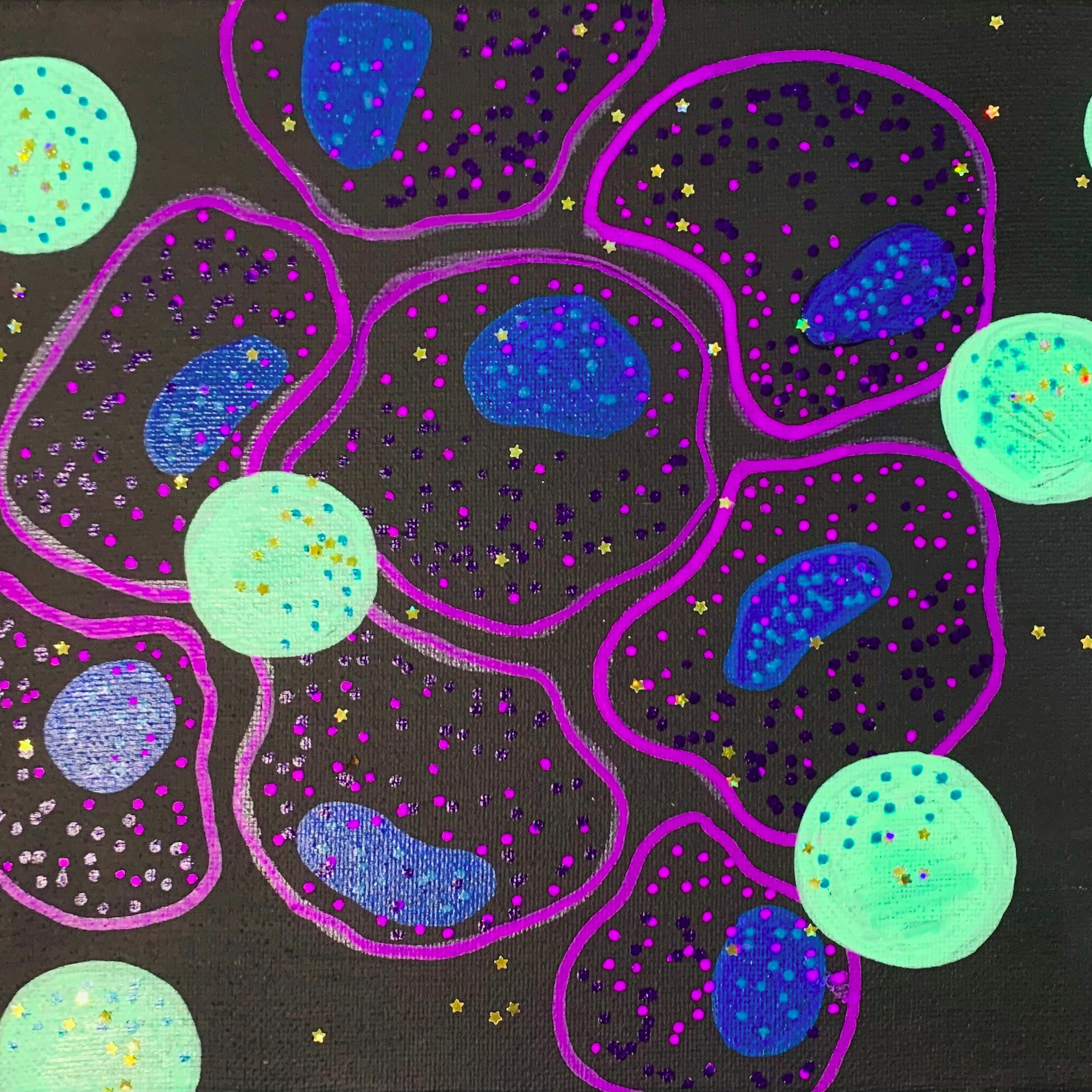
RadioBioRichard Locksley: Allergies and ImmunityAchoo! Ah, allergies, the first sign of spring or also a sign that the barista accidentally did make your coffee with whole milk instead of soy. But what is your body doing during an immune response? Particularly, an allergy immune response. And why are your cells causing you so much misery? Well, join us this week as we dive into the fascinating roles that our immune system plays during allergic responses with Dr. Richard Locksley.
2021-02-1926 min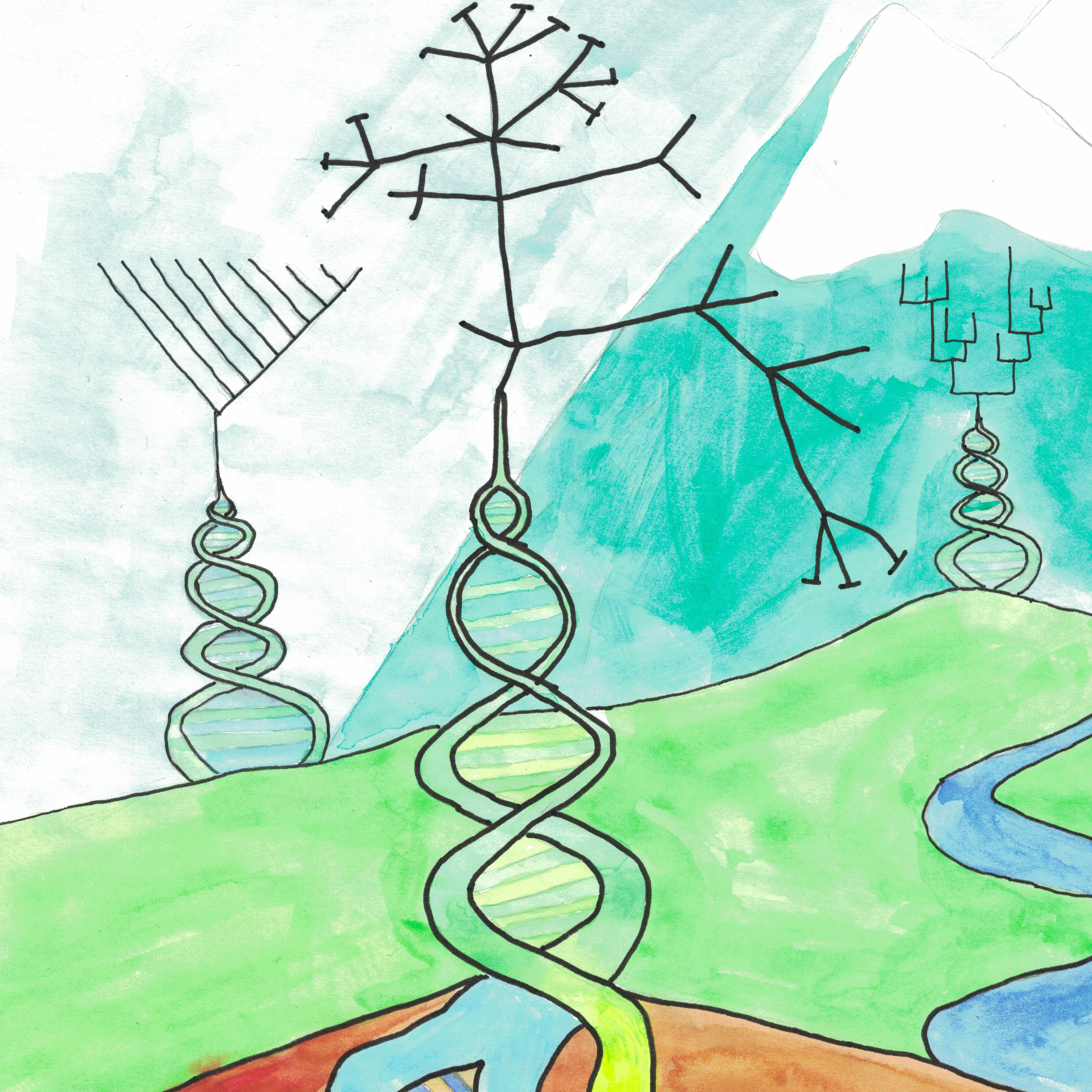
RadioBioDr. Rachel MeyerDNA is all over the place. It sheds from everything, everywhere, throughout time. What if you could just scoop it up and figure out what it is... well, we can! Environmental DNA, or eDNA, is DNA that's left over in the environment and is an important tool we can use to understand life as we know it. This week on RadioBio, we talk with Dr. Rachel Meyer from UC Santa Cruz all about eDNA-- how you collect it and what you can do with it, and even how you can get involved. This is RadioBio.
2021-02-0525 min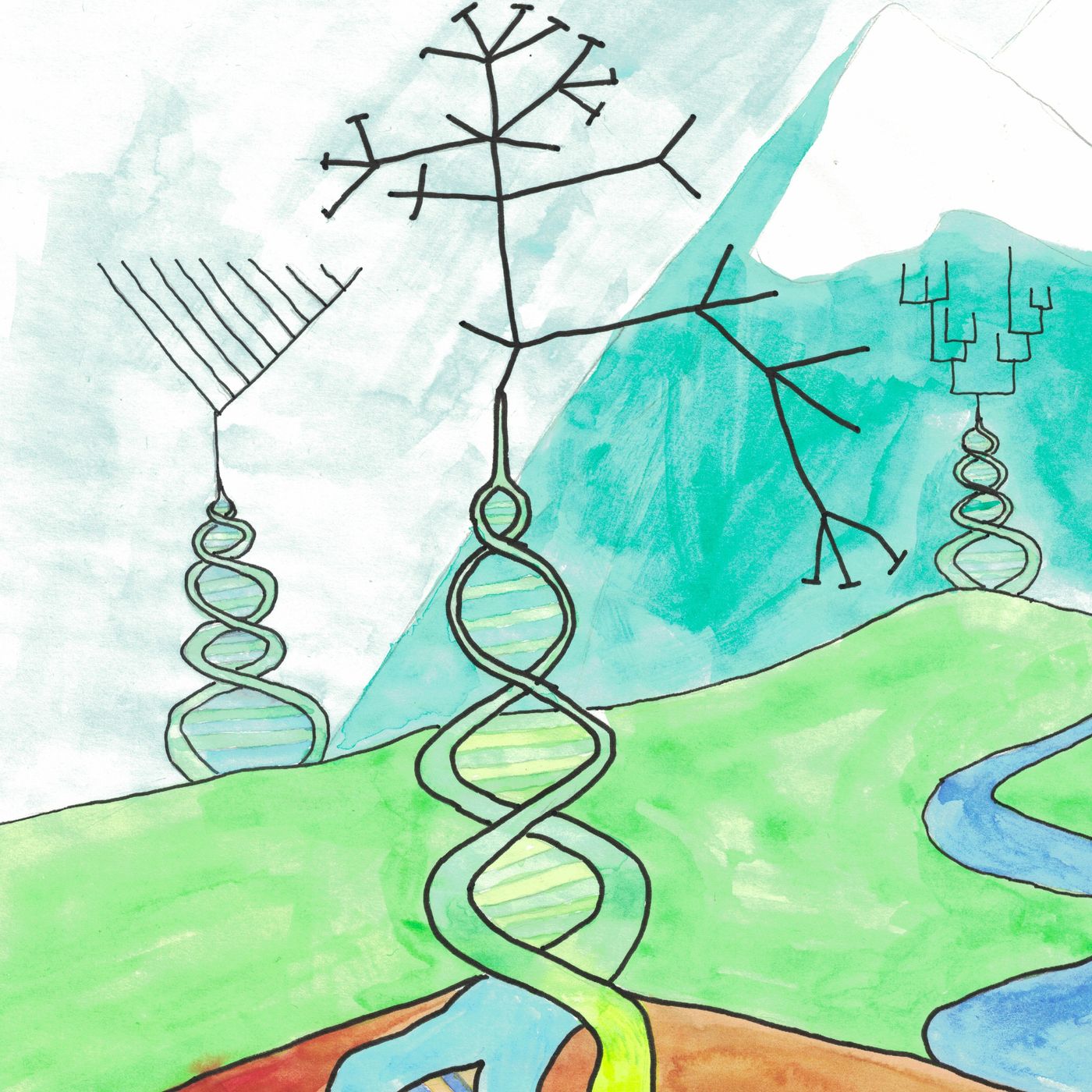
UC Merced presents RadioBioDr. Rachel MeyerDNA is all over the place. It sheds from everything, everywhere, throughout time. What if you could just scoop it up and figure out what it is... well, we can! Environmental DNA, or eDNA, is DNA that's left over in the environment and is an important tool we can use to understand life as we know it. This week on RadioBio, we talk with Dr. Rachel Meyer from UC Santa Cruz all about eDNA-- how you collect it and what you can do with it, and even how you can get involved. This is RadioBio.
2021-02-0525 min
Kulturtårnet på KnippelsbroRadiobio: Pitten på Radio LoudVelkommen til tårnets corona-radiobiograf.
I dette afsnit mødes jeg med Alexandra fra musikprogrammet Pitten på Radio Loud. Hun står bag et musikprogram, som hylder livemusikken, fansene på forreste række og de artister som står på scenen. Vi tog en snak om at blive headhuntet til sit drømmejob, om at måtte ændre på sit format i takt med restriktioner og om tålmodighed som kur mod selvtvivl.
Afsnittet er optaget før de nye restriktioner indtrådte i december.
2021-01-1731 min
Kulturtårnet på KnippelsbroRadiobio: Tintin PodcastVelkommen til tårnets corona-radiobiograf.
Normalt sidder vi tæt sammen i det lille tårn, lytter til radio og stiller spørgsmål til de mennesker, der står bag produktionerne. Det kan vi ikke nu. I stedet har vi produceret den her podcast, hvor vi møder producenter fra radio og podcast som gør os klogere på netop deres lydprojekt.
Du vil kunne høre rystelserne fra bussernes rejse over broen i mikrofonen og se havnebussen sejle op og ned ad kanalen, for alle afsnit er optaget i tårnet på Knippelsbro.
I dette afsnit mødes jeg med Lauge...
2020-12-3124 min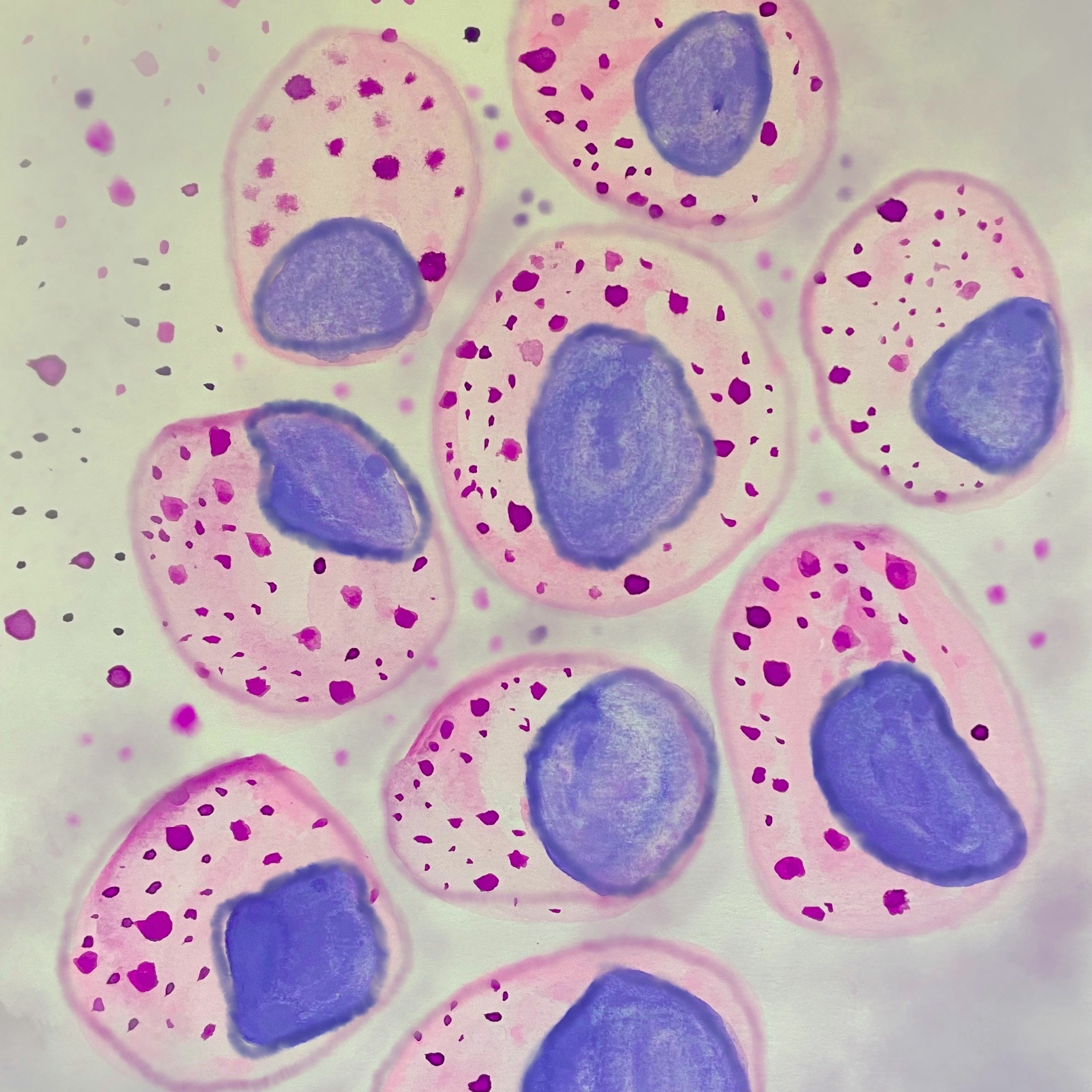
RadioBioDr. Devavani ChatterjeaSpring and Fall are often accompanied by a chorus of sneezes-- allergies are the bane of this beautiful time! Allergies, our immune system’s response to foreign substances, can be more than uncomfortable-- long term exposure to allergens can be linked to chronic pain. This week on RadioBio We talk with Dr. Devavani Chatterjea from McAlaster College about her work investigating the link between allergies and chronic pain.
2020-11-1325 min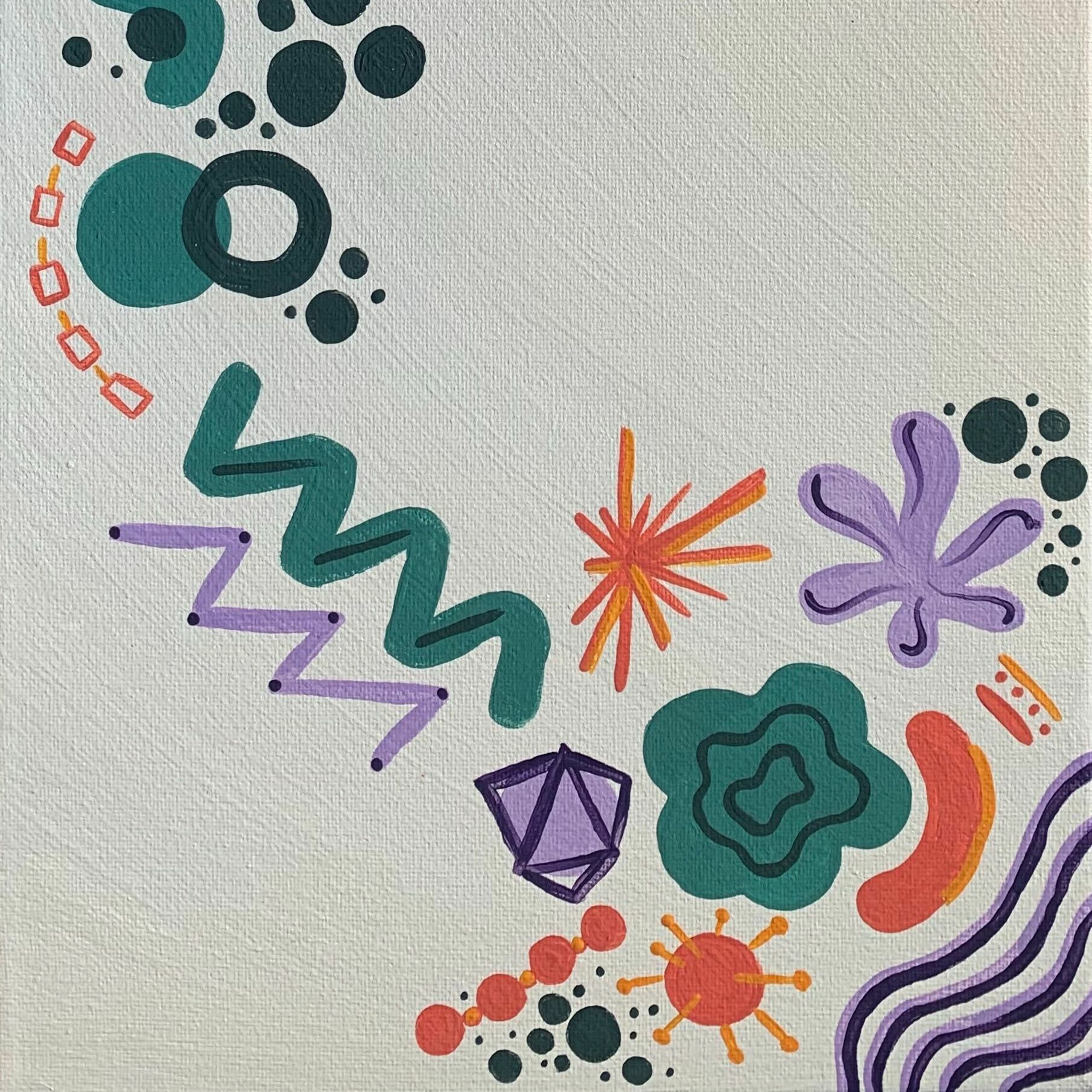
RadioBioFire and Fungi: Dr. Sydney GlassmanEver wonder what it takes for a forest to regenerate after a devastating wildfire? Turns out microscopic fungi in soils play a big role in that recovery. These fungi partner up with all kinds of plants, helping out in many environments and industries, from helping crops to flourish to restoring plant biodiversity. Join us as we discuss these topics and more with Dr. Sydney Glassman. This is RadioBio.
2020-10-3021 min
RadioBioDr. Roberto Andresen Eguiluz: Molecular Machines and MechanismsFrom gummy bears to cars we learn the importance of adhesion and lubricants for everyday life. Whether you're a muscle on a rock trying to hold on during high tide, or you're a runner and relying on the lubricants to keep your knees moving. The research that is conducted to understand these phenomenon can help us fix issues in health care that many of us suffer from, such as arthritis or joint damage from injuries. Today, we will explore the concepts of adhesion and lubricants that are all around us with this weeks guest Dr. R. A. Eguiluz. This is R...
2020-10-1627 min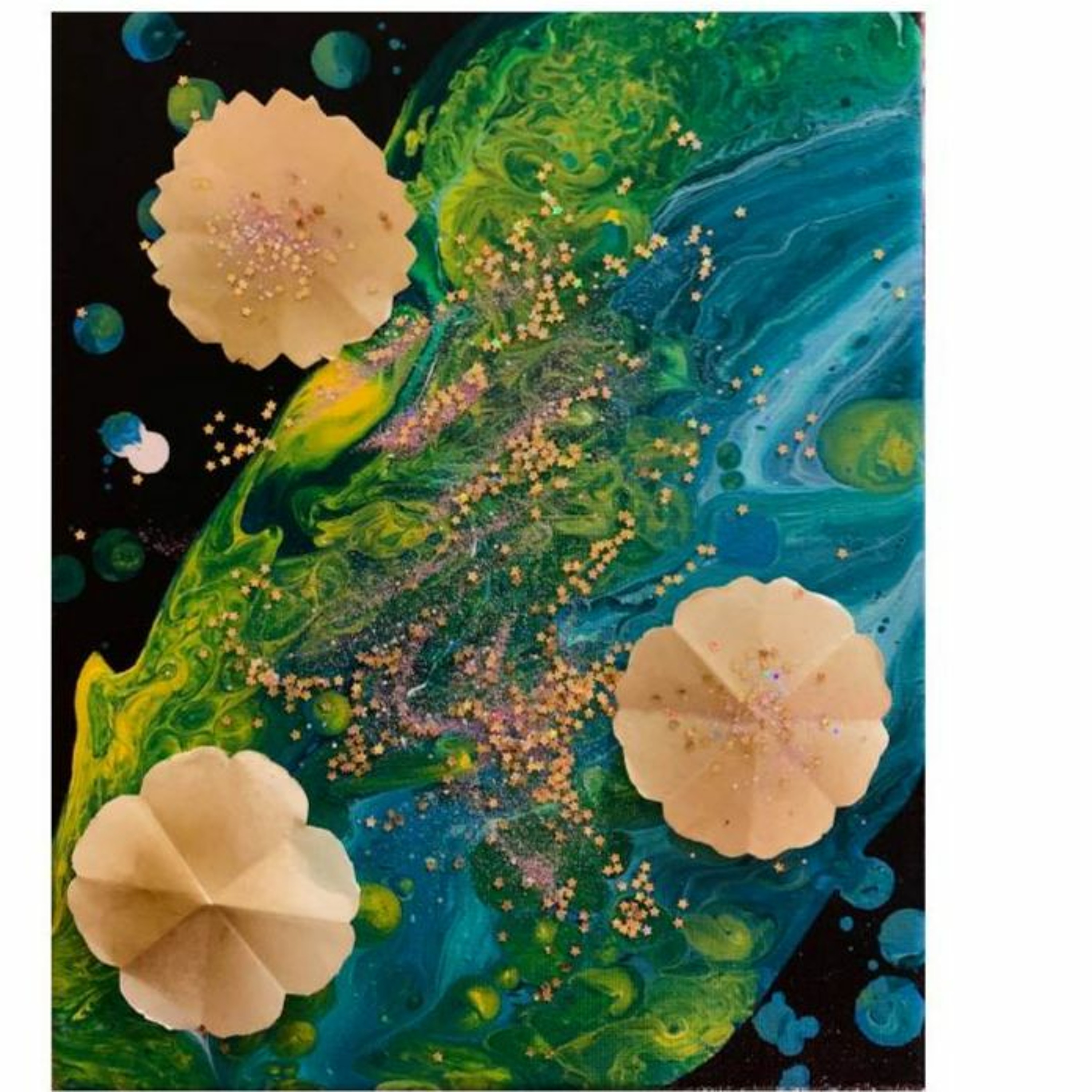
RadioBioDr. Roberta PelandaThe immune system is complex, full of lairs of communication and strict regulation, all to keep us healthy and alive. But what happens when those checkpoints break down? In this weeks episode, we learn about how B-cells can turn against us and what that means. We talk to Dr. Roberta Polenda from University Colorado, Denver about her research on this subject.
2020-10-0224 min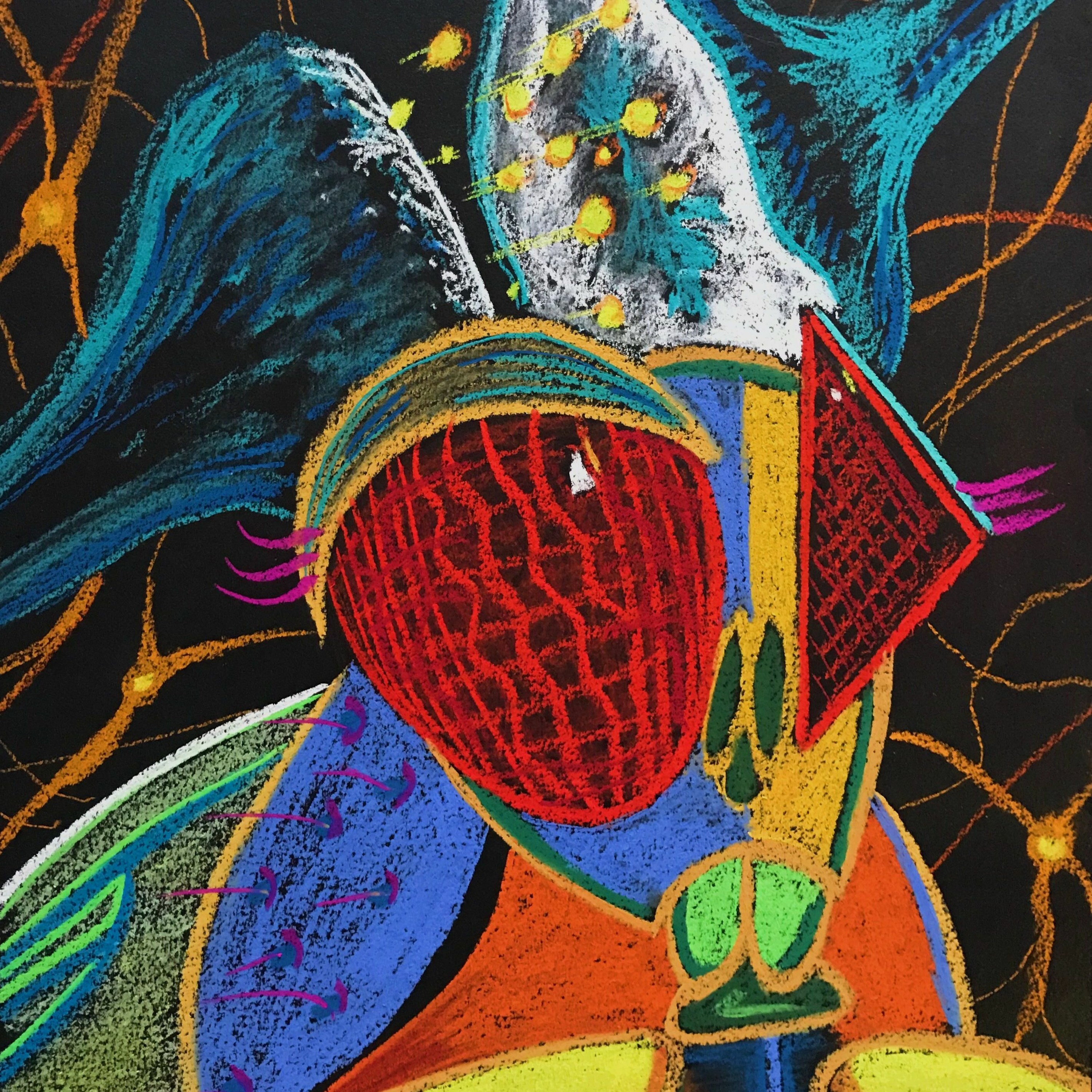
RadioBioHomeostatic Regulation in the Brain: Dr. Dion DickmanHave you ever thought about brains? Our brains are seriously important, that's not news, but how do they actually work? There is a delicate balance between order and chaos. RadioBio this week is all about stability in the brain. Hopefully by the end you'll know a little bit more about how your brain works!
2020-05-1525 min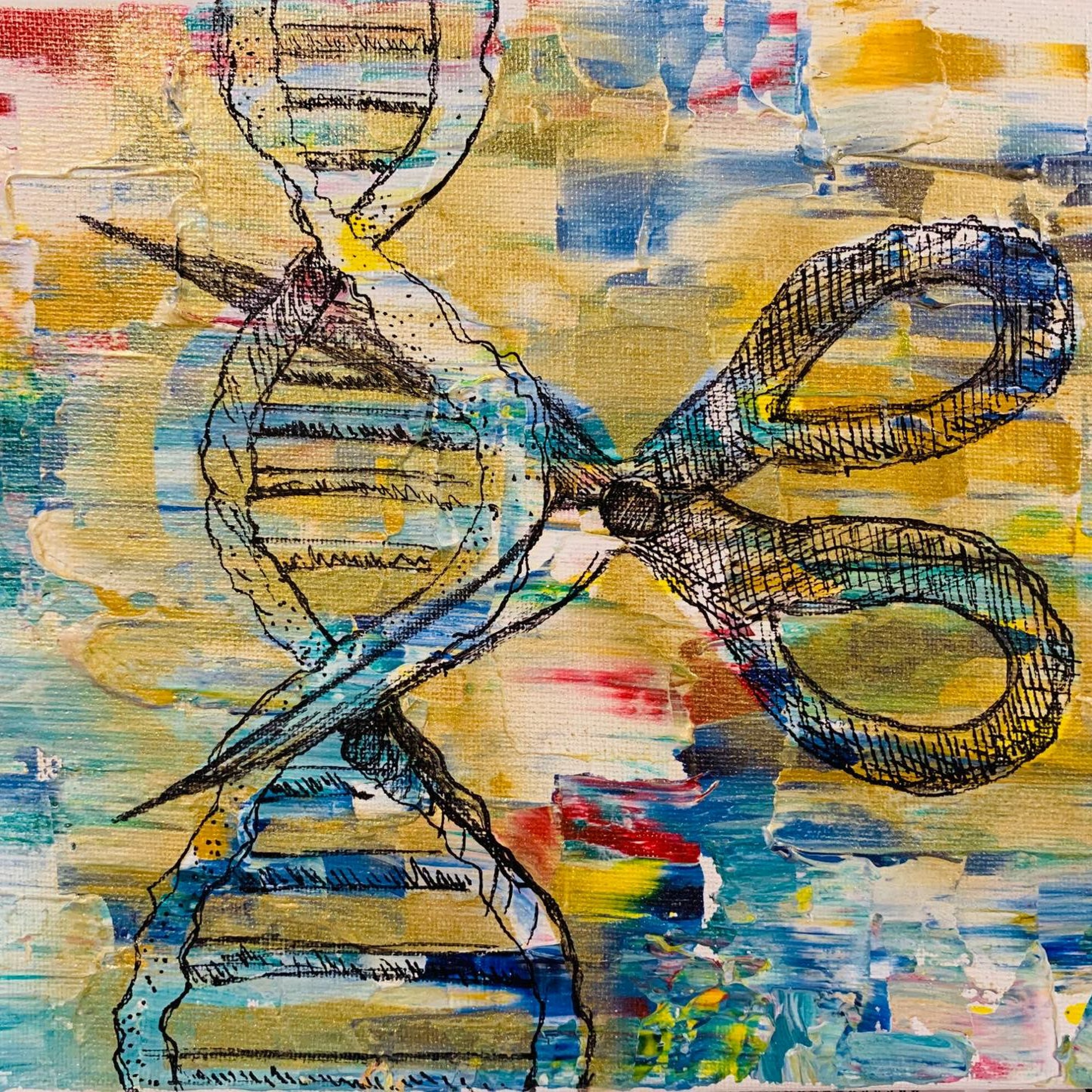
RadioBioThe Good, The Bad, and The Embryos: CRISPR with Dr. Joe Bondy-DenomyCRISPR. You may have heard about it in the news. It's arguably the biggest discovery of the 21st century, and could possibly be a cure for some of the genetic disorders that have plagued humans throughout our history. It was initially identified in the early 1990s and more recently it was discovered to be the immune system used by bacteria to fight off viral infections. Until recently there were no known mechanism for inhibiting the infections caused by these bacteria-infecting viruses. Dr. Joe Bondy-Denomy is a leader in the CRISPR field and discovered anti-CRISPRS, the system used by viruses to h...
2020-05-0117 min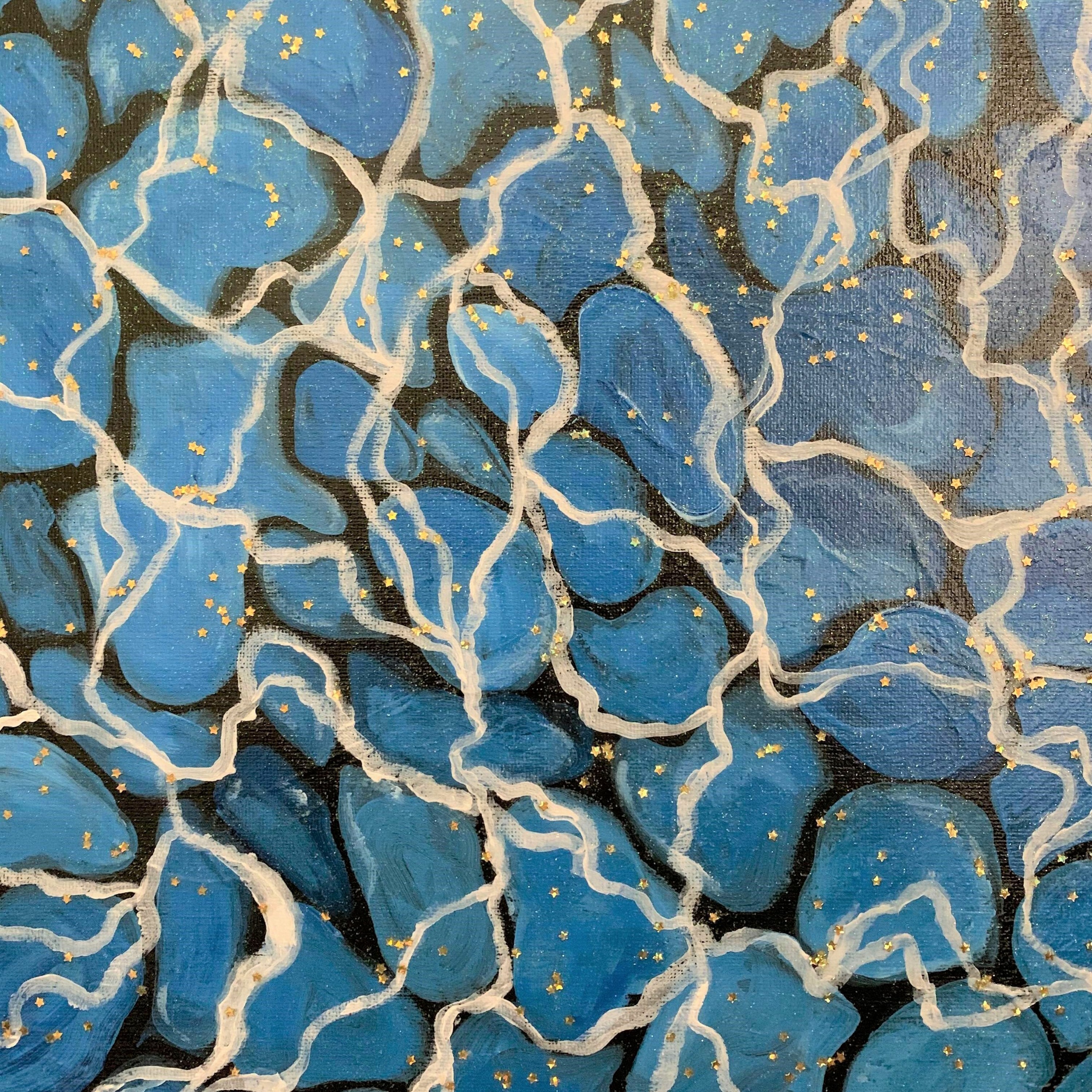
RadioBioARC, A Gene to Remember: Dr Jason ShepherdHave you ever been curious about how our brains "learn" and why only somethings seem to "stick" and others seem to fade away as time goes on? I know I have. How are memories stored? Today we are going to explore the brain's amazing ability to learn and store information over a lifetime, as well as a recently discovered mechanism of neuronal communication that resembles the life-cycle of retroviruses.
2020-04-1622 min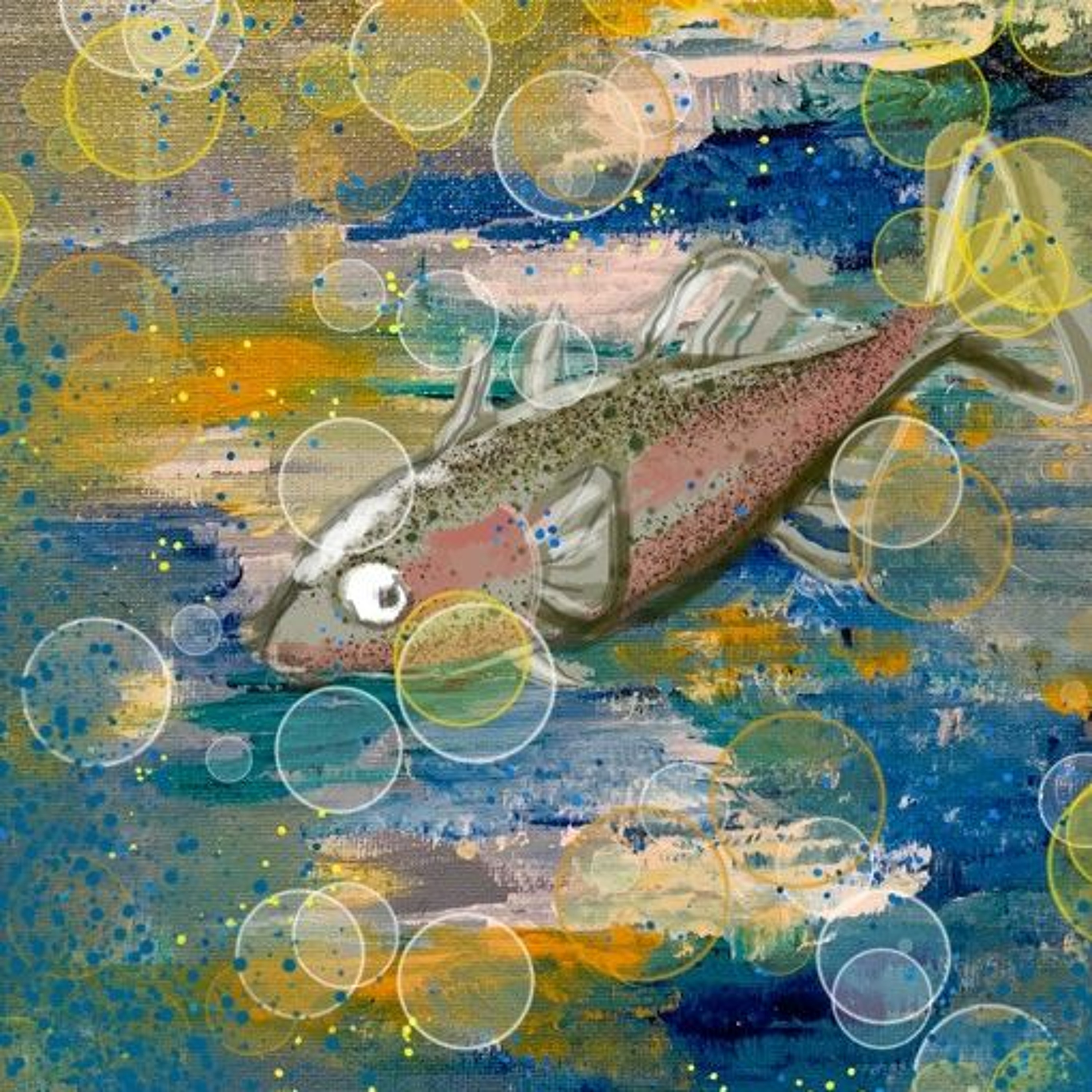
RadioBioImmunity by Community: Dr. Kathryn Milligan-MyhreYou and I .... are completely different.... Not just because we like different music or have different parents, but because we are more than individuals. We contains multitudes of microbial communities and, believe it or not, my community is different than yours. Today, we are talking with Dr. Kathryn Milligan-Mhyre about her research into how microbes associate with hosts and how those microbes change over time
2020-04-0120 min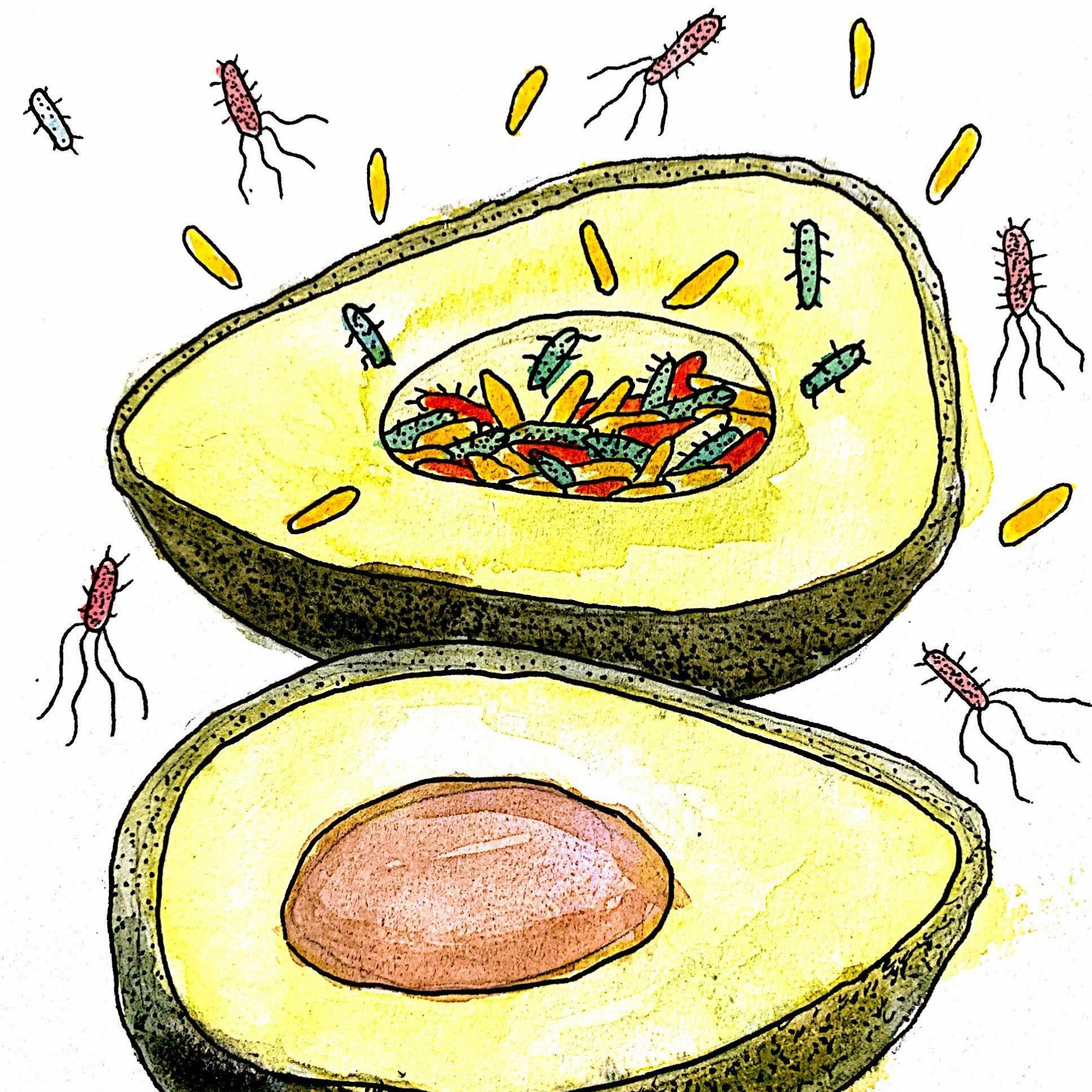
RadioBioTracking Foodborne Pathogens: Dr. Ruth TimmeDo you grow your own food or butcher your own meat? Many of us don't. We get our food from a lot of different places in our modern society and we have a global network of food import and export. But what happens when there is contamination in our food supply? How do we know where the contamination is coming from when our food is coming from all over the place? Join us as we find out how we can use genomic data to explore this issue in this episode of RadioBio.
2020-03-1222 min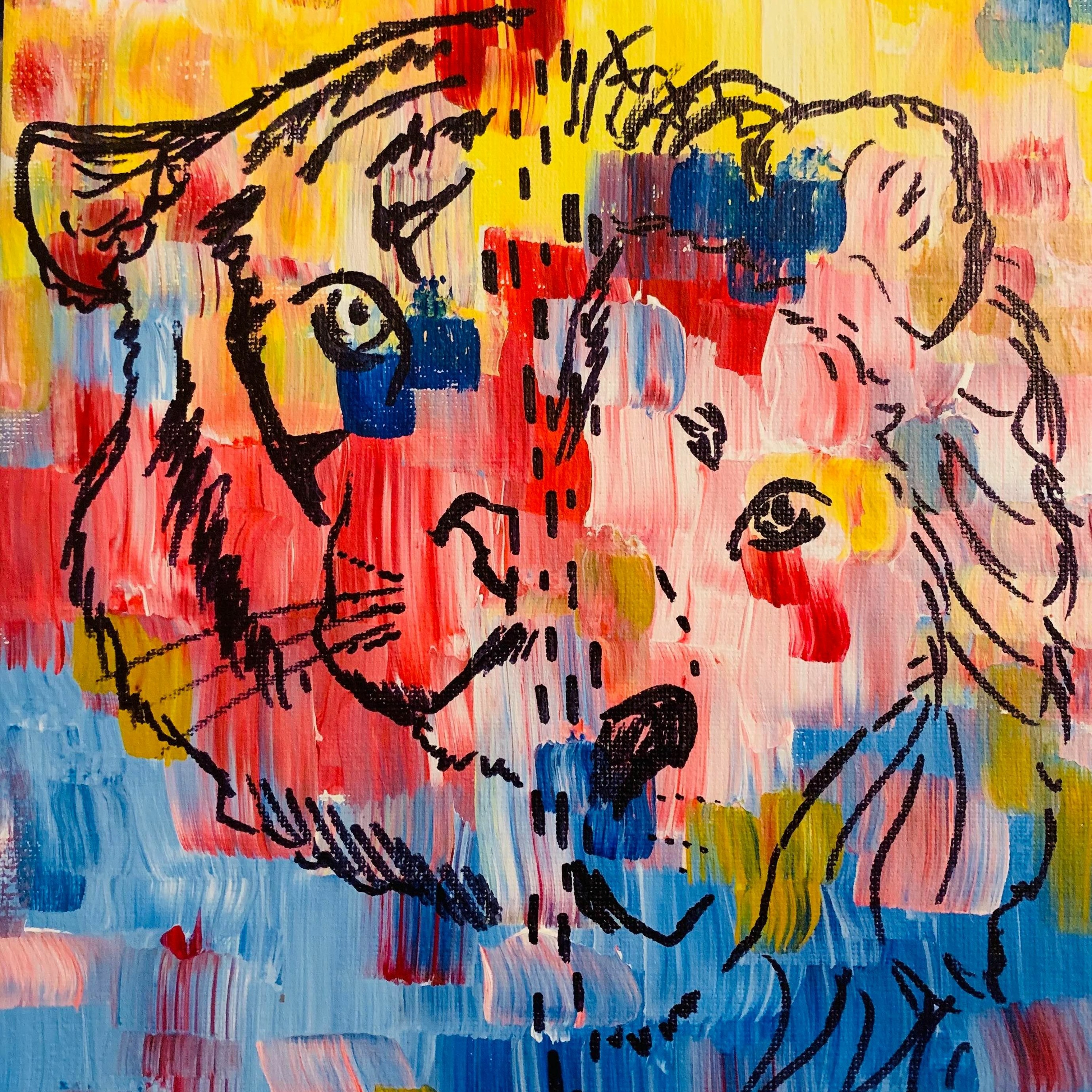
RadioBioThe Genomic Saga Within: Dr. Nitin PhadnisHave you ever thought about how weird hybrids actually are? Some hybrids seem to be a contradiction: they can't reproduce! How could nature allow this? Today we discuss the evolutionary conflict of speciation, hybrids, and sterility.
2020-02-1322 min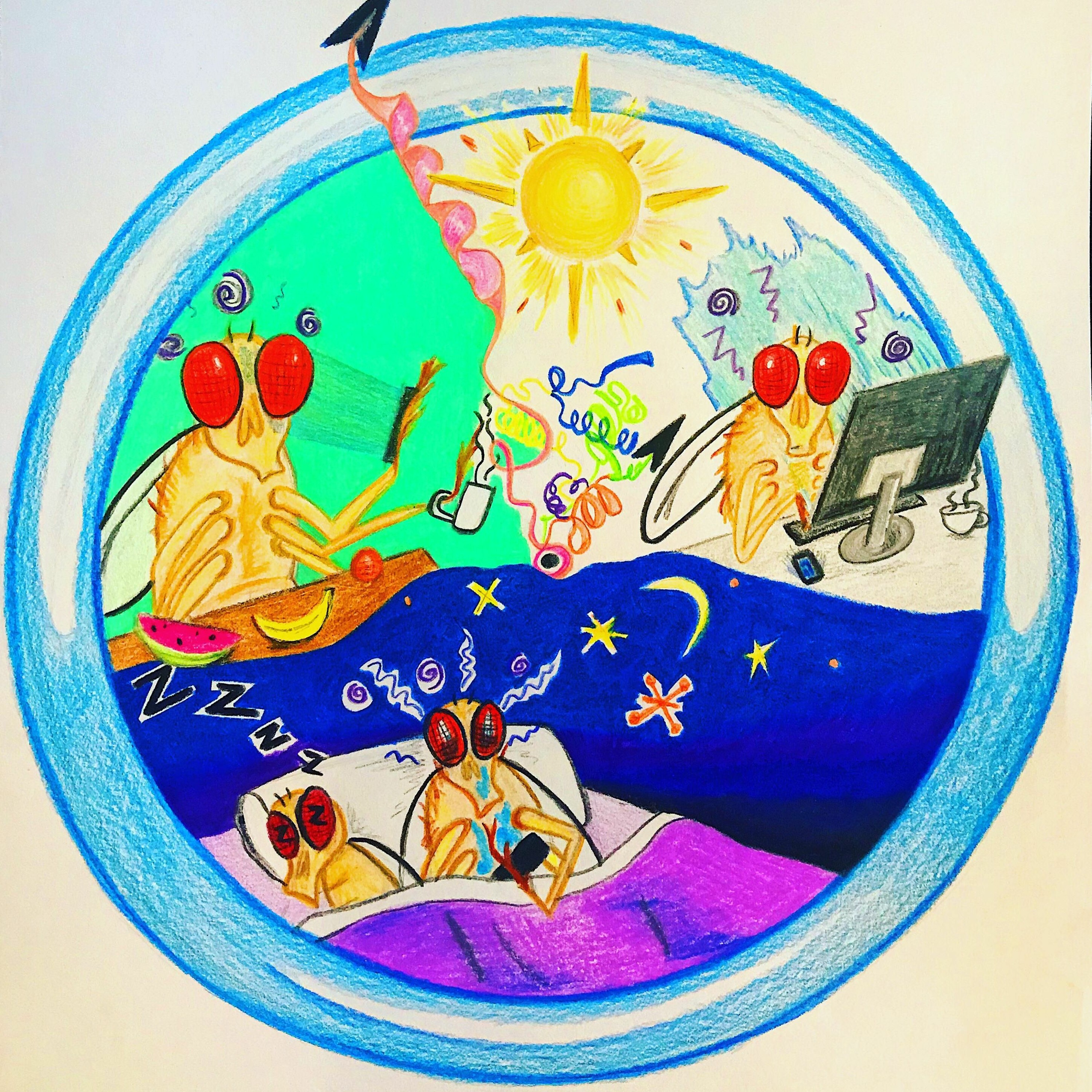
RadioBioFrom Molecules to Behavior: Dr. Todd HolmesHave you ever thought about how light affects your behavior on a day to day basis? Now think about how light would affect you on a molecular scale? Molecules have a direct influence on behavior from sleep cycles to depression and motivation. Today we discuss molecules, how they affect animal behavior, and the origins of such an intimate relationship in molecular biology.
2019-12-1221 min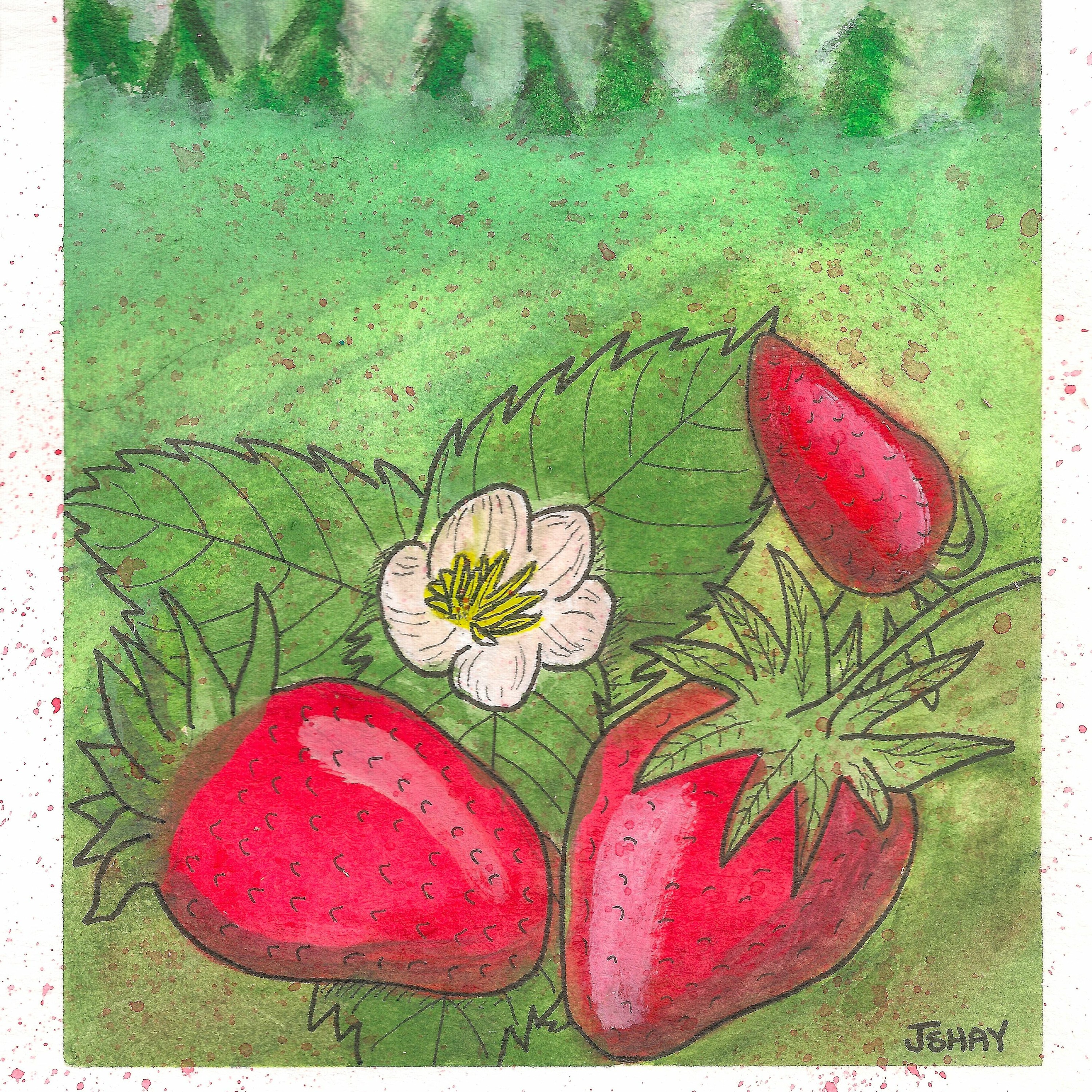
RadioBioThe Pulse of Plants: Dr. Sara BaguskasIt's getting warmer and drier, but there may be an untapped natural resource that can offer fresh water: fog! Fog is more than just one way your beach day can be ruined-- Coastal fog has the potential to be a major contributor to future sustainable agricultural practices. Today we discuss fog and its impact on crops in California.
2019-11-2920 min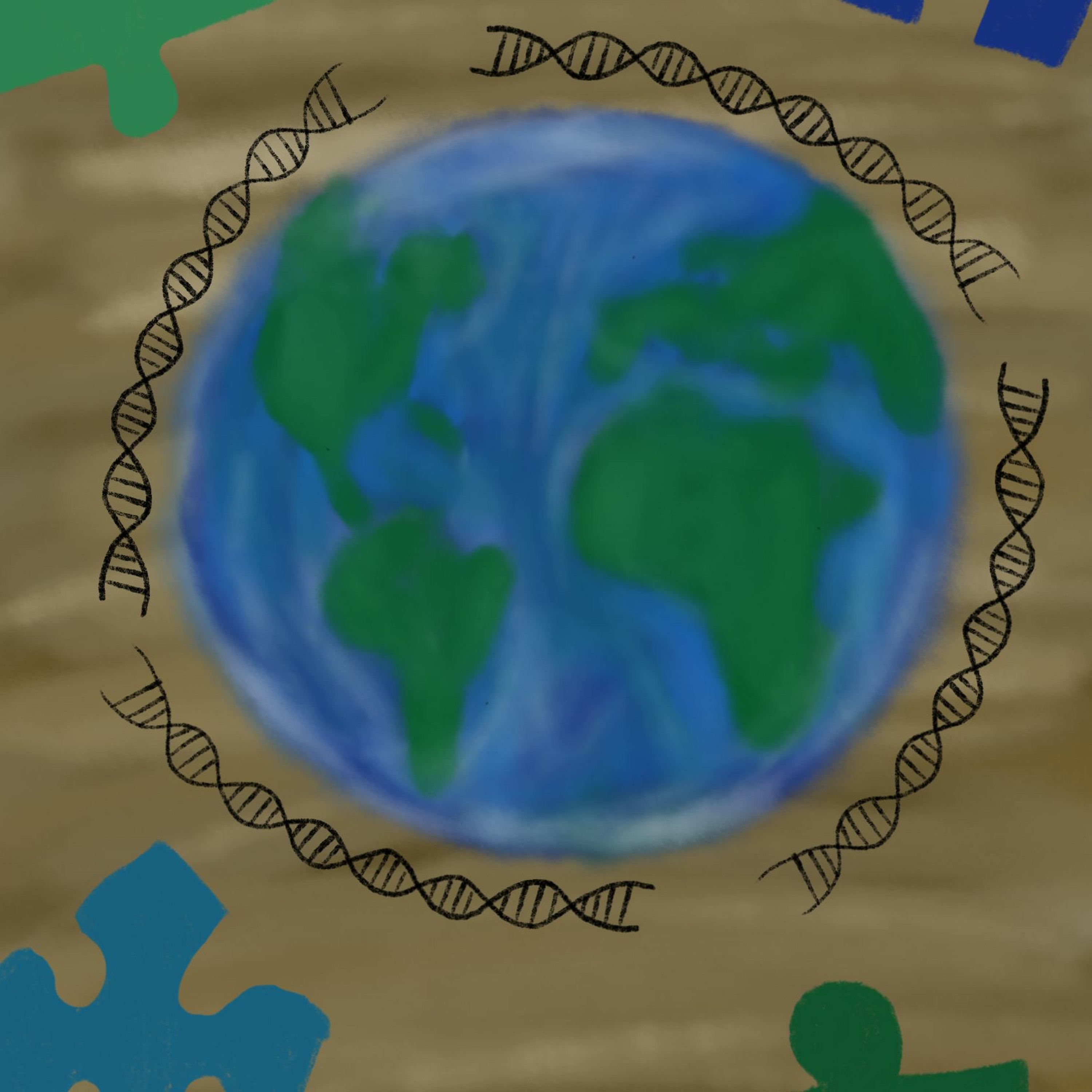
RadioBioScience Abroad and Home: International Education Week StoriesThis week is a special edition of RadioBio, put on for UC Merced's International Education Week. In this episode, we hear from five different researchers and their unique experiences with international research: Dr. Asmeret Asefaw Berhe, Dr. Felipe Zapata, Dr. Gregory Mutumi, Dr. Samuel Wasser, and Dr. Teamrat Ghezzehei. From soil science to conservation biology to everything in between! Each story highlights the various ways we can be inspired by the world around us, and how science reaches beyond physical and political boundaries. Join us, as listening to life, goes international!
2019-11-1531 min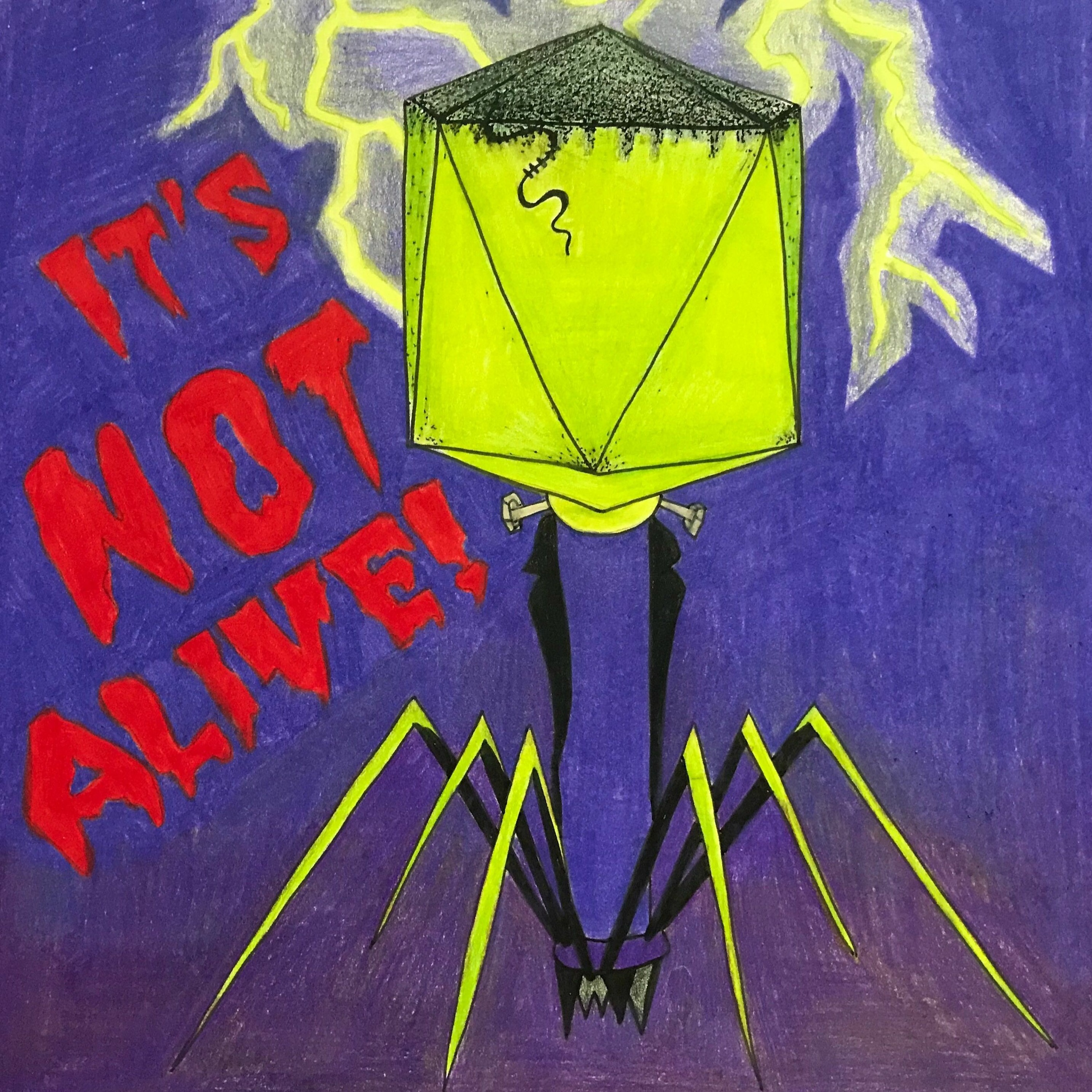
RadioBioDr. Joanne Emerson: Underground VirusesWhat is a virus? Why are they important? Viruses can cause disease and mortality, and they also significantly influence ecosystem ecology and environmental chemistry. Today we discuss viruses and their role in biogeochemical cycles and agricultural systems with Dr. Joanne Emerson from UC Davis.
2019-10-3125 min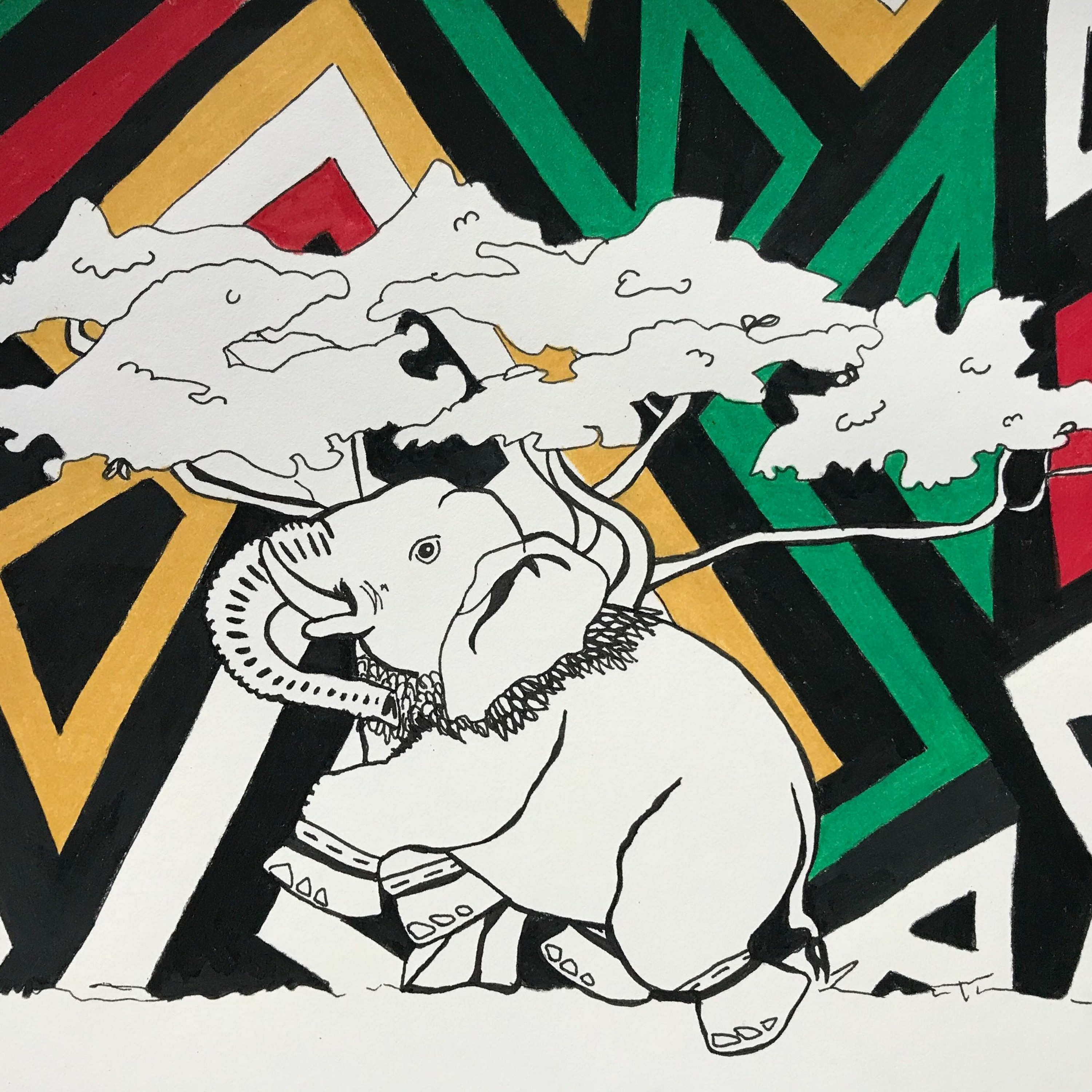
RadioBioDr. Samuel Wasser: Guru of DoodooHere's a riddle for you, what is something that stays behind in an environment after an animal is long gone? The answer is... POOP! What if we could use poop to study animals that would otherwise be difficult to track down? Well, Dr. Sam Wasser does just that. This week on Radiobio, we talk with Dr. Wasser from the University of Washington about how he uses poop to better understand animal populations with implications from tracking poachers to tracking whales.
2019-10-1725 min
RadioBioDr. Ned Wingreen: How Matter BehavesMatter in a random universe. How does it behave? Can we predict it? When physics meets biology, this intersection between two disciplines can crack some major gaps in our understanding of how matter transforms from one state to another. Today we discuss proteins that change their physical state and the theory that goes into understanding this state change.
2019-10-0428 min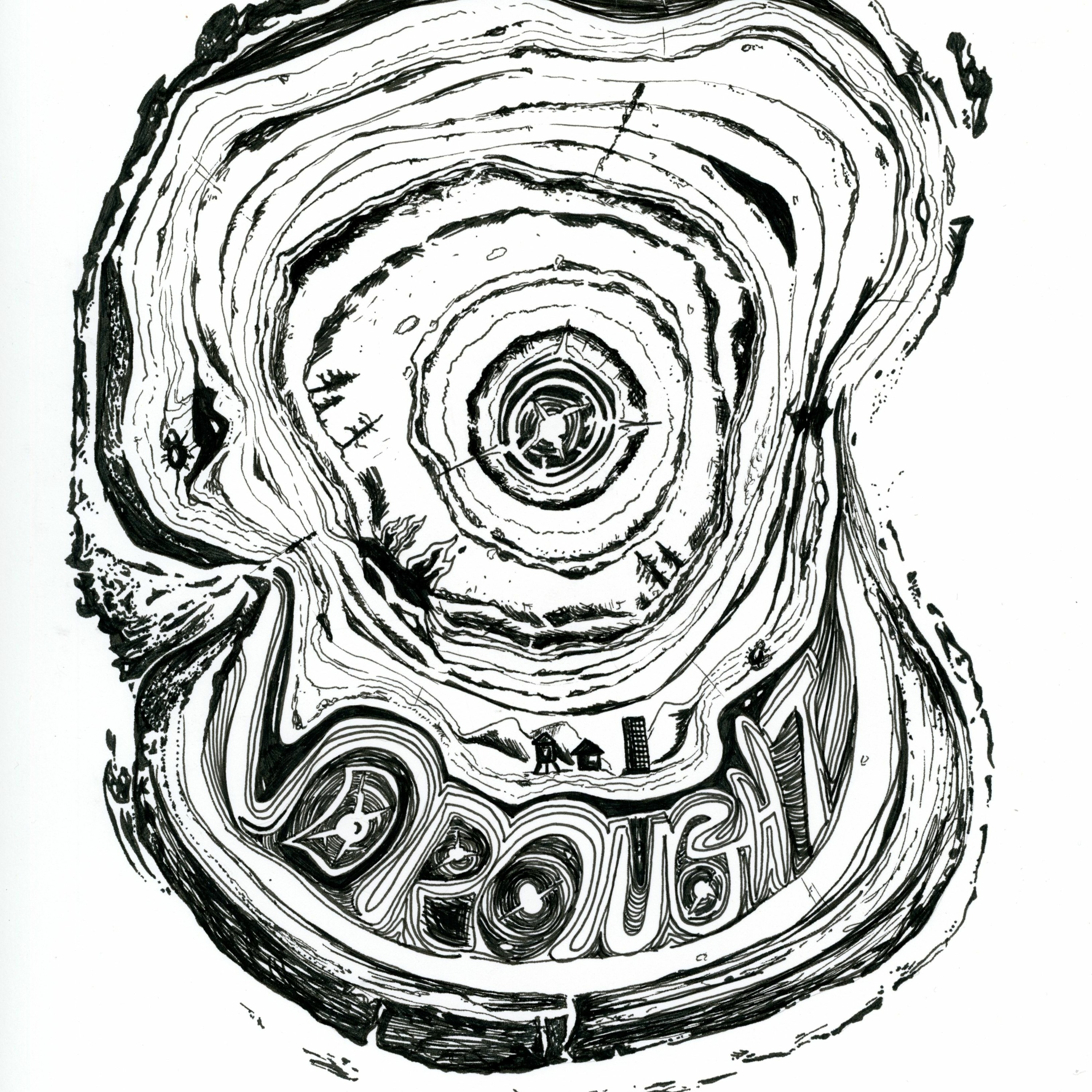
RadioBioRadioBio Dispatches: Drought in CaliforniaWater. It is one of the basic requirements of life as we know it, especially in California. The Washoe people of California's Sierra Nevada mountains believe that all water bodies contain water spirits known as water babies that dictate if you will catch fish or if the river will run dry. And these beliefs are founded in the reality of water's significance...the Sierra Nevada mountains are the reservoir of California, with more than 60% of the state's water originating in the mountains. Our history, our economy, our entire being is tied to how much water falls on these mountains. But...
2019-09-2035 min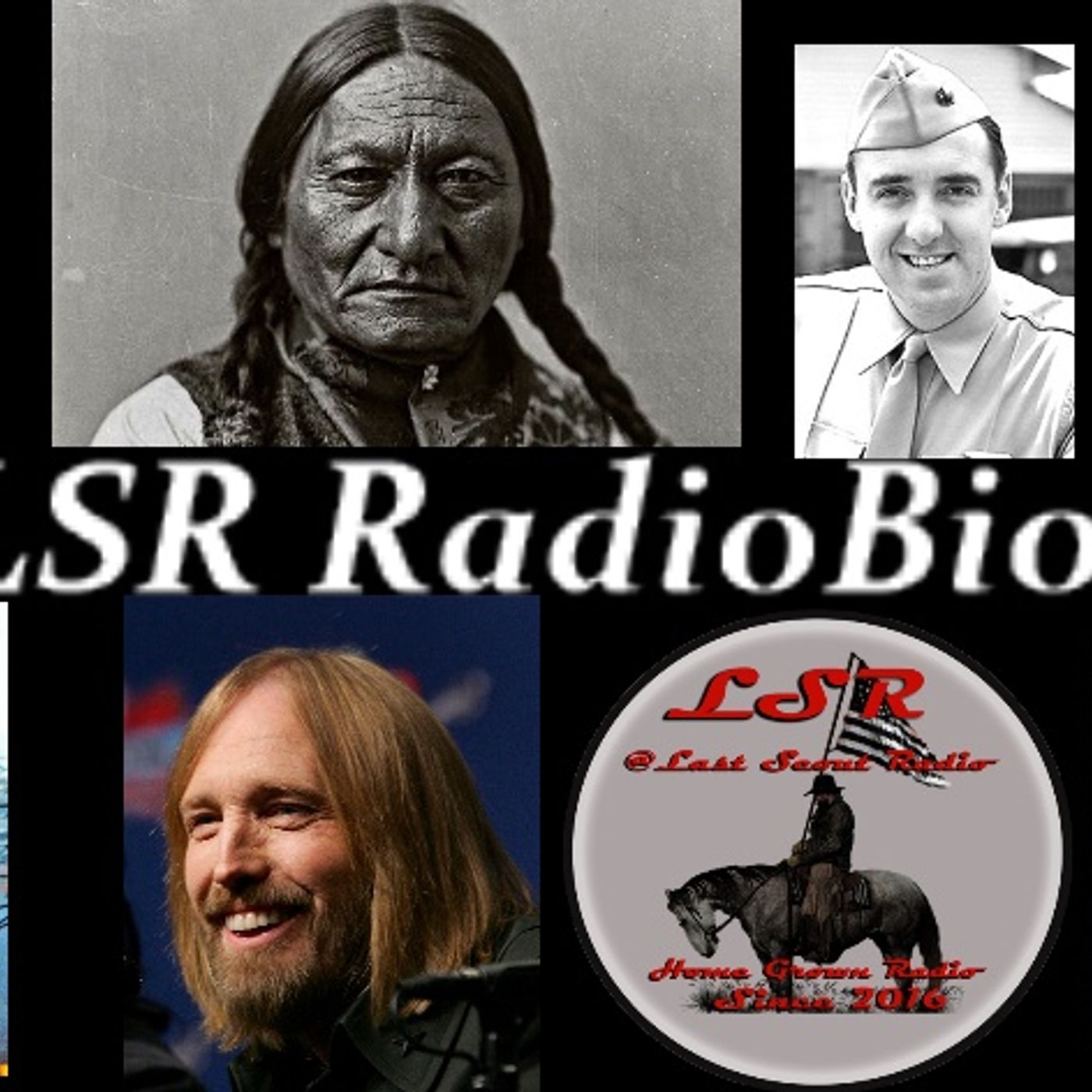
LSR "Life's Stories"LSR RadioBio; Calamity Jane & Wyatt EarpThe Biography of two of the most colorful people in the history of the OLD WEST....Making Radio Great Again....
2019-05-051h 51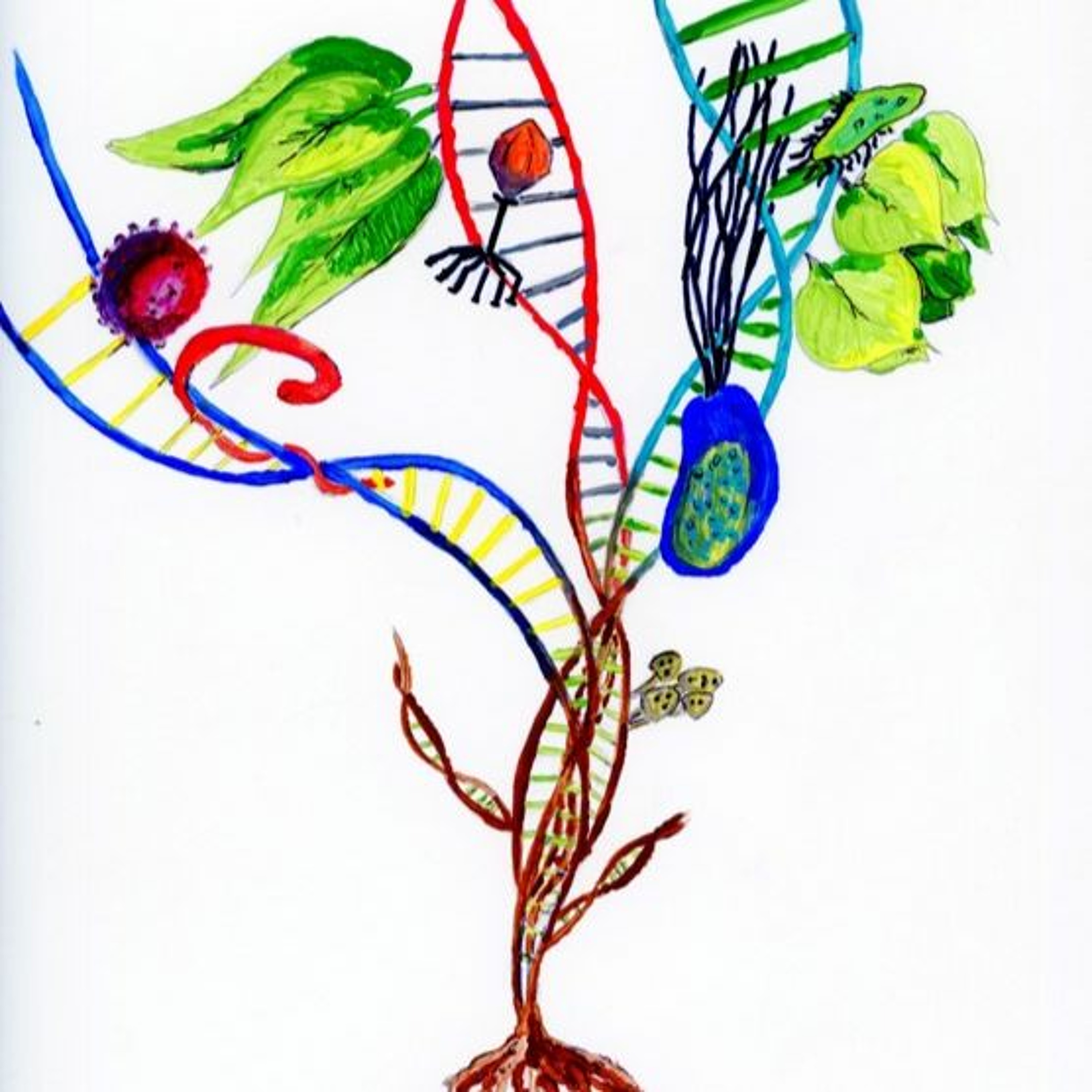
RadioBioRadioBio Interviews Dr. Eric DelwartHow do you search for a virus? Even worst, how do you search for a virus's DNA? A virus you've never seen before and have no clue what it looks like! If you think of one of your cells as the size of a baseball stadium, a virus would about the size of a baseball. You could try a targeted approach by sequencing your best, educated guesses but with metagenomics you can sequence everything but the kitchen sink. This week we talk small viruses and big data with Dr. Eric Delwart.
2019-05-0320 min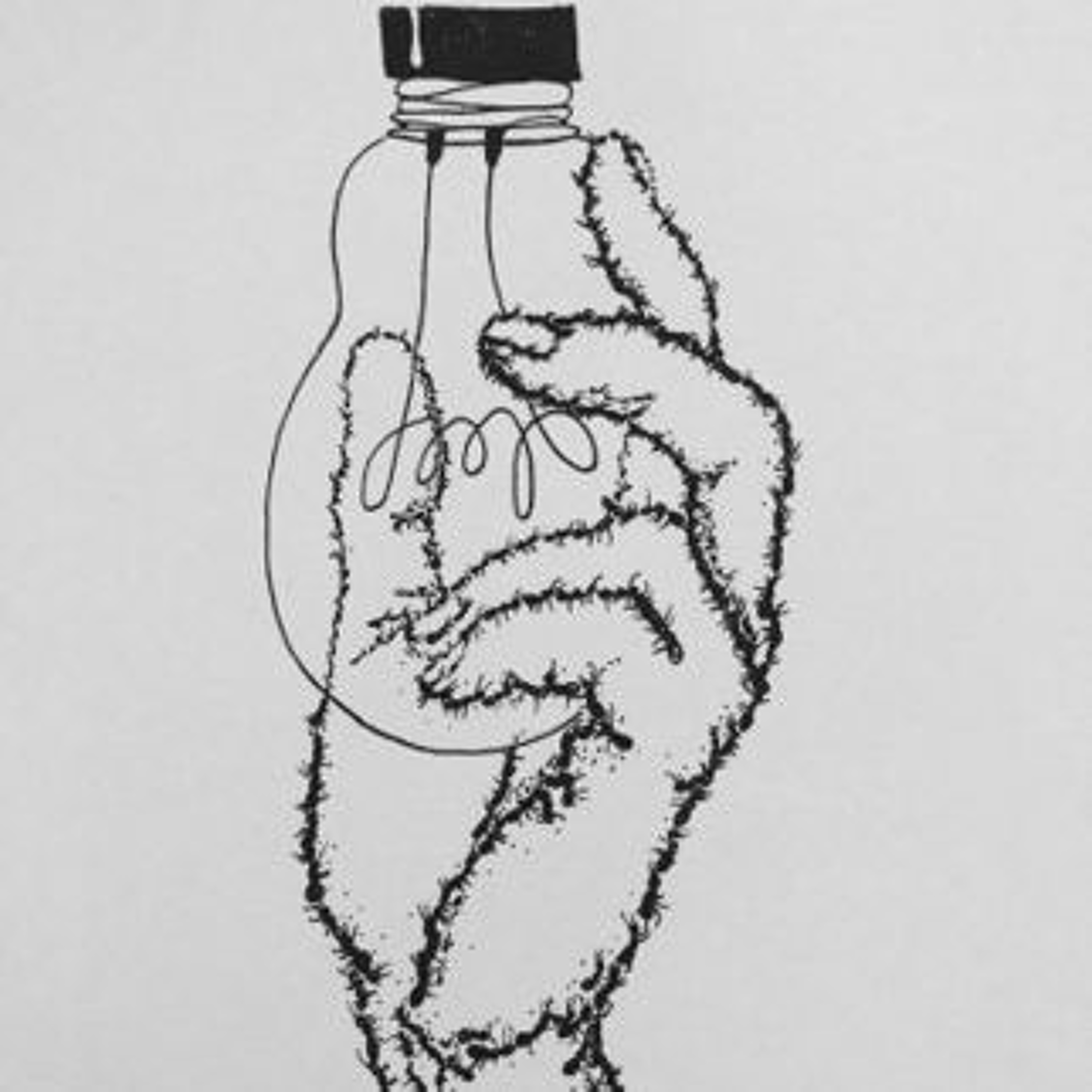
RadioBioRadioBio Interviews Dr. Deborah GordonImagine a world with no leaders. No Presidents. No generals. No bosses. No central control. Ants have successfully occupied every continent on earth and even though they have a queen, they use a system with no central control which we term collective behavior. But what is collective behavior? How do we begin to understand behaviors that emerge in a spontaneous way? Dr. Deborah Gordon, Professor of biology at Stanford University, joined us to talk all about collective behavior in ants.
2019-04-1921 min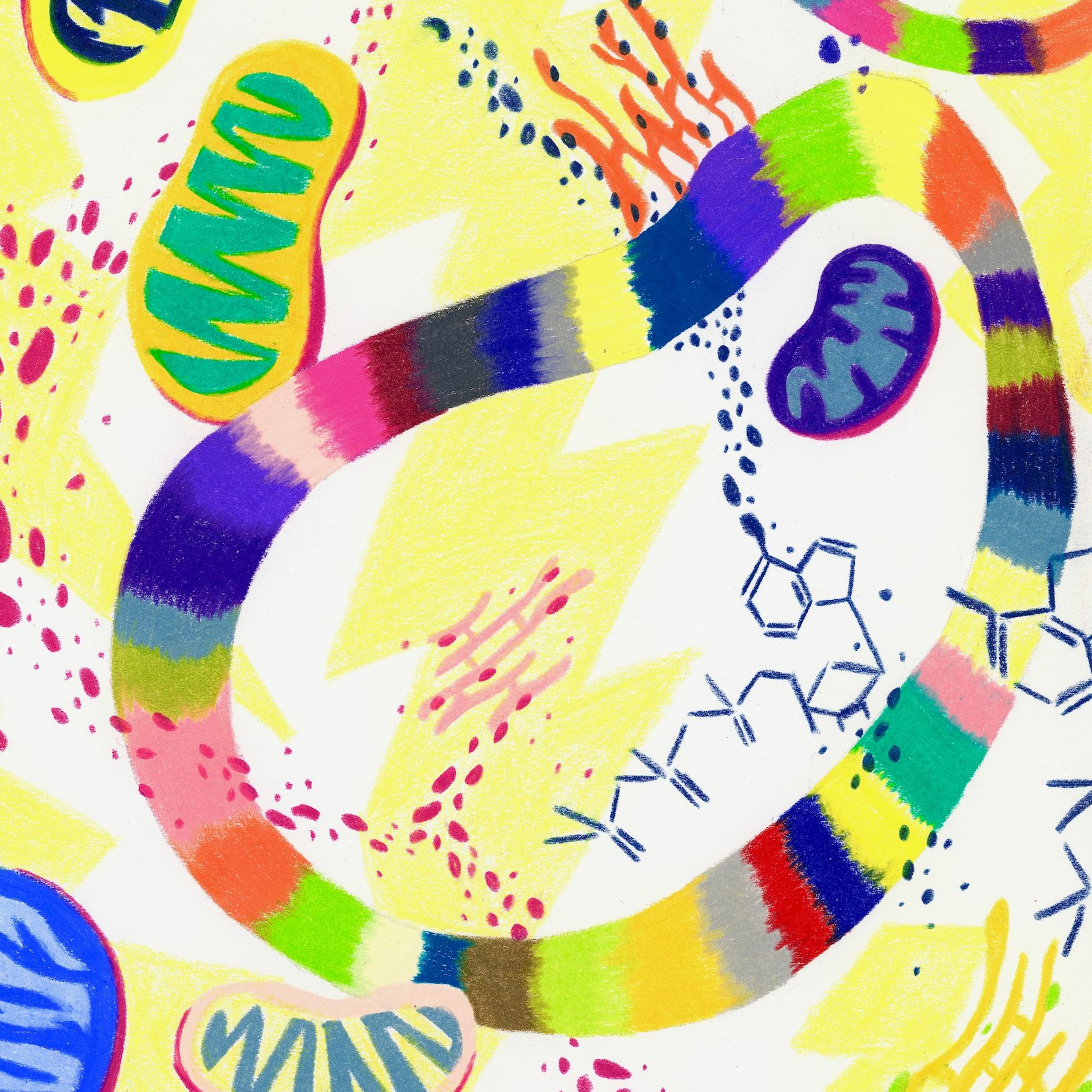
RadioBioRadioBio Interviews Dr. Shona MookerjeeHave you ever wondered what powers us? We all consume food for energy, but HOW does that actually turn into energy? You may be familiar with the molecule ATP, or adenosine triphosphate. ATP is used to store energy from the breakdown of food, and through a process called hydrolysis, that energy can be released and transferred to power reactions. This tiny but mighty molecule is what powers nearly every reaction in our cells. In this episode, we journey inside the cell as we learn more about this powerful molecule, and the specialized structure inside the cell where its made, the m...
2019-04-0516 min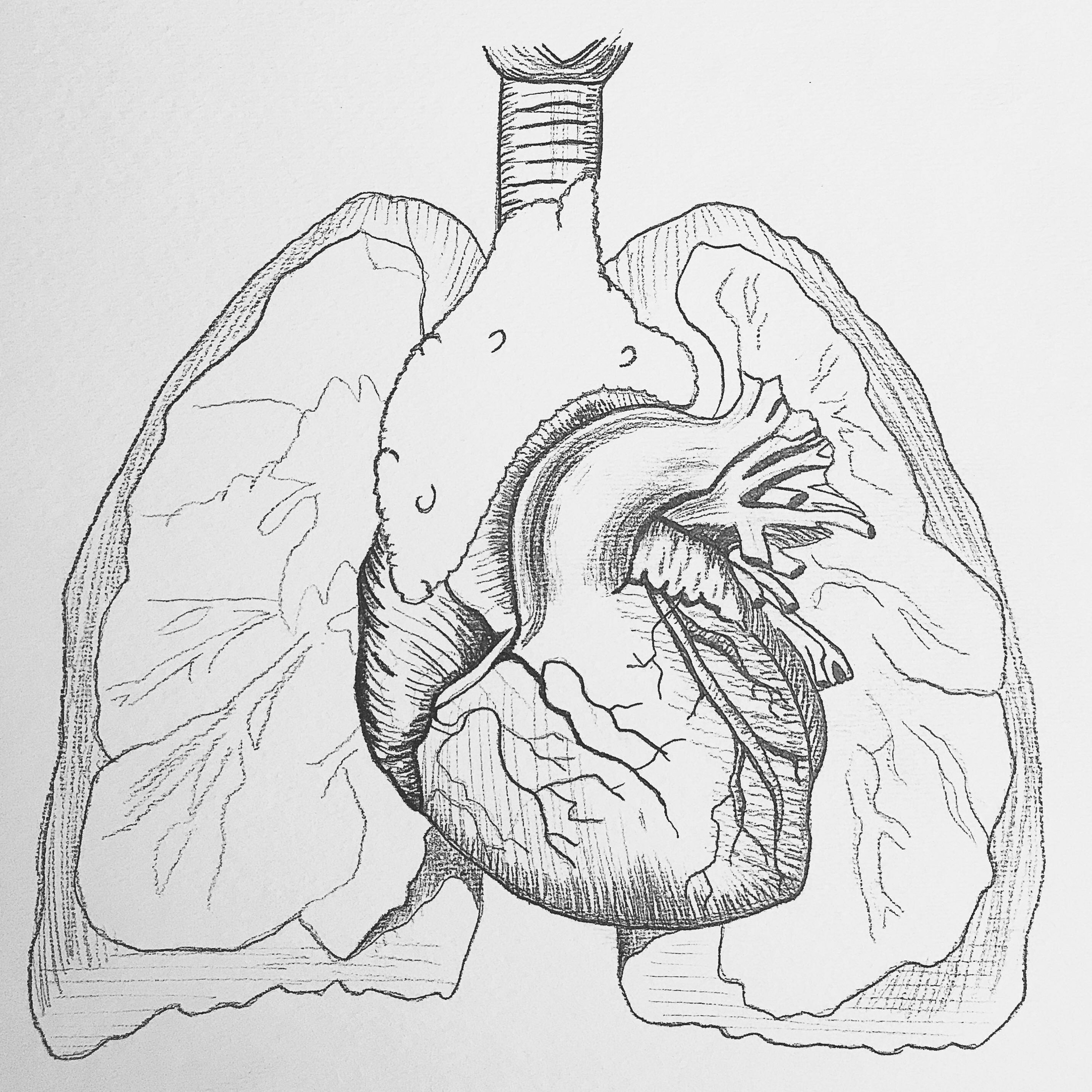
RadioBioRadioBio Interviews Dr. Jarrod Dudakov"The thymus is a really ugly-looking organ, but tastes fantastic. Have you ever had sweet breads?" In case you don't know, sweetbread is the culinary term for the thymus, but what is the thymus, besides a tasty dish? In this episode Genevieve and Stephen sit down with Dr. Jarrod Dudakov and discuss what the thymus is, its function, and why it is worth researching.
2019-03-2221 min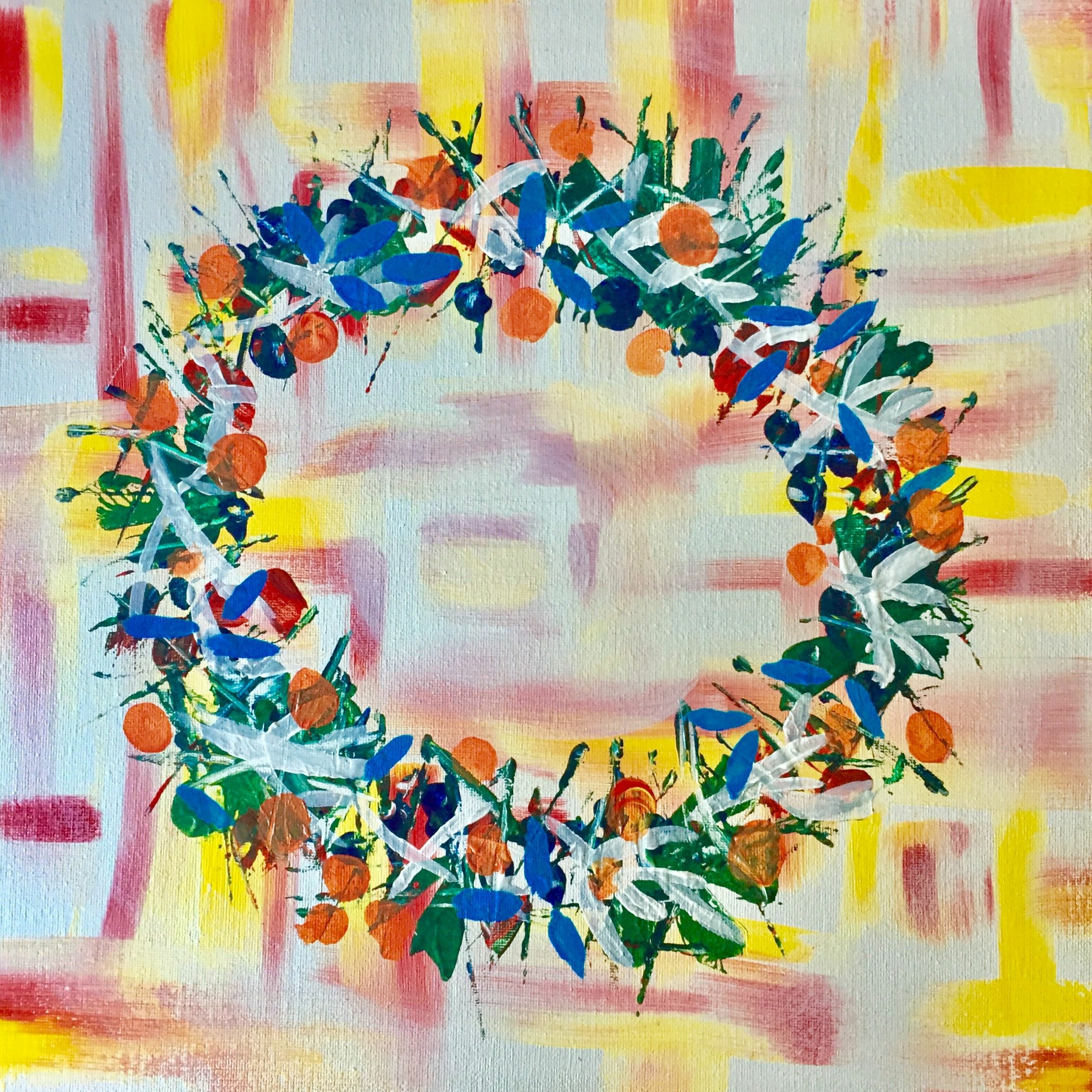
RadioBioRadioBio Interviews Dr. Jennifer MartinyWhen you are thinking about how the world works, how often do you think about the tiny forces of nature? Just about never, what do you mean? I mean microbes! They play an important role in ecosystem processes such as decomposition and nutrient cycling. But what do we know how these microbes live in nature? It turns out they live in communities, just like we humans do. In this episode we talk with Dr. Jennifer Martiny from UC Irvine about her work with microbial communities.
2019-03-0828 min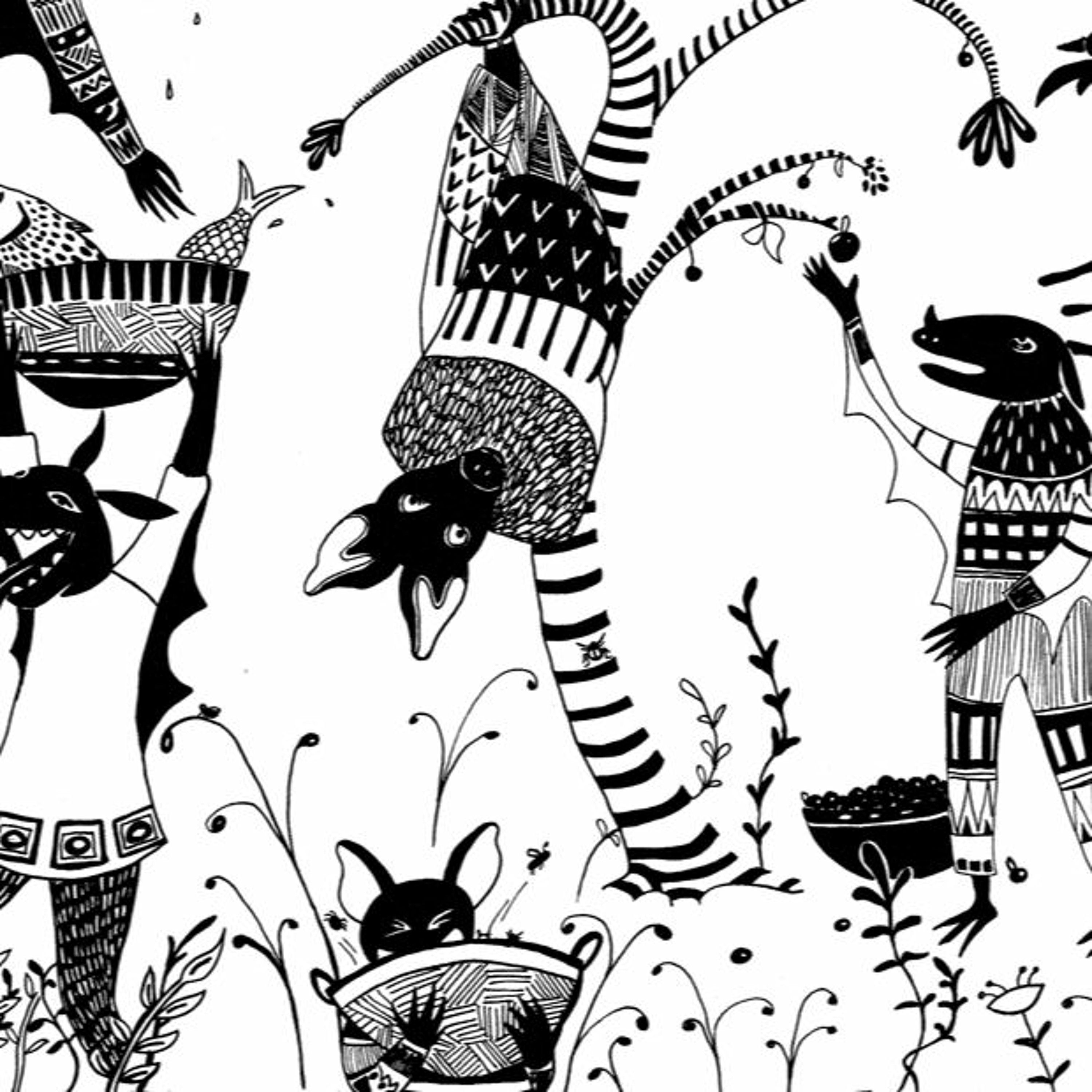
RadioBioRadioBio Interviews Dr. Gregory MutumiA lot of people don't like bats, even Batman is afraid of them. But maybe people are just afraid of what they don't know. Today Dr. Greg Mutumi talks to us about what makes bats so unusual, interesting, and, like he said earlier....cute!
2019-02-2218 min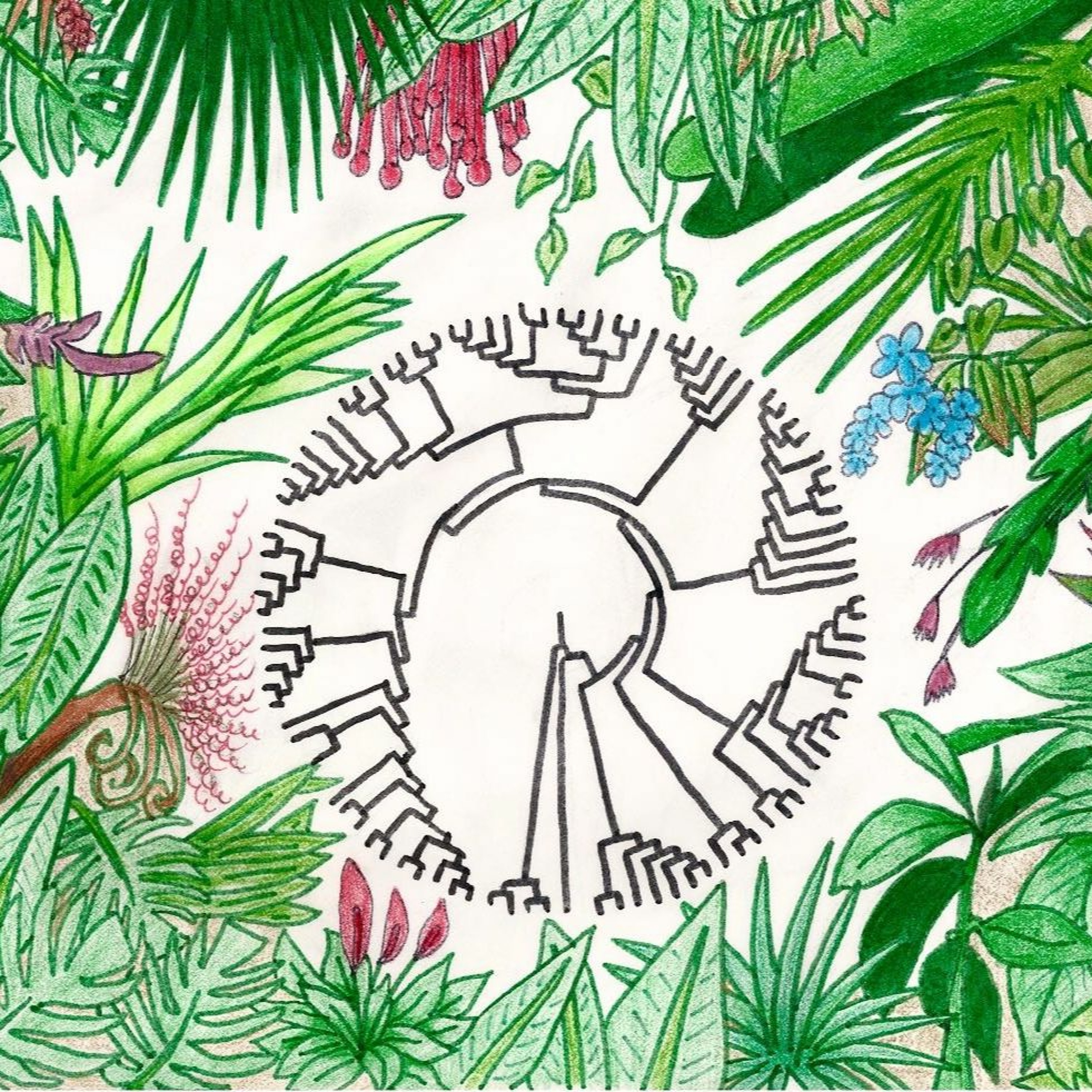
RadioBioRadioBio Interviews Dr. Felipe ZapataDo you think you can put a number on the amount of species you've seen in your life? Absolutely not. Just stepping out onto the city street, there are countless species around us at all times. It's a huge amount of biodiversity. But what does that even mean and how do we study it? This week on RadioBio, we are joined by Dr. Felipe Zapata from University of California Los Angeles to discuss just that.
2019-02-0826 min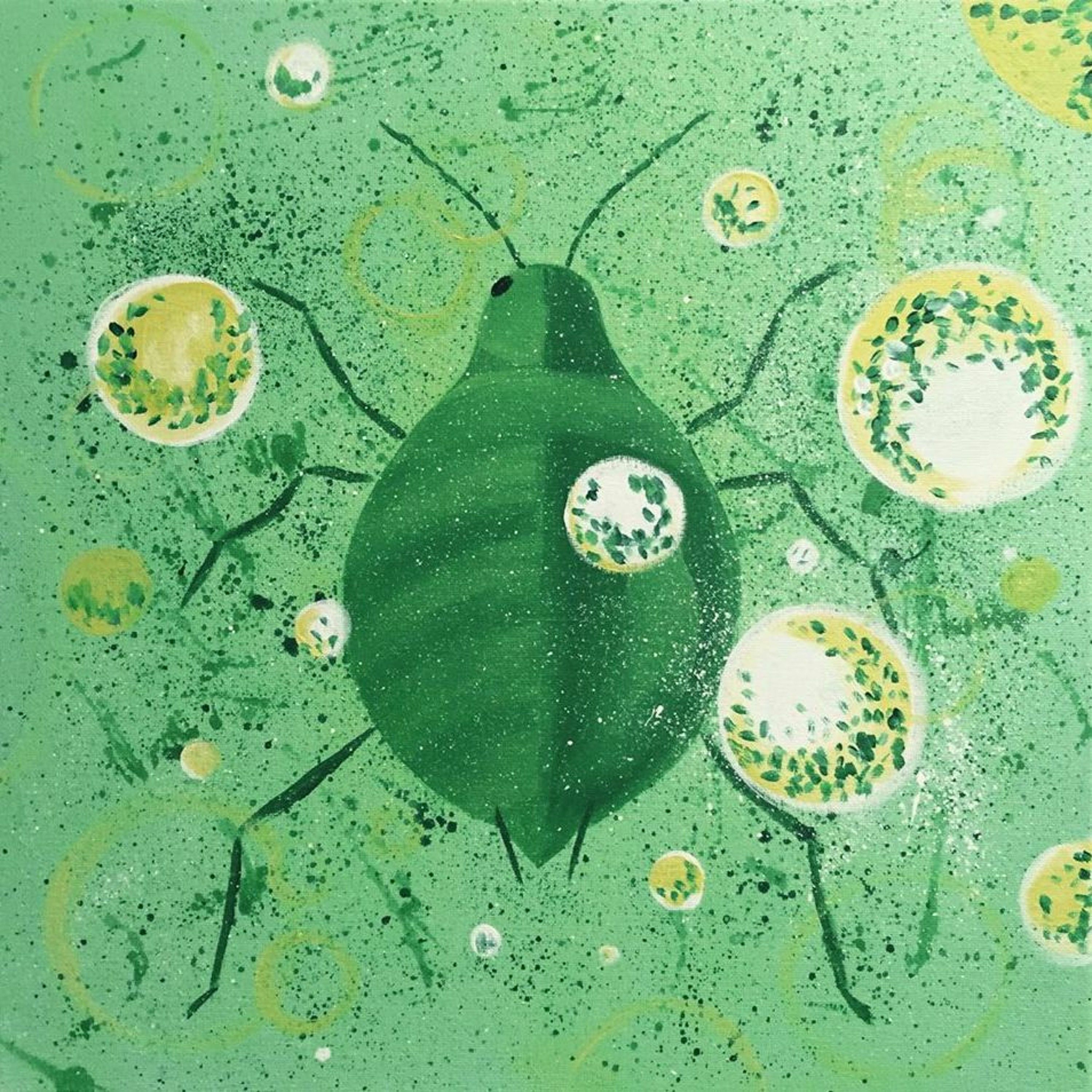
RadioBioRadioBio Interviews Dr. Allison HansenSymbioses, the interactions between two different species, make the world go ‘round. Everything from our agricultural systems to our own gut depends on groups of interacting organisms doing their thing. Our guest today, Dr. Alison Hansen, studies how a common aphid gets its nutrition. It turns out that its entire diet is dependent on a bacterium living inside each and every aphid. But how did it get there? What does it do for the aphid? Let’s dive into the big world inside small insects.
2019-01-2523 min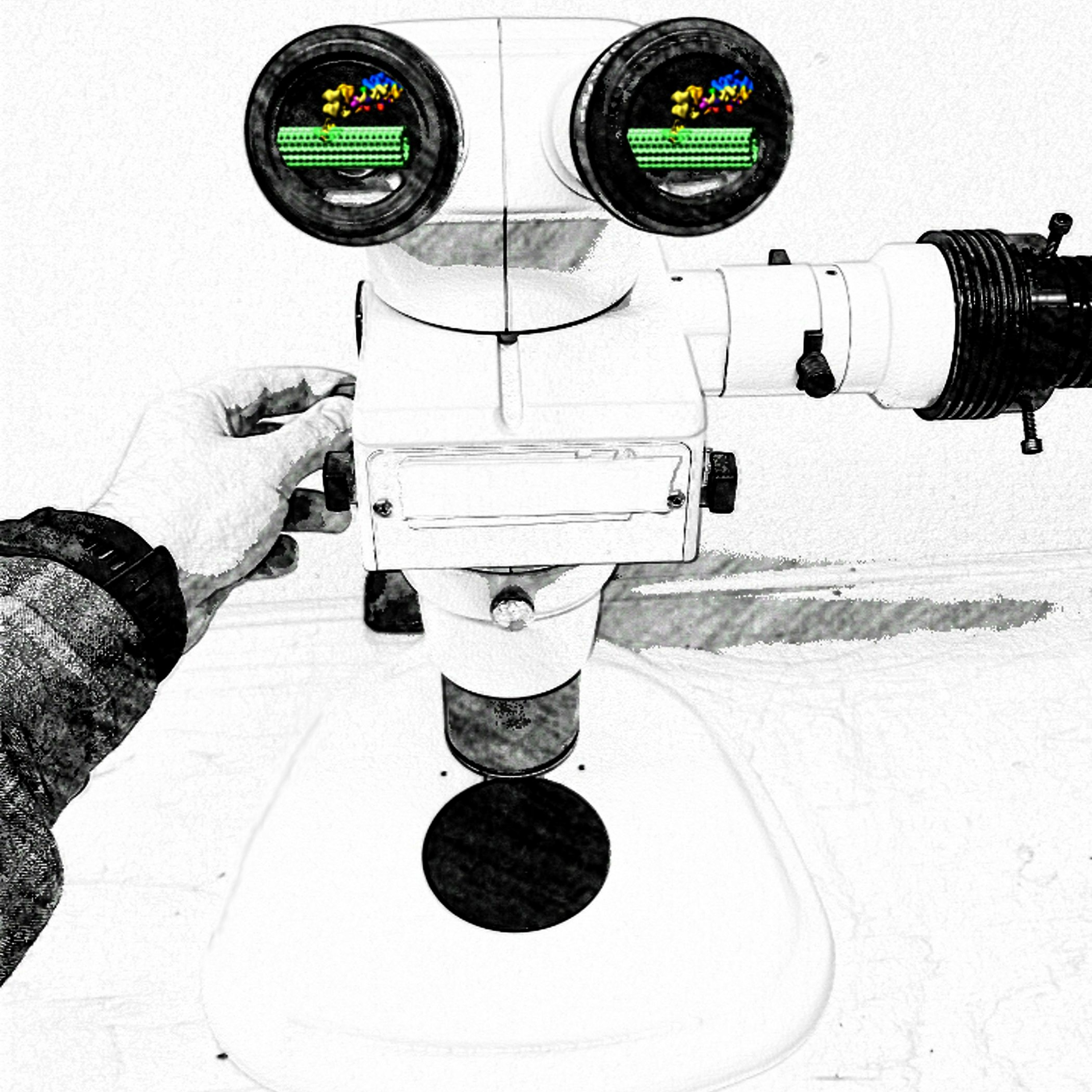
RadioBioRadioBio Interviews Dr. Danielle GrotjahnWe often imagine a cell as a large balloon filled with jelly, but really it is more like a large city. Packages need to go from one place to the other in an organized fashion as to not disrupt other processes. For example, when we need an item, we go to the store or click away on retail websites, but how do these items find their way to the retail place or our house? There are vehicles on roads and highways that are utilized for distribution. Much like the infrastructure that we use everyday to move cargo around our cities...
2019-01-1029 min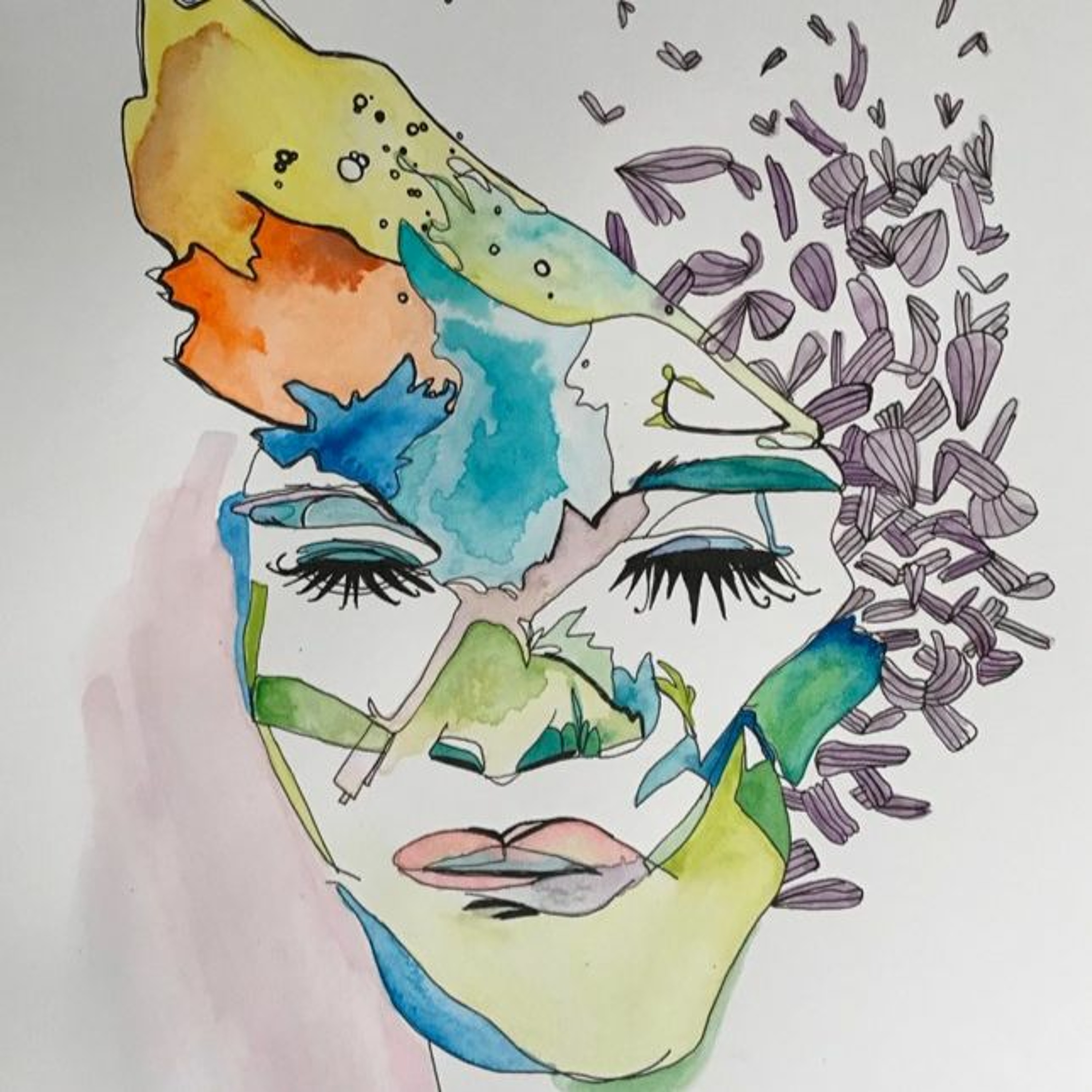
RadioBioRadioBio Interviews Dr. Jeanne PazWhat if you could prevent something bad from happening? When it comes to epilepsy, you never know when a seizure could happen next. The ability to predict an incoming seizure can be a game changer. Today we have the pleasure of chatting with Dr. Jeanne Paz about her incredible work aimed at seizure prediction and prevention.
2018-12-2723 min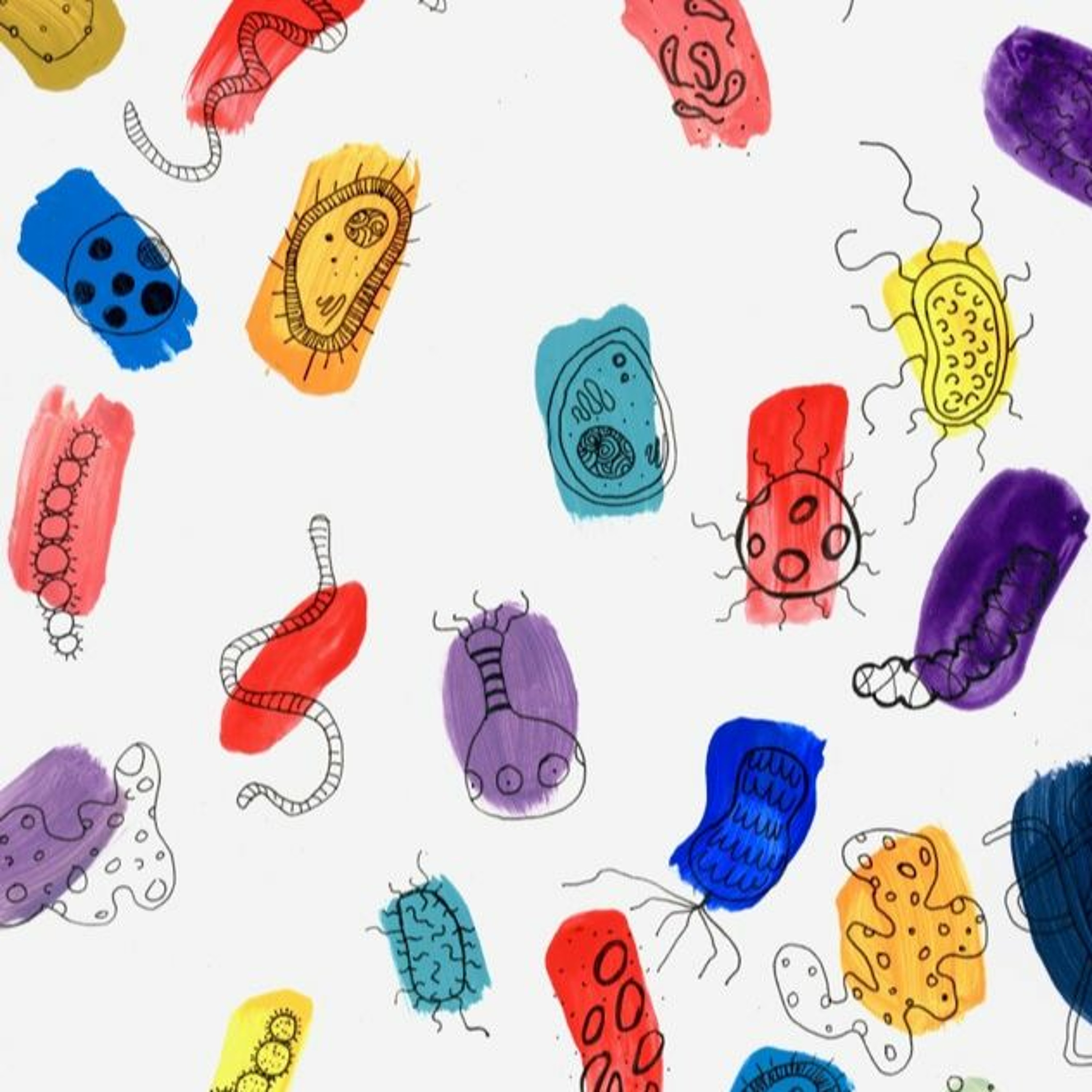
RadioBioRadioBio Interviews Dr. Tricia Van LaarWe are all probably familiar with antibiotics, we have probably even taken them.
Resistance to antibiotics have been in the news recently. But what is it? How does antibiotics resistance develop and are there ways to combat it? Dr. Tricia Van Laar chats with us and shares insights on antibiotic resistance.
2018-12-1326 min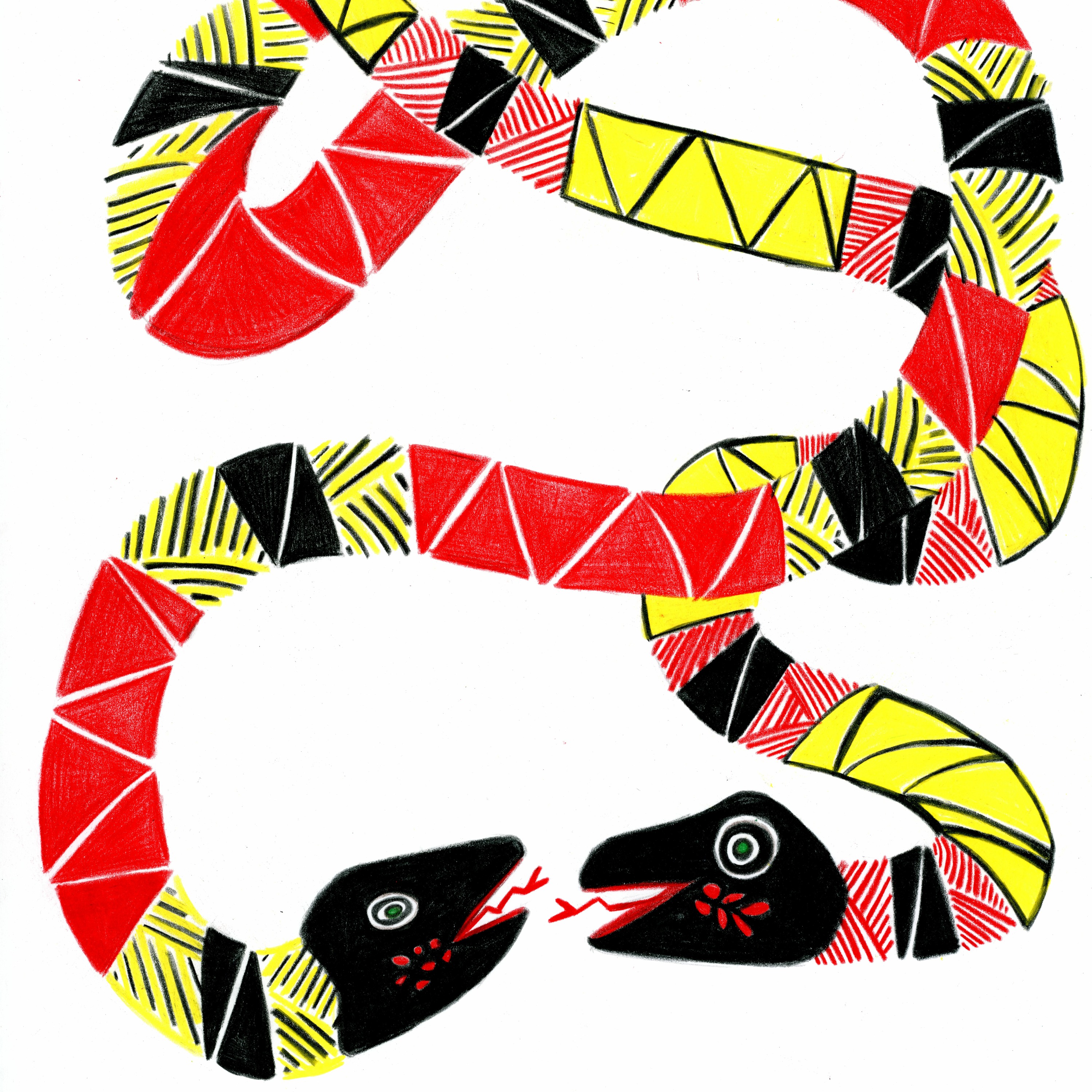
RadioBioRadioBio Interviews Dr. Alison Davis RaboskyRed on yellow, kill a fellow. Red on black, friend of Jack. Some species use bright colors in different combinations to tell potential predators to back off, bub. Eat me and you'll be sorry. But not always.... Throughout the animal kingdom, species have evolved ways of faking out their enemies. Dr. Alison Davis Rabosky tells us about natures con artists, the mimics, and how these crafty creatures can actually drive evolution in their poisonous counterparts.
2018-11-2936 min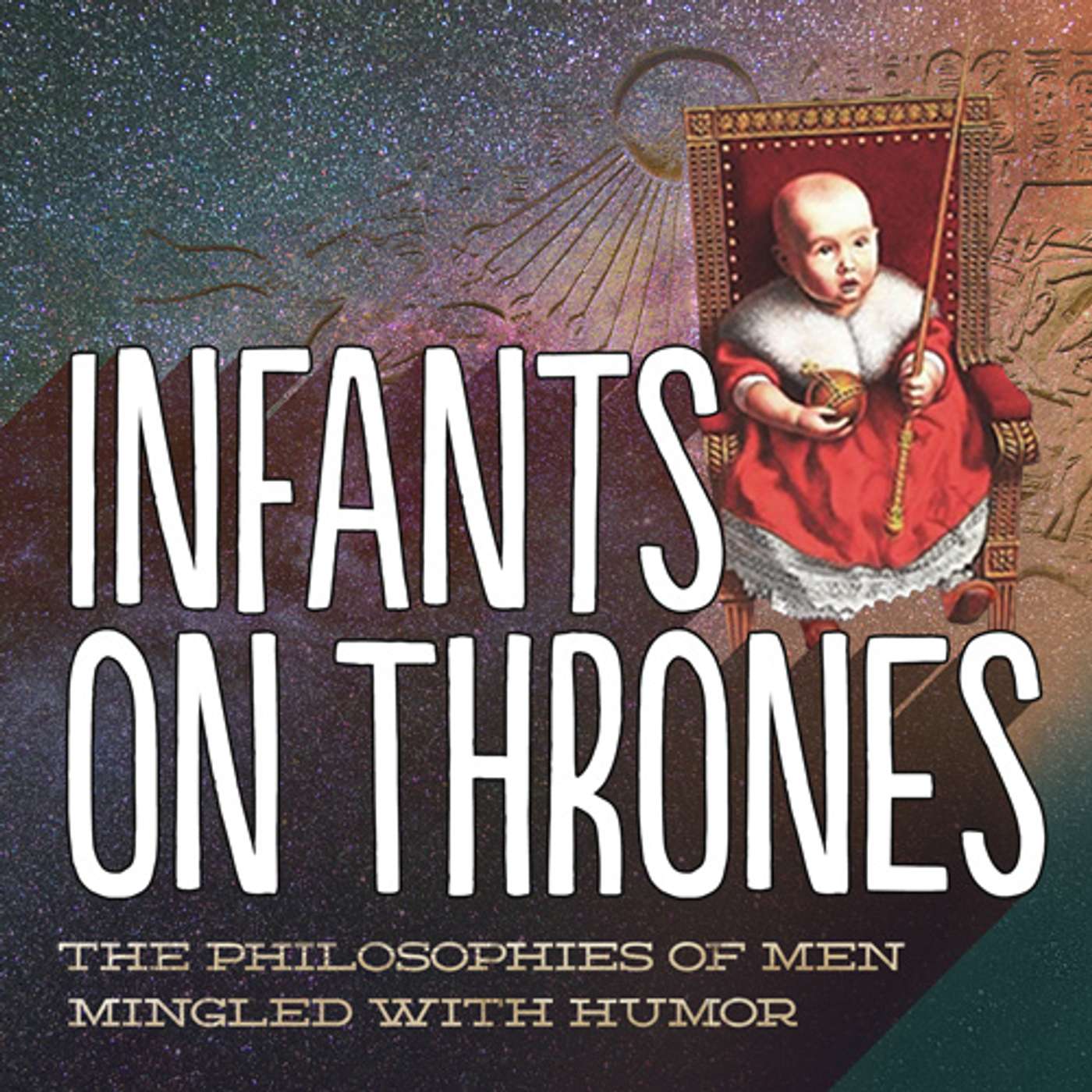
Infants on ThronesEp 549 – Dr. Weird Science and the Woonderful Woorld of WooGlenn Ostlund's Psychology Today ProfileOnce upon a time, a Mormon scientist worked at the Pentagon. They nicknamed him Dr. Weird Science. He was later stationed in Japan for the US Air Force, where he investigated and invested in the most cutting edge scientific research in Asia. He listened to a recent episode of Infants on Thrones. He has a thing or two to say about the line between science and woo. He is Dave Sonntag, and today he and Chelsea Shields join Glenn to talk a little more about the Mormon (and post-Mormon) cultural attraction...
2018-11-252h 11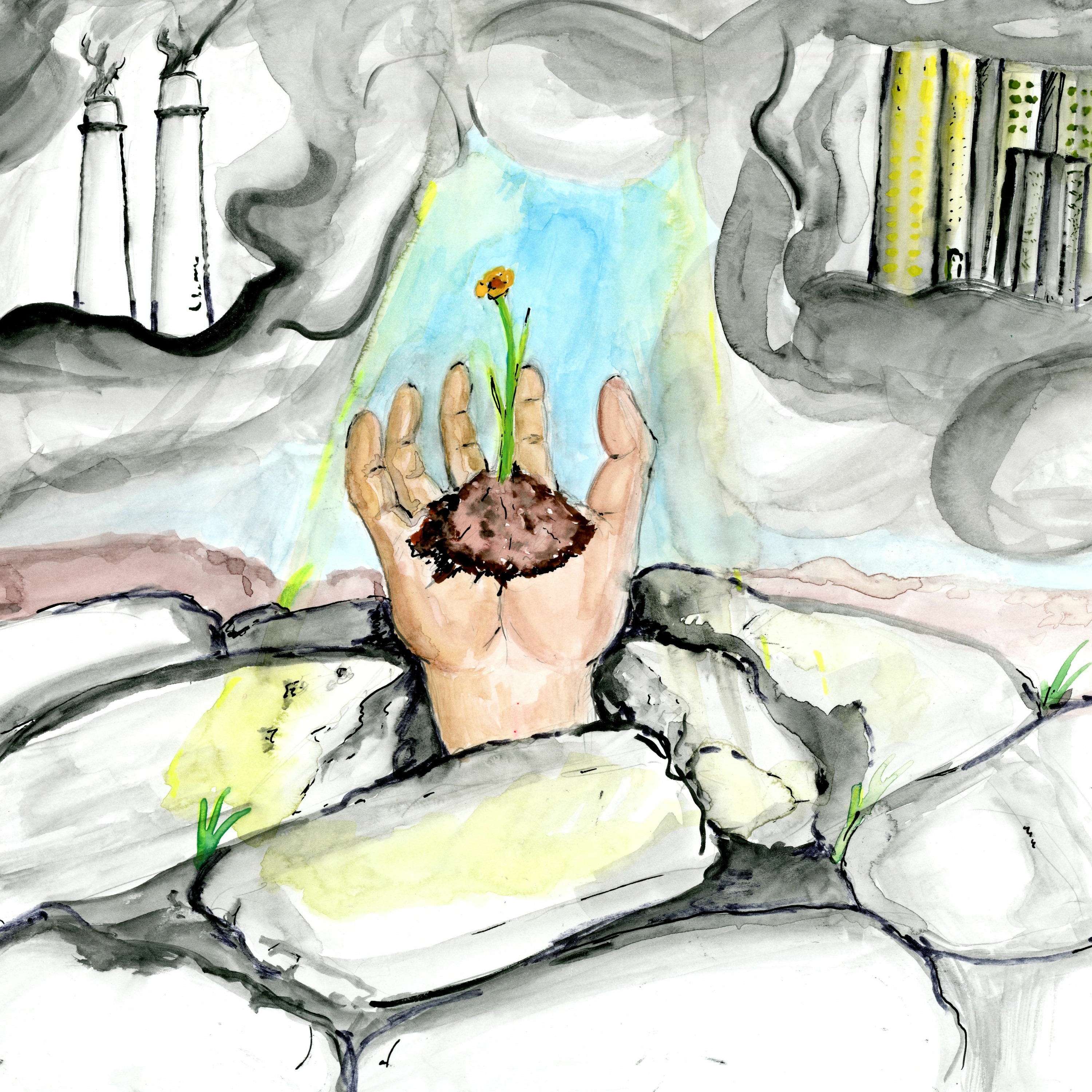
RadioBioRadioBio Interviews Dr. Whendee SilverWhen you think of ways to slow down climate change, what pops into your mind? Reduce, reuse, recycle!! Perhaps to never use fossil fuels again? These are things that we, as humans, can actively do to decrease our impact on earth's climate. We're not alone in the fight against climate change tho-- plants play an important role just by being, well, plants. This week on RadioBio, Dr. Silver from UC Berkeley tells us about how plants, together with soil microorganisms, help capture carbon from the atmosphere and store it in the ground; and what we can do to help.
2018-11-1525 min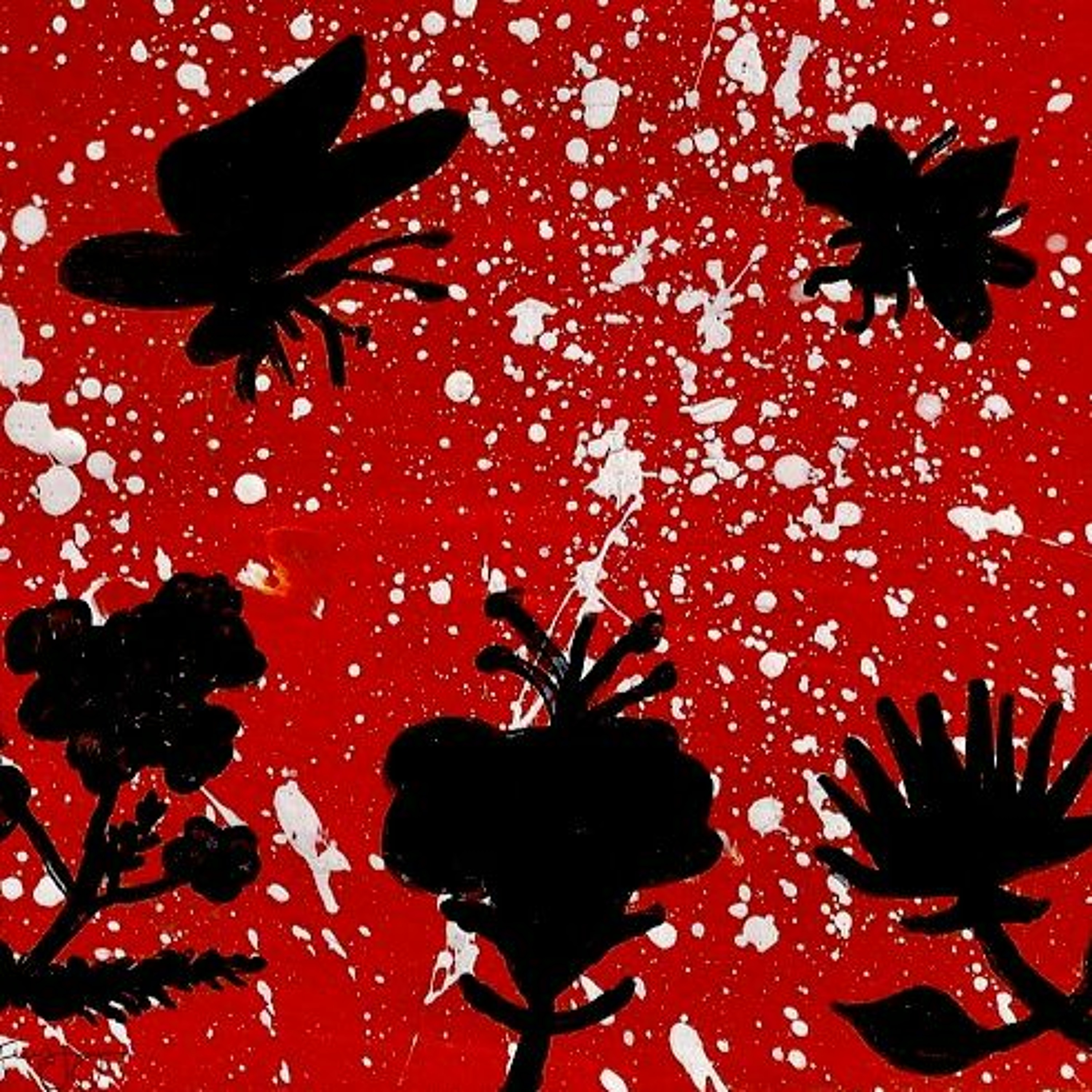
RadioBioRadioBio Interviews Dr. Sharon StraussDo you ever stop and smell the flowers? Do you feel like you only like certain kinds? Well, a bee would agree. Did you know scents are different because of species interactions? In a field of flowers, there are a lot of complex interactions at play that allow those flowers to coexist. But how does it all work? Today on RadioBio we talk with Dr. Sharon Strauss about the complexity behind species coexistence.
2018-11-0123 min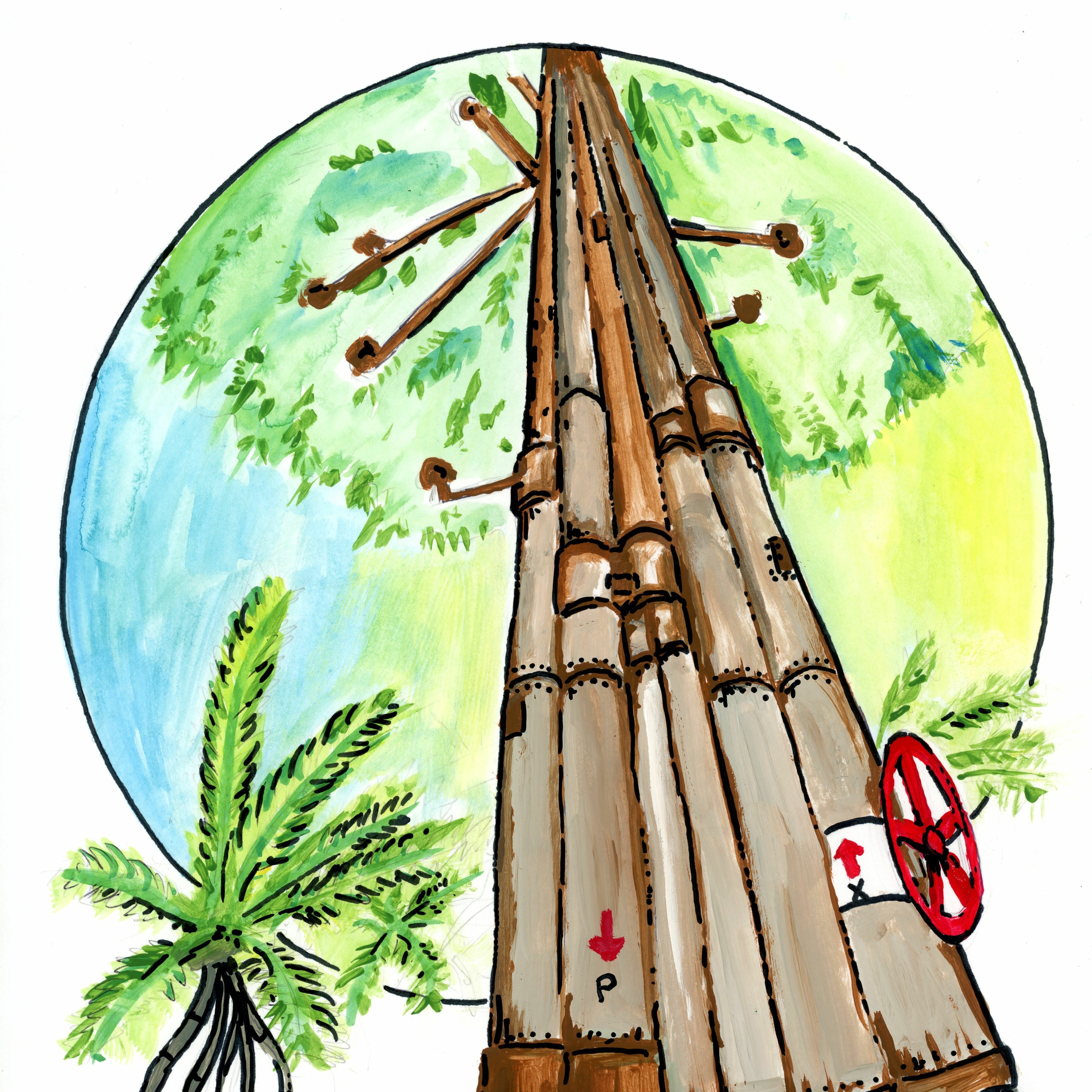
RadioBioRadioBio interviews Dr. Jarmila PittermannExtreme drought is one of many impacts of climate change. Globally, we have seen droughts increase in duration and intensity, with many negative impacts on natural ecosystems, crops, and our economy.
This begs the question - how do plants deal with drought?
Our guest today, Dr. Jarmila Pittermann, studies plant ecophysiology — how plants are structured and what that structure means for how plants respond to their environment. She seeks to understand how different plants use different strategies for surviving drought by zooming in to look at their internal workings, their plumbing. Her exploration of the various systems plants have developed for...
2018-10-1830 min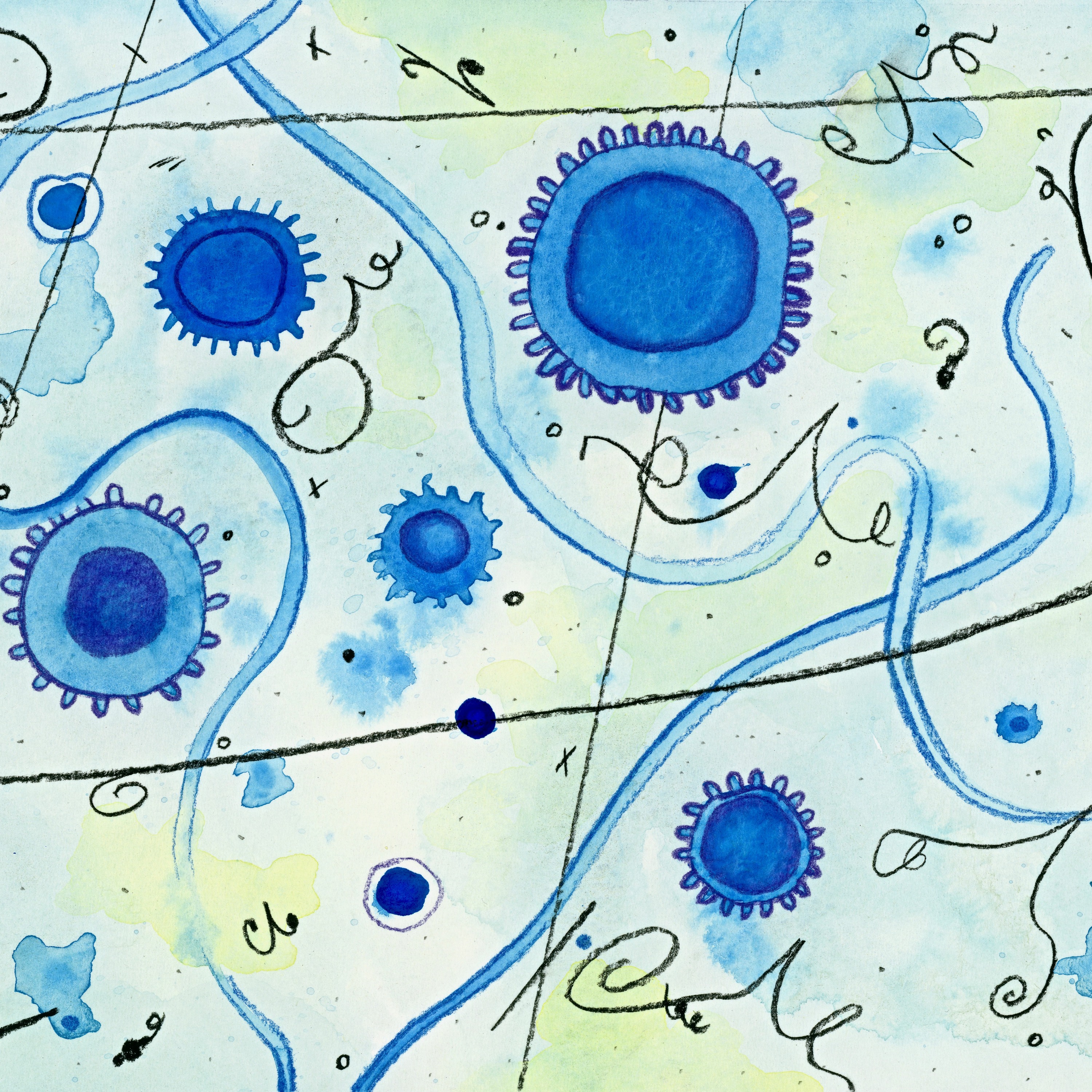
RadioBioRadioBio Interviews Dr. Anita SilInfections occur when foreign invaders take root in the human body. When most people think of infections, they think of bacteria and viruses. These however, are not the only invaders our body has to watch out for - fungi are also able to cause disease in humans. You all may be familiar with mild fungal infections, such as athletes foot and yeast infections. Some fungi however can cause life threatening illnesses. One fungus, Histoplasma capsulatum, is capable of causing severe respiratory infections. Dr. Anita Sil from UCSF chat about how this fungus gets into our body and how we clear...
2018-10-0429 min
RadioBioRadiobio Dispatches: Vernal PoolsPresenting Radiobio’s first dispatch episode! This podcast focuses on the UC Merced Vernal Pools and Grassland Reserve featuring interviews from several scientists who do research on the reserve. Hydrologist Dr. Mark Rains, Herpetologist and conservation biologist Dr. Brad Shaffer, and fairy shrimp biologist Dr. Shannon Kiernan, and Reserve Director Monique Kolster. Discover what vernal pools are and what makes this ecosystem so special!
2018-09-2028 min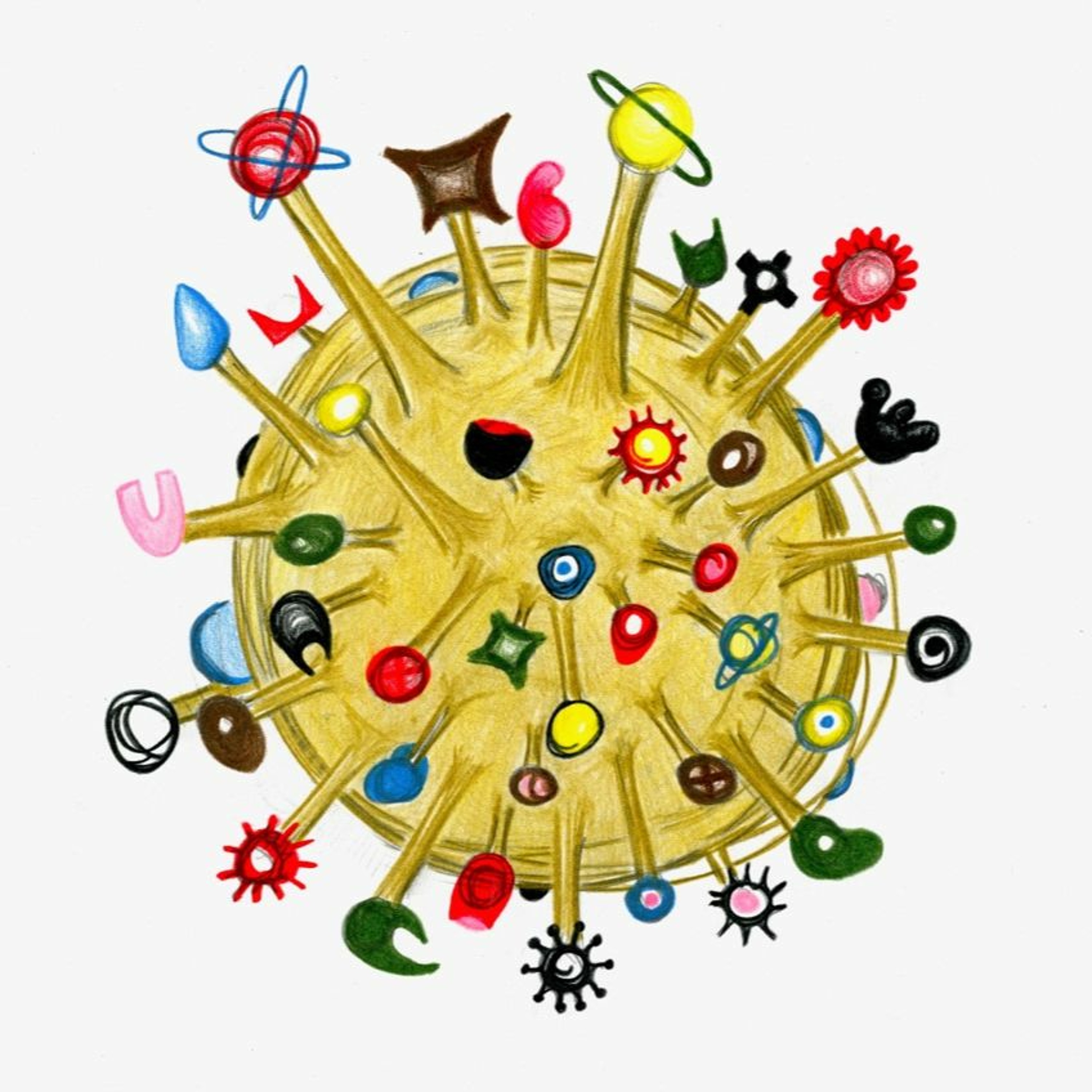
RadioBioRadioBio Interviews Dr. Julie ZikhermanAutoimmune diseases occur when our immune systems start to attack our own cells, rather than foreign invaders. Unfortunately, very little is known about how these disorders arise in otherwise healthy individuals. Join us as we talk with B-cell immunologist and autoimmune clinician, Dr. Julie Zikherman, as we discuss how to control these inappropriate immune responses.
2018-05-2328 min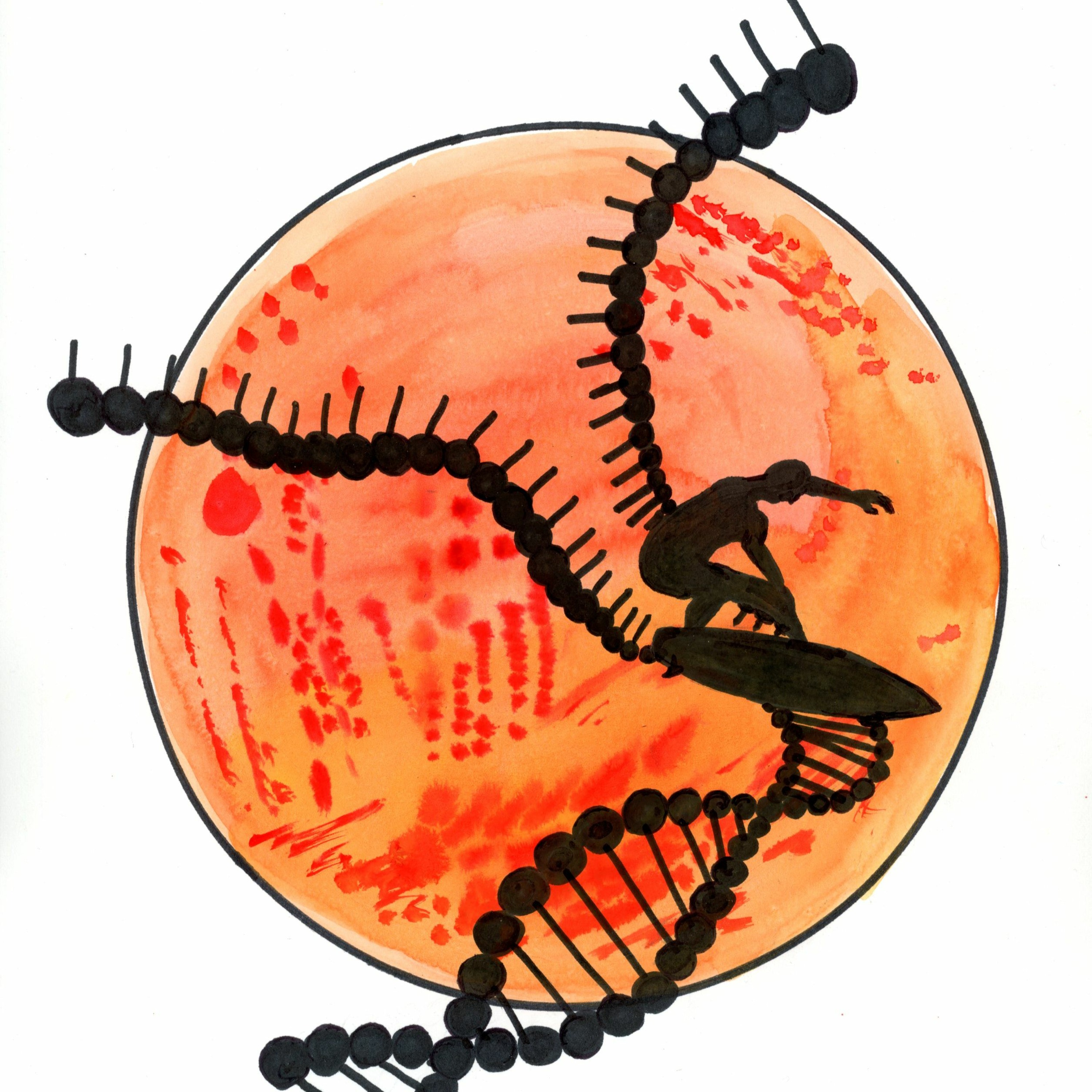
RadioBioRadioBio Interviews Dr. Robert PhillipsGenetics is a majorly hot topic in biology right now -- everything is genome sequencing this, gene expression that -- but how much do we really know? We know a lot about which genes are present in which organisms, and what certain genes do, but not a lot about how or why they do it. Our guest today, Dr. Rob Philips, is a researcher at CalTech who is working to understand the language of gene regulation, and the methods we can use to understand how genes work.
2018-05-0929 min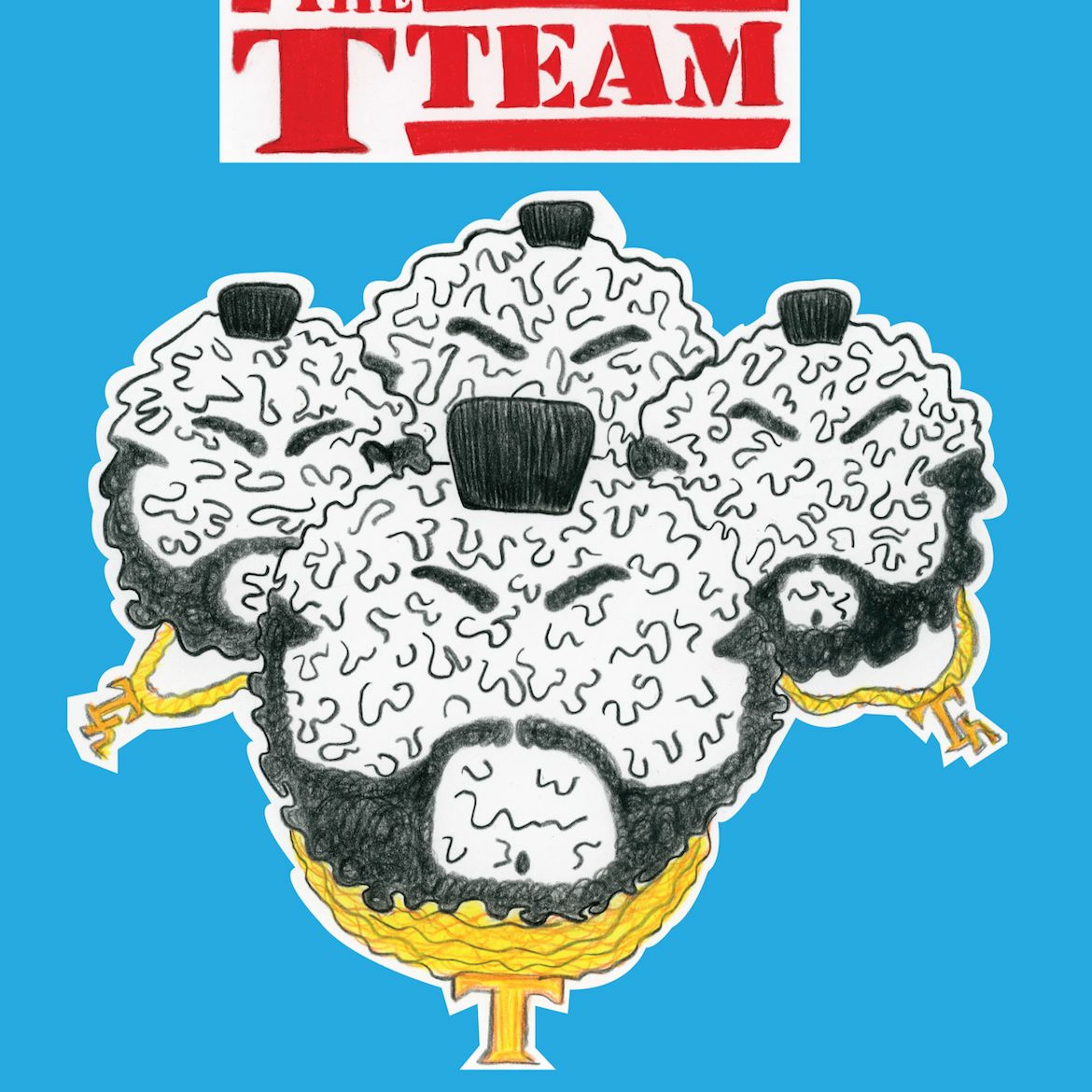
RadioBioRadioBio Interviews Dr. Ellen RothenbergWhenever you're sick, your immune system springs into action, but how? T-cells are like the generals of your immune system, and they command your immune system in battle against pathogens. Dr Rothenberg from @CalTech tells us all about this process and how these cells train into the powerful generals they are on this episode of RadioBio.
2018-04-2538 min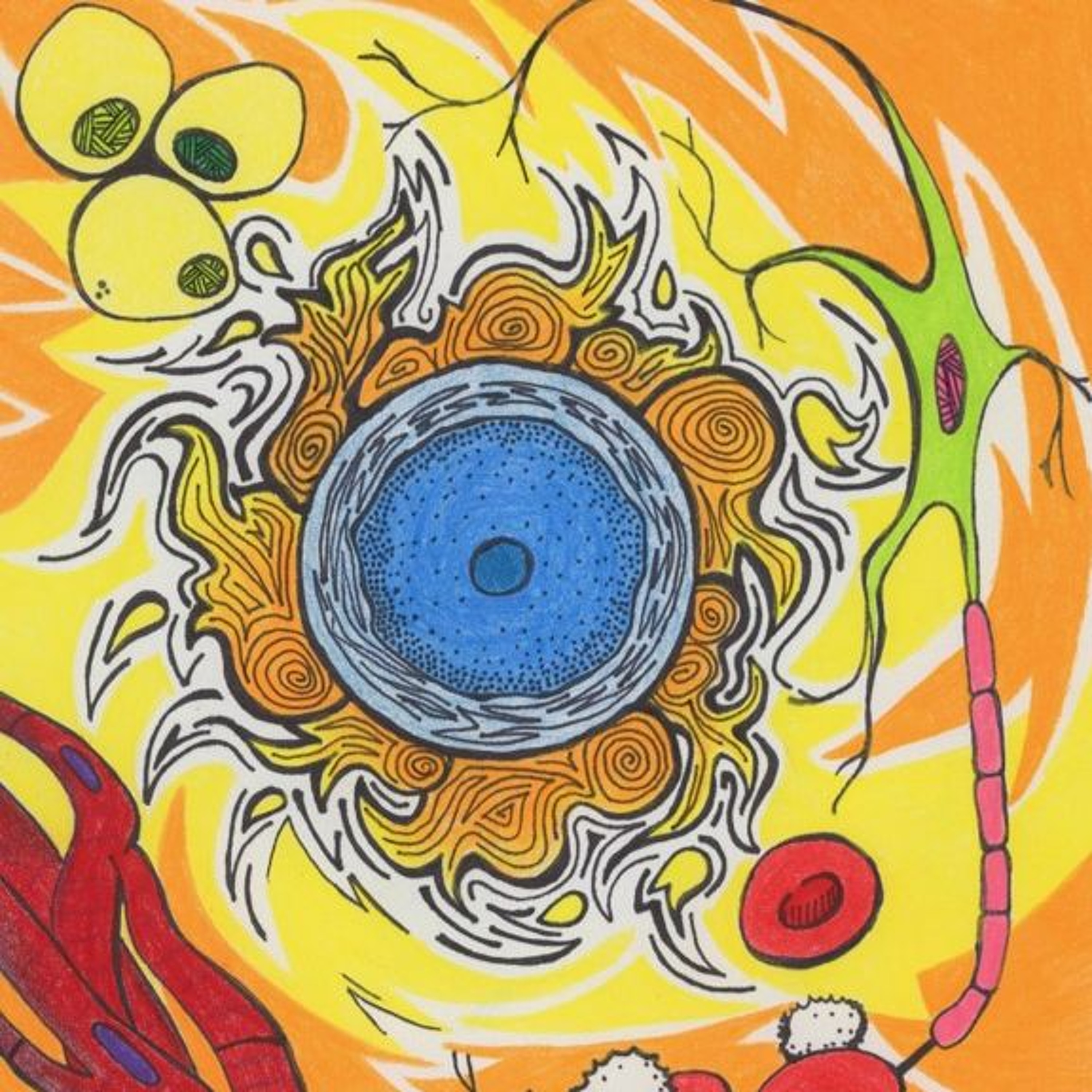
RadioBioRadioBio Interviews Dr. Heinrich JasperDr. Heinrich Jasper shows us new tools using Stem Cells that can help with both our longevity as well as degenerative disease. The Jasper lab is focused on regulatory mechanisms that control stress tolerance, metabolism and aging with the help of fruit flies. In particular, Dr. Jasper has been recognized for making seminal discoveries about the effects of aging on stem cell behavior, and about the role of stress in regulating stem cell function. Current projects in his lab focus on the control of tissue regeneration, metabolic homeostasis, and cell death by insulin and stress signaling pathways. Here we learn...
2018-04-1122 min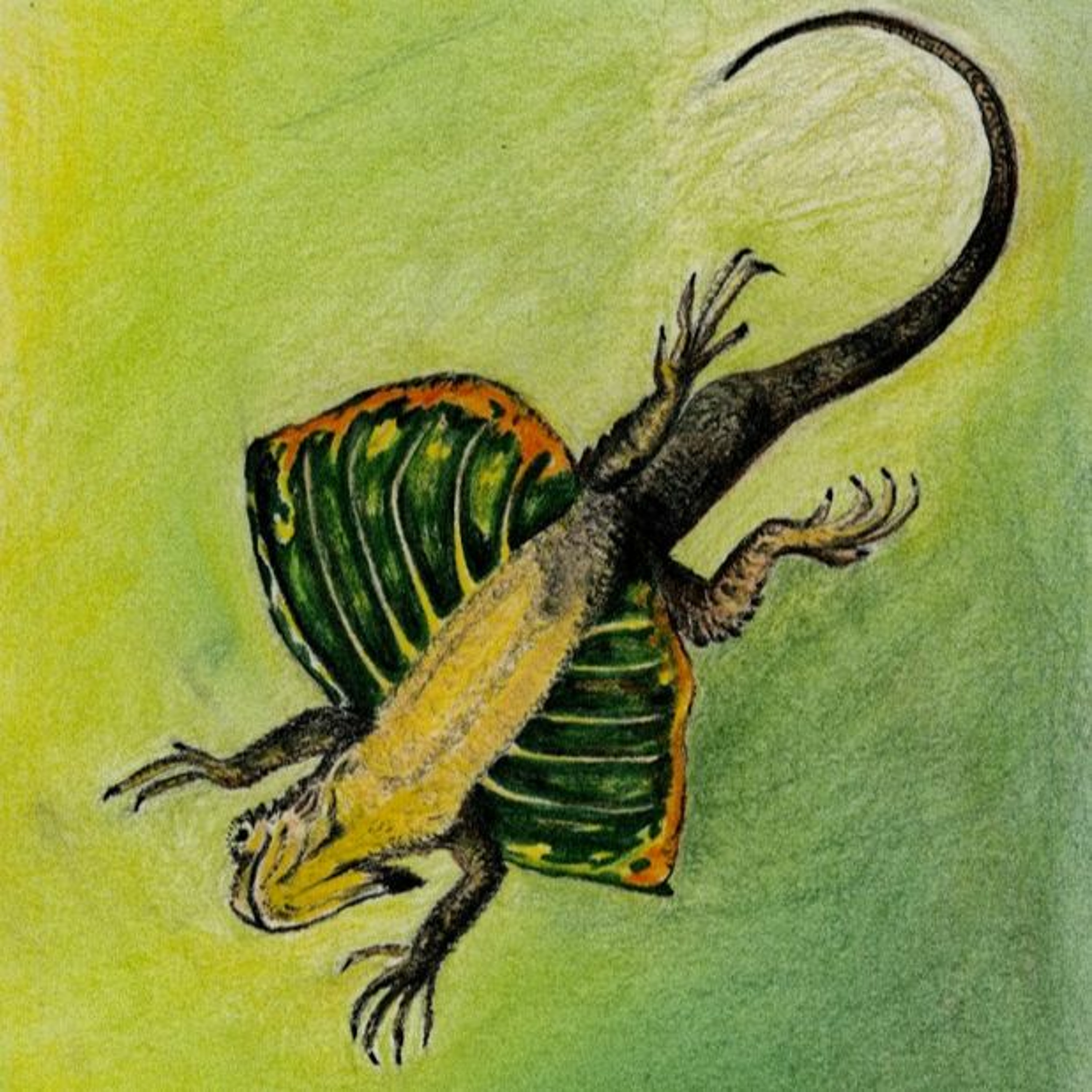
RadioBioRadioBio Interviews Dr. Jim McGuireTwo words: Flying Lizards. How'd it happen? Evolution. Evolutionary history is complicated. It can sometimes be helpful to look at funky animals to see what their unusual traits tell us about their history. For example, Dr. Jim McGuire from the University of California Berkley, studies the evolutionary correlates of size, color, and flight in lizards.
2018-03-2831 min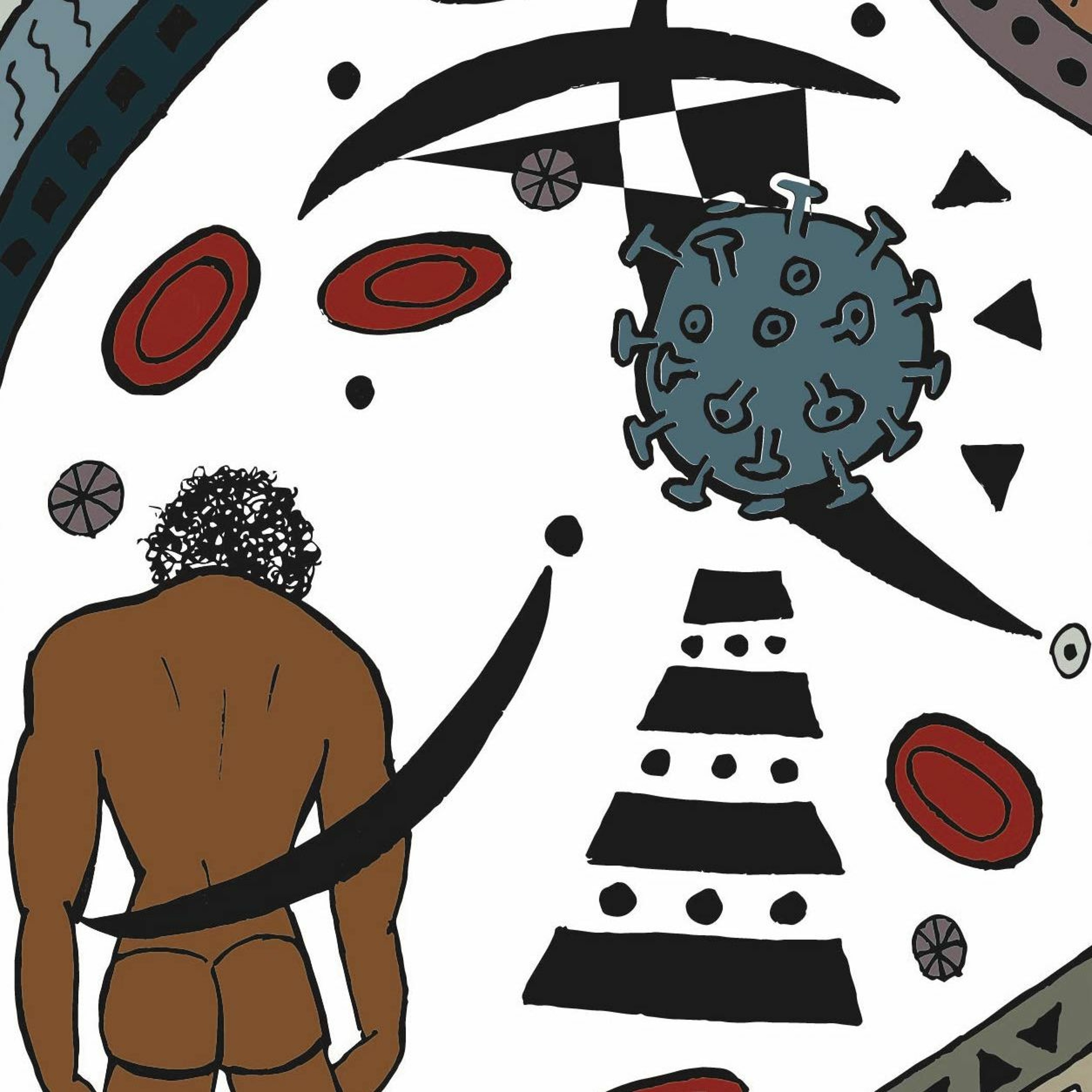
RadioBioRadioBio Interviews Dr. Pleuni PenningsViruses are iconically challenging to define, but they have DNA so they evolve. In the 1980s, the Human Immunodeficiency Virus (HIV) shook the world and propelled a massive undertaking to study the evolution of drug resistance in viruses. On world aids day, December 1st, 2017, we spoke with Dr. Pleuni Pennings from San Francisco State University about how viruses adapt to treatments through time.
2018-03-1423 min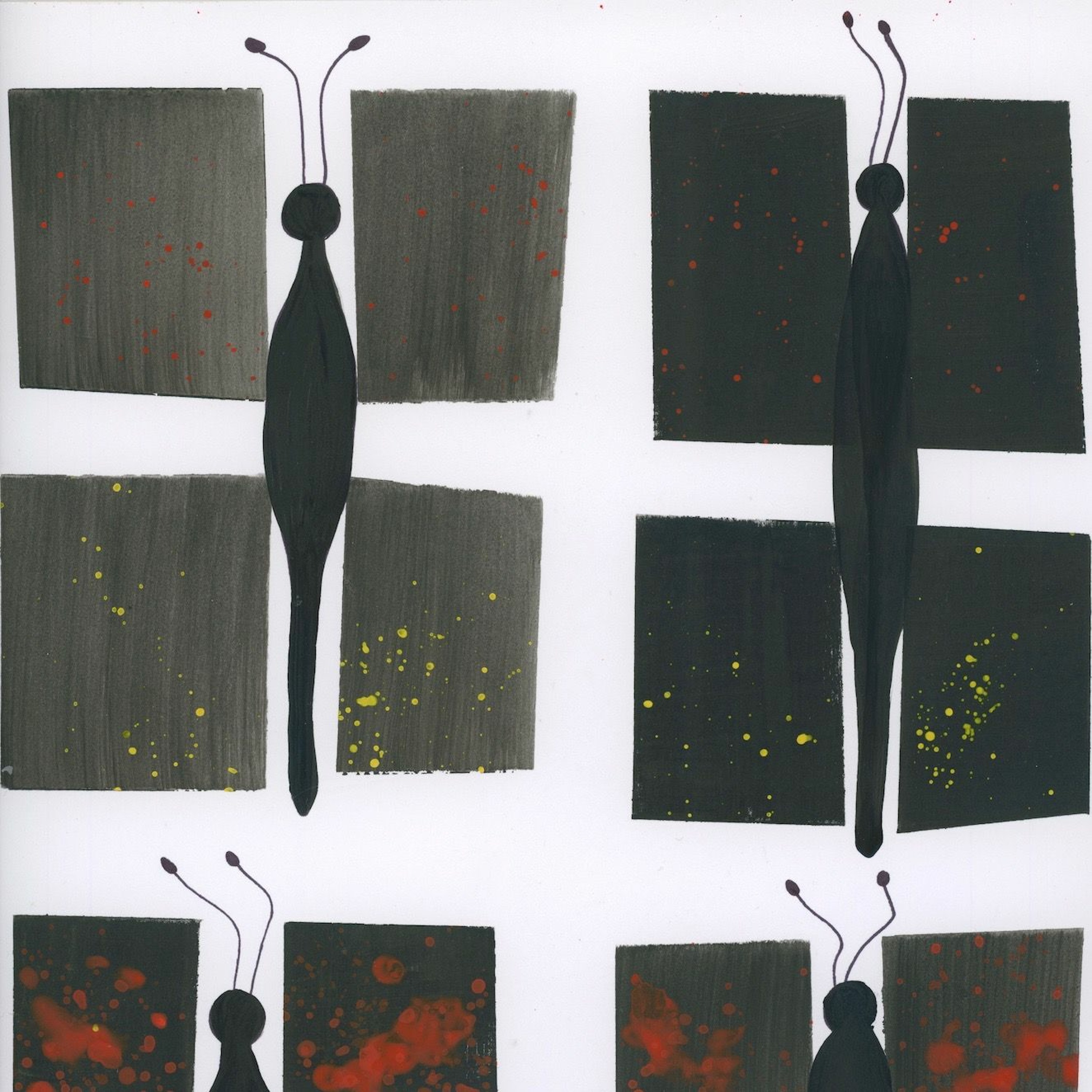
RadioBioRadioBio Interviews Dr. Adriana BriscoeWe may not think about it this way, but there is a whole world of colors that we can not perceive or understand that other organisms use on a daily basis, like butterflies. Did you know that even males and females from the same species see the world differently? Today on RadioBio, Dr. Adriana Briscoe discusses the evolution of color vision in Heliconius butterflies using genes, physiology, and behavior.
2018-02-2824 min
RadioBioRadioBio Interviews Dr. Joanna ChiuHave you or someone you know been affected by sleep disorders, depression, or even drug or alcohol addiction. Believe it or not this may be linked to how and when you sleep...which is actually controlled by when you eat.
Dr. Joanna Chiu, Professor of Entomology at UC Davis, studies the animal circadian clock and its control on organismal physiology. Besides being indispensable for the control of daily activities, defects in circadian rhythms and clock genes have also been implicated in a wide range of human disorders. The Chiu lab's goal is to dissect the molecular network and cellular mechanisms...
2018-02-1432 min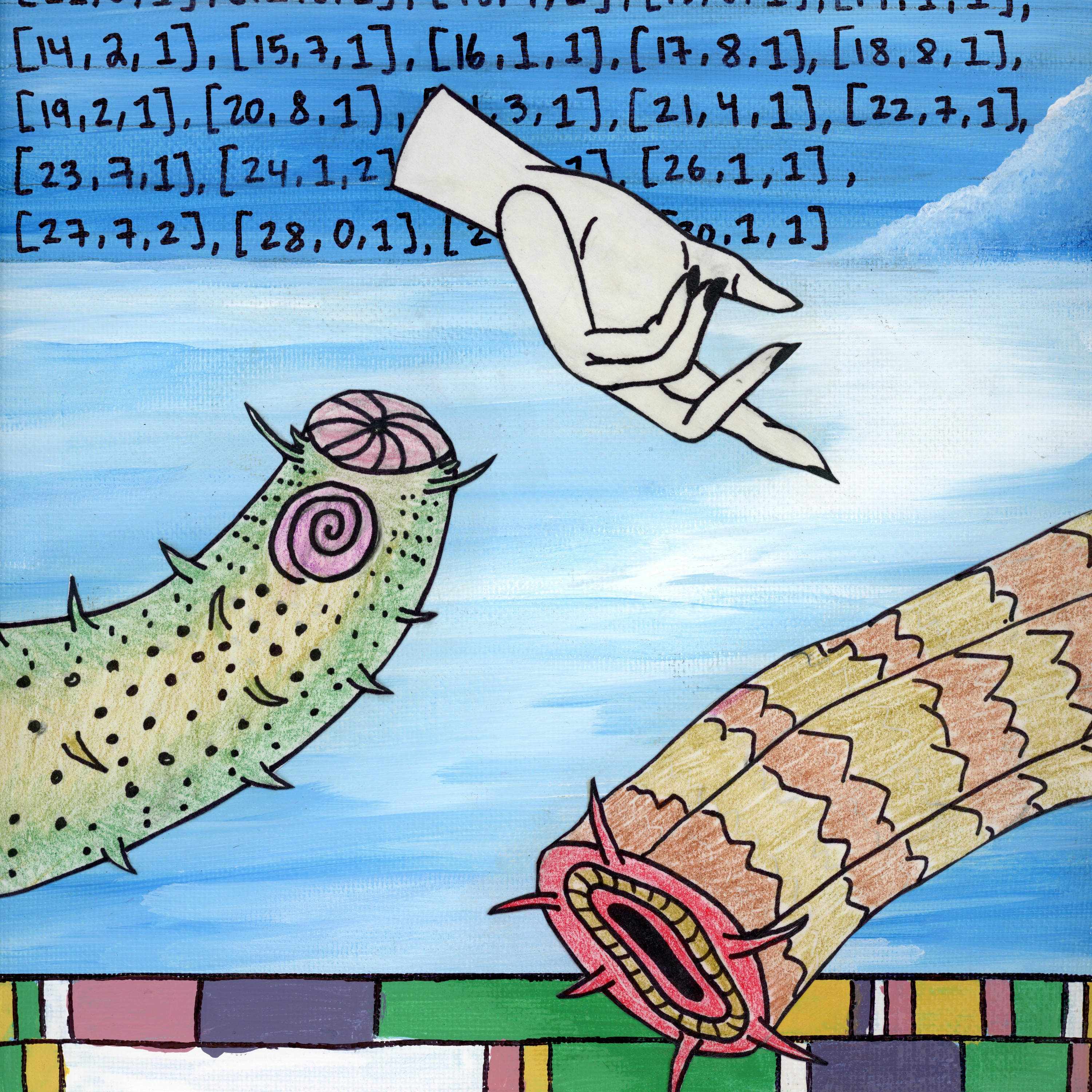
RadioBioRadioBio Interviews Dr. BikIf you've ever had a pet or known someone with a pet, you probably know what a round worm is, but did you know these are nematodes? 180 years of visualizing these fascinating worms gives us insight into biodiversity, evolution, and marine ecosystems. This week Dr. Holly Bik from the University of California, Riverside guides us through an exploration of these mysterious deep sea creatures using both ancient and novel techniques.
2018-01-3128 min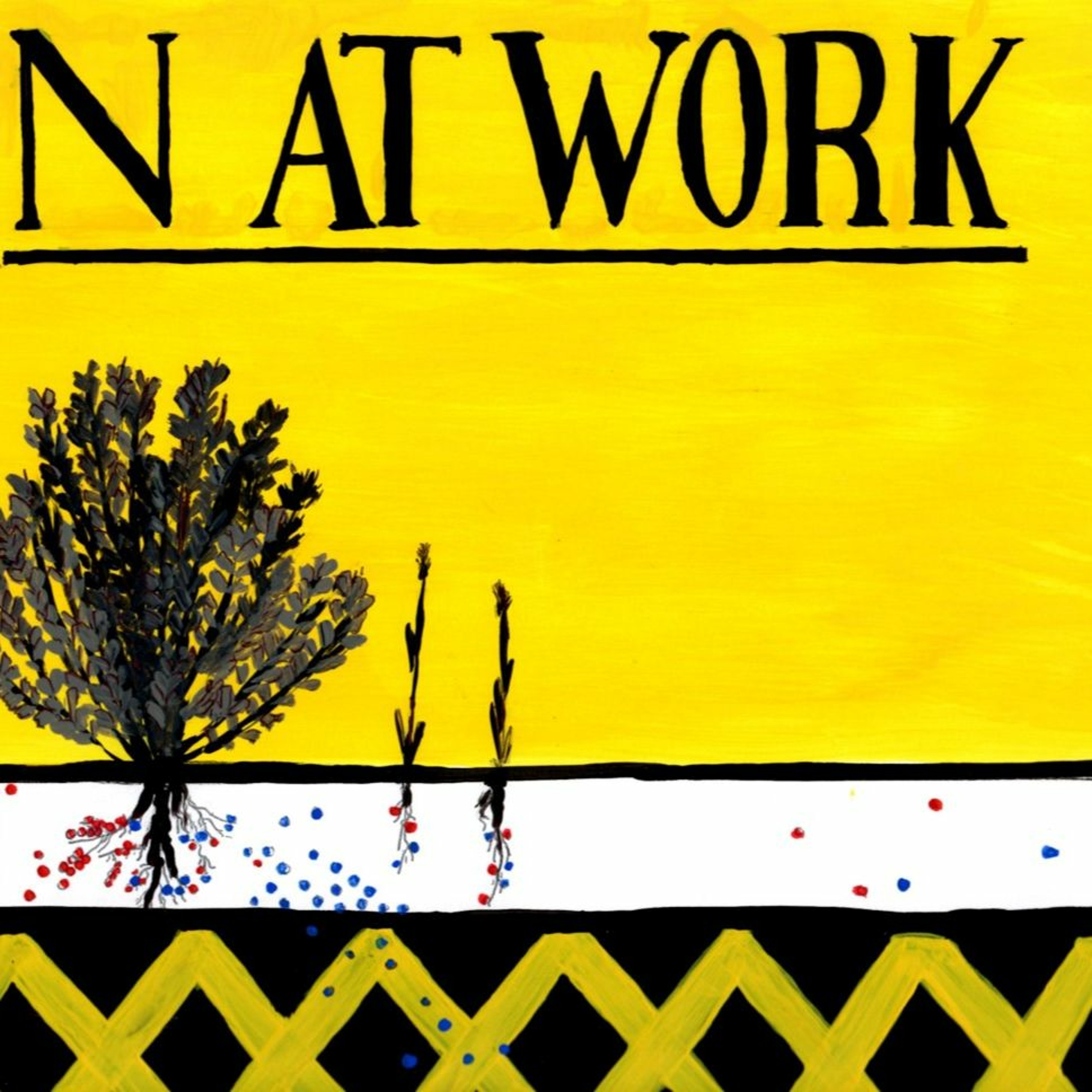
RadioBioRadioBio Interviews Dr. John StarkN at work. What is N? N, or nitrogen, is one of the most abundant gases in the atmosphere and is an elemental building block of life. But we can't use N from the atmosphere, we need help nitrogen fixing bacteria and plants to acquire N in a form we can use. Dr. John Stark from Utah State explains N, how it flows through natural ecosystems, and the organisms that make it work!
2018-01-1731 min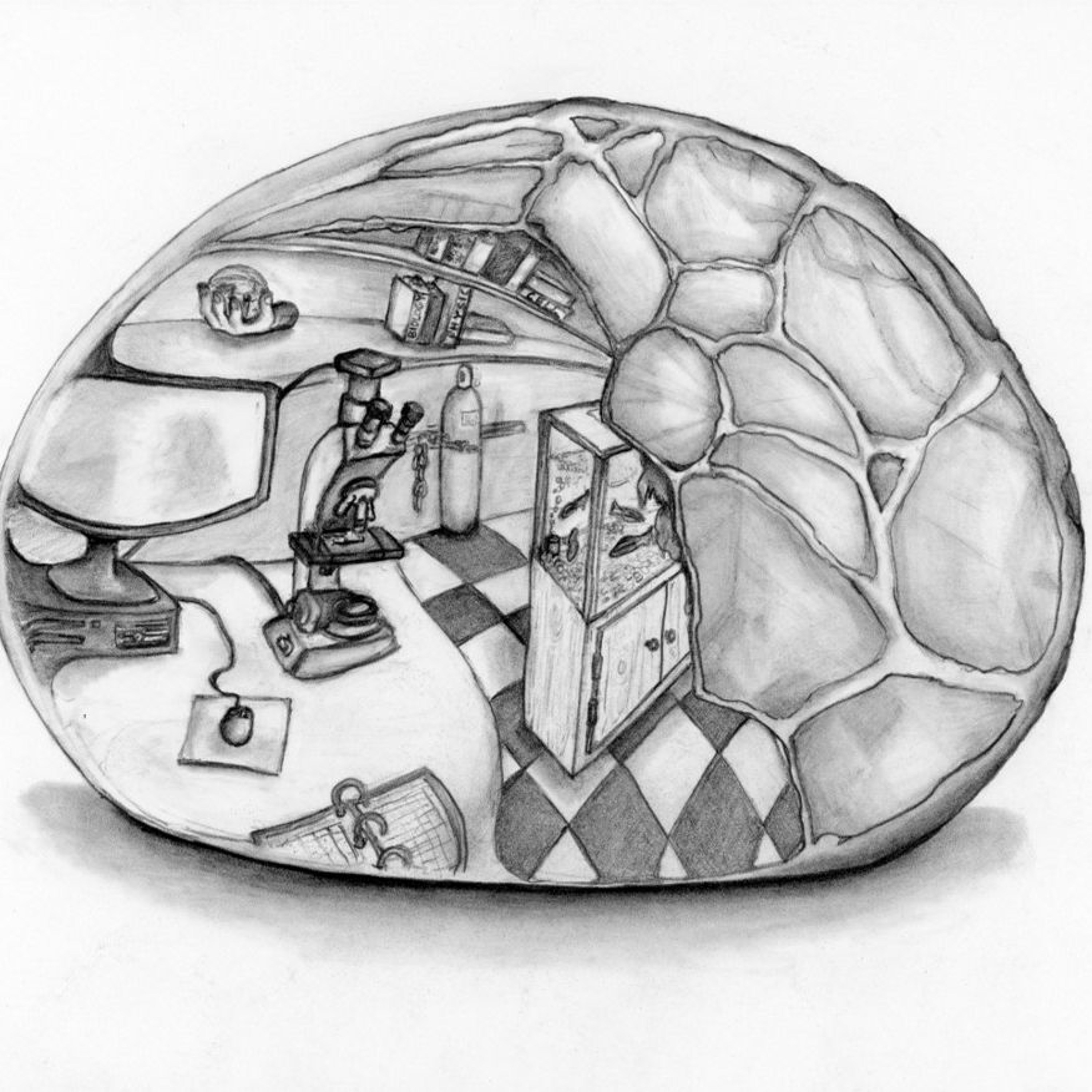
RadioBioRadioBio Interviews Dr. Otger CampasHow do cells interact with their physical environment? Dr. Otger Campas from the University of California, Santa Barbara joins RadioBio to discuss the physical properties of cells and how the interactions between cells and their environment shape cell and organism development.
2018-01-0338 min
Brain MattersBarflies: Alcohol and Fly Genetics with Dr. Fred WolfOn this (50th!) episode of Brain Matters, Anthony talks to Dr. Fred Wolf (Assistant Professor, UC Merced). Dr. Wolf is interested in how alcohol and other drugs of abuse change our genes when we take them. Using the fruit fly as a model organism, he is able to use powerful techniques to delve into the complex relationship between drugs, genes, and behavior. Dr. Wolf helps run his own biology podcast, RadioBio, with graduate students at UC Merced. Check it out at radiobio.net The music on today's podcast was by koleżanka. Go check out an...
2017-12-2652 min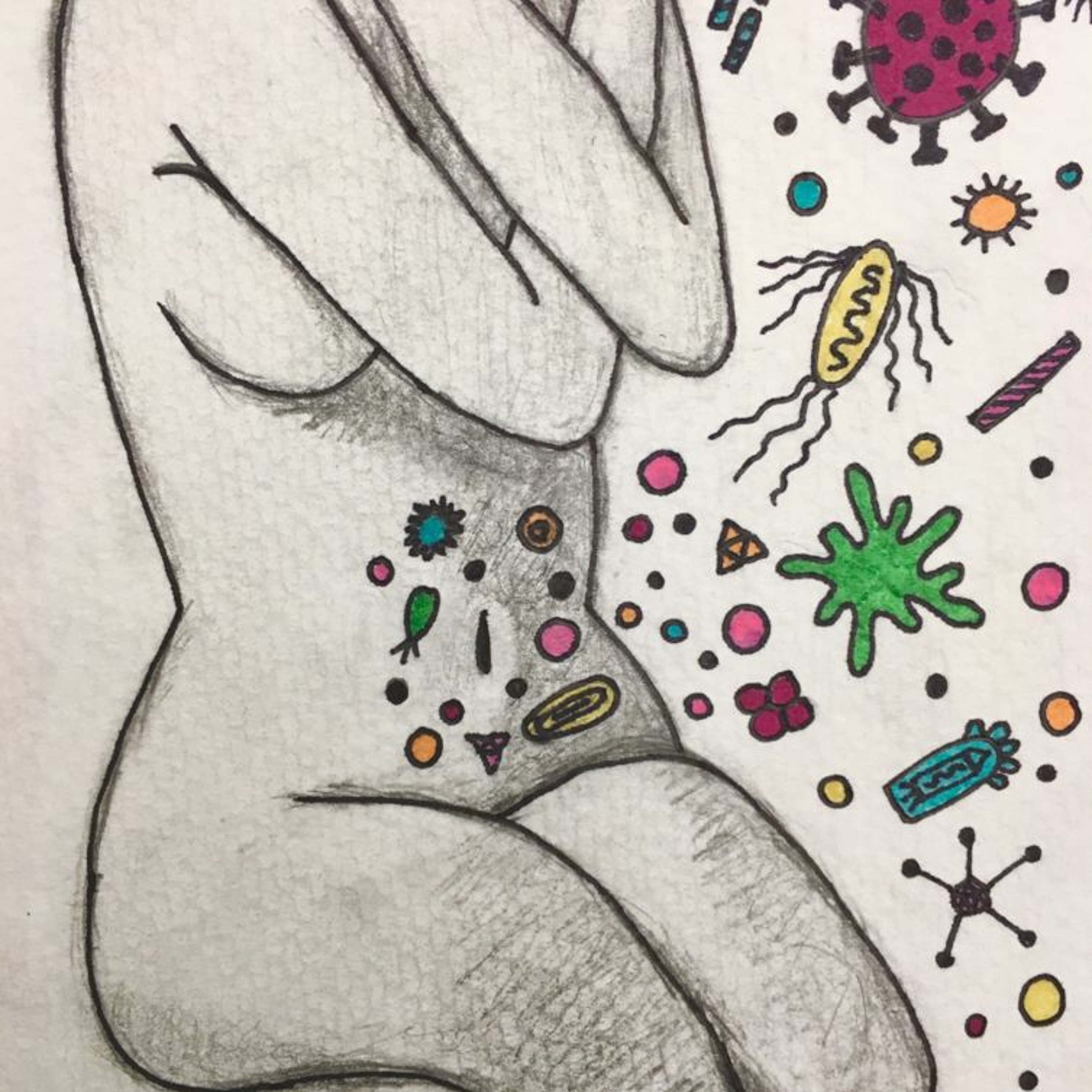
RadioBioRadioBio Interviews Dr. Embriette HydeYou may have heard about the human microbiome or even the pro-biotic fad, but how much do you really know about the micro-organisms that live on and in you? Dr. Embriette Hyde from UC San Diego discusses her work with the American Gut Project on understanding the world of human microbiome. This work could lead to advances in our understanding of both the human health and human disease.
2017-12-2025 min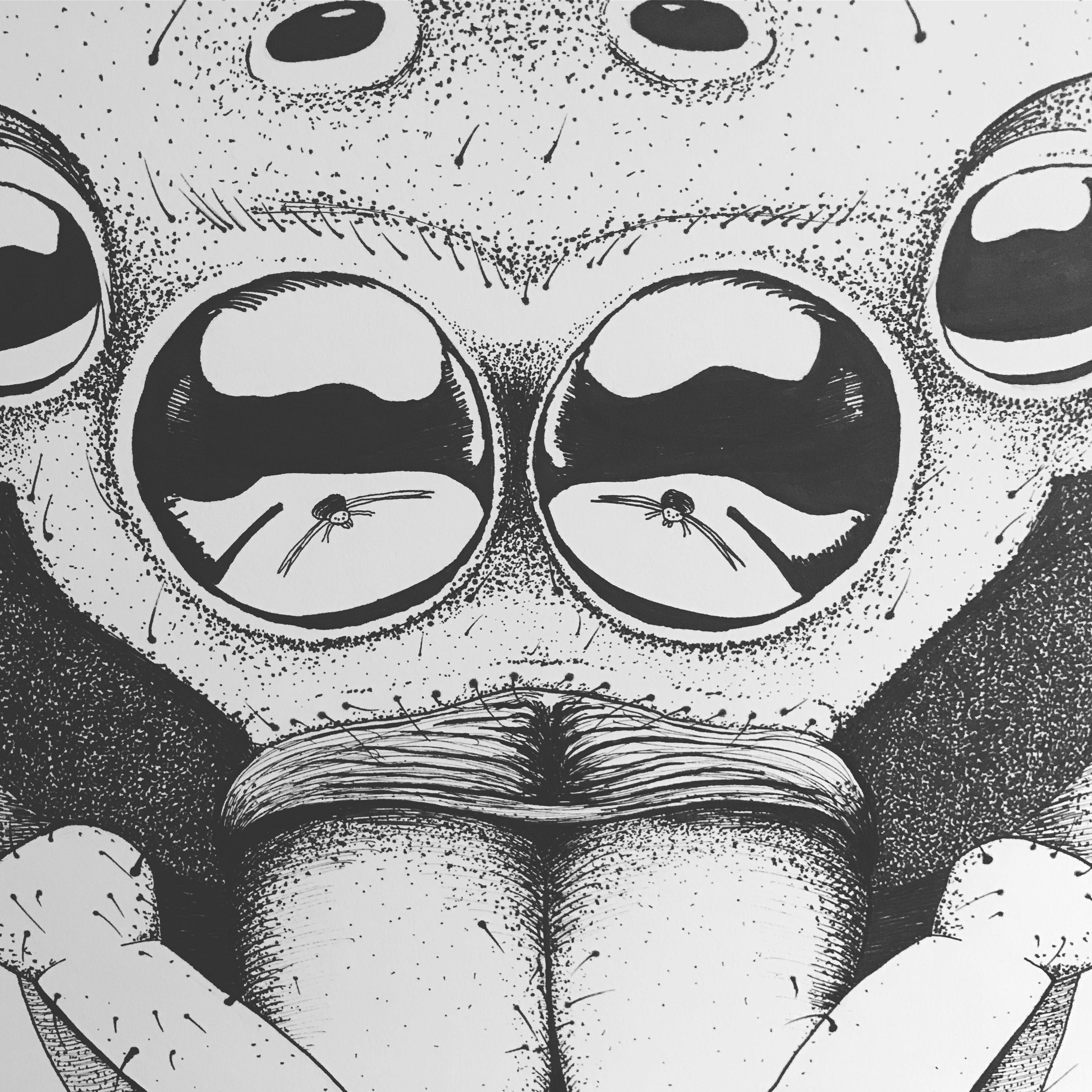
RadioBioRadioBio interviews Dr. Marie-Claire CheliniHave you ever wondered why males and females of a species are different sizes, shapes, and colors? Dr. Marie-Claire Chelini, University of California Presidential Post-doctoral Fellow, discusses her research on the evolution of sexual size dimorphism in crab spiders.
2017-12-0624 min
RadioBioRadioBio interviews Dr. Zachary KnightEveryone knows what hunger feels like and understands the drive to seek food when hungry, but how does it work? Dr. Zachary Knight from UCSF joins RadioBio to discuss his work on understanding the pathways in the brain that sense hunger to drive behavior. Knight's work is revealing new insights into how the brain makes decisions about food, whether it looks tasty, and how hunger dictates behavior. These results could lead to important advances in our understanding of eating disorders.
2017-11-2227 min
RadioBioRadioBio interview Dr. Aaron GitlerHow do misfolded proteins cause human neurodegenerative diseases, like Alzheimer's, ALS, and Parkinson's? The Gitler lab at Stanford University studies the cellular biology underlying protein-misfolding diseases using the model organism yeast. Since dealing with misfolded proteins is an evolutionary problem, they hypothesize that the mechanisms employed to cope with misfoldings is likely conserved from yeast to humans. Gitler's long-term goal is to identify the critical genes and cellular pathways affected by misfolded human disease proteins.
2017-11-0830 min
RadioBioRadioBio interviews Dr. Kathleen FerrisEvolution; no small topic. Biologists can use a diverse array of systems to try to test evolutionary concepts. Some systems, like bacteria, are useful for looking at how evolution happens in real time, because they have such short generation times. Others, like animals, are much more difficult, but can allow us to ask really interesting questions like how behavior influences evolutionary processes. Dr. Kathleen Ferris, asks questions about how organisms respond to stress in an evolutionary sense using two very different systems.
2017-10-2533 min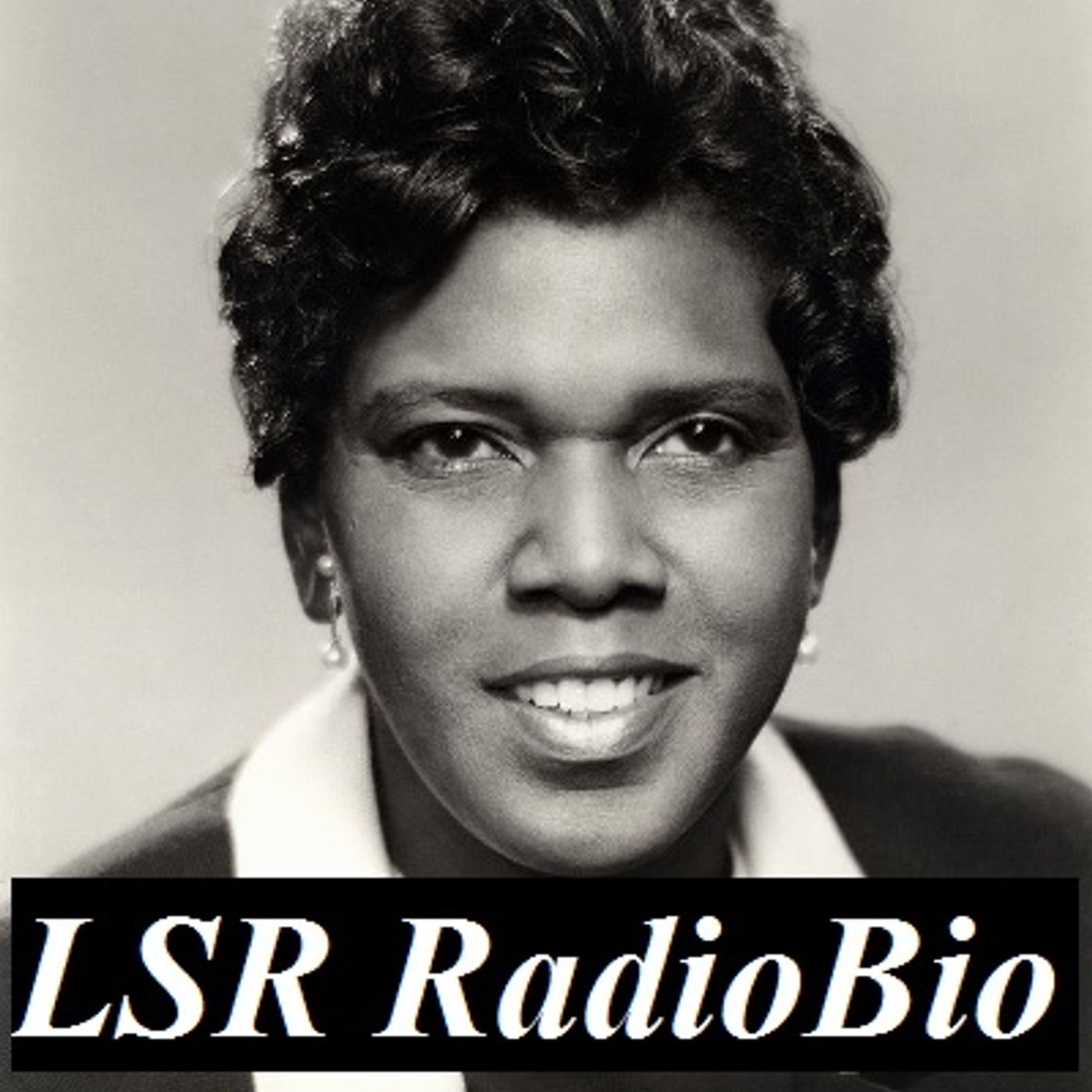 2017-10-2110 min
2017-10-2110 min 2017-10-1014 min
2017-10-1014 min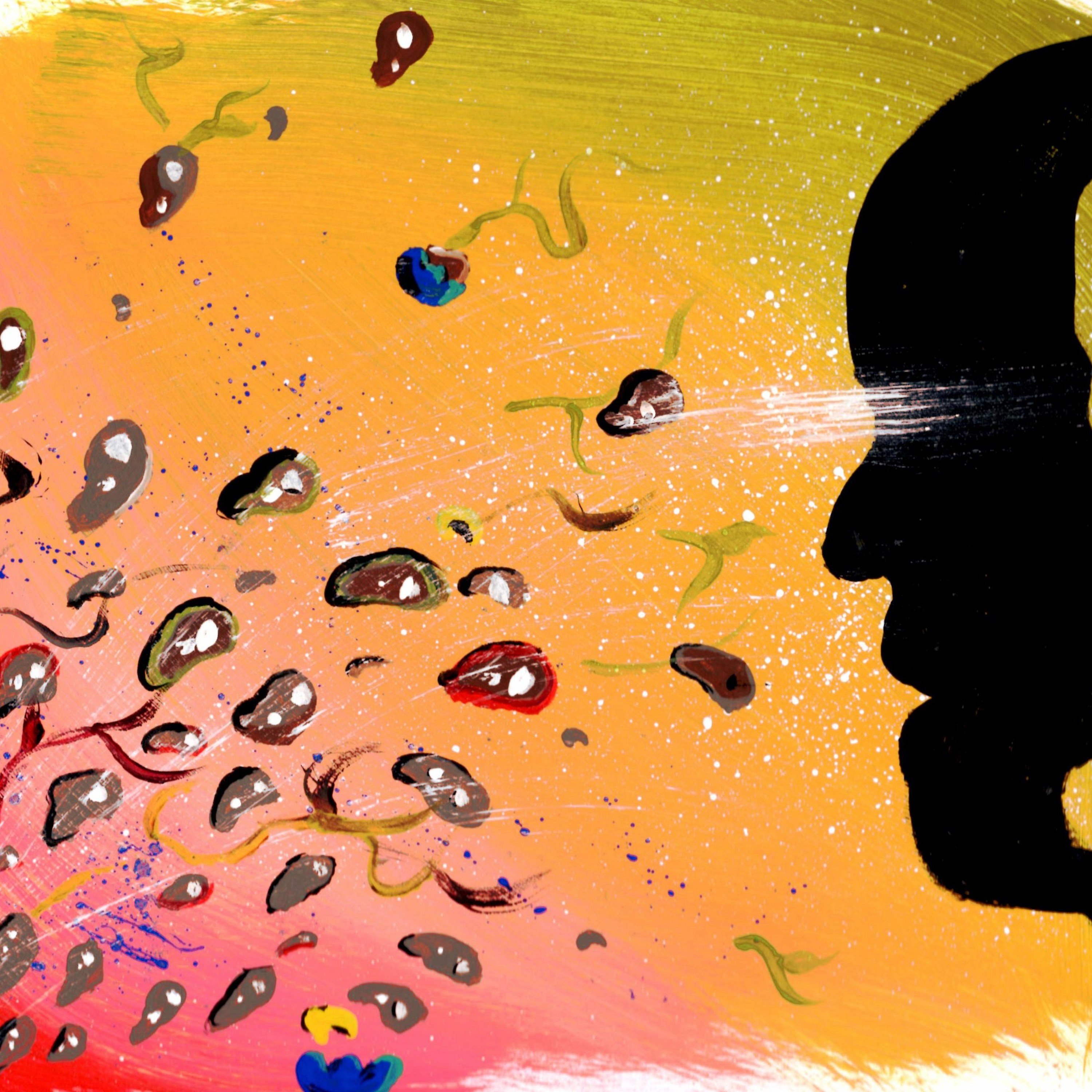
RadioBioRadioBio interviews Dr. Daniel WeinrichHow does antibiotic resistance evolve? In this week's episode, Dr. Dan Weinreich joins RadioBio to discuss gene evolution and how it can lead to antibiotic resistance!
2017-07-0632 min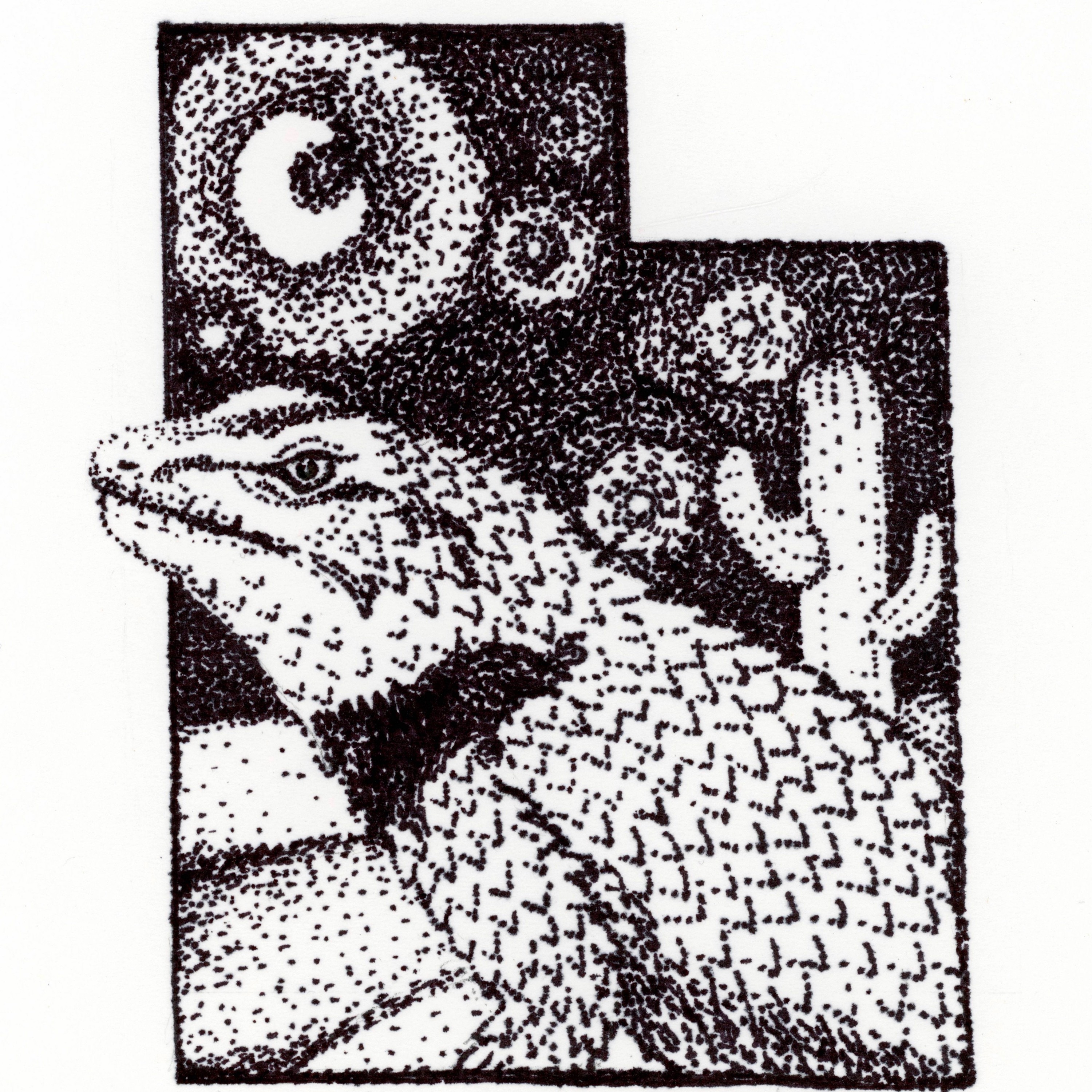
RadioBioQSB RadioBio interviews Dr. Jack SitesEver wonder where species come from? Do species even exist? Why do they matter? RadioBio discusses the speciation process through space and time with Dr. Jack Sites Jr.
2017-06-1429 min
RadioBioQSB RadioBio interviews Dr. Johanna SchmittClimate change can cause organisms to experience conditions they are not adapted to. How do these organisms respond and keep up with a changing world? Our guest this week studies how a small, ubiquitous plant responds to both natural and experimental climate change to learn about the potential pathways to adaptation plants may follow. Dr. Johanna Schmitt introduces us to Arabadopsis thaliana, a tiny weed that can yield big insights into what the future holds for plants.
2017-05-3133 min
RadioBioQSB RadioBio interviews Dr. Rob SpitaleIn many cells, RNA plays an essential role in regulation. Technological innovations are needed to further understand the role of RNA molecules in regulating basic biological function. Further, there is a need to expand the biochemistry toolkit to understand how large groups of RNAs are working in parallel inside living cells. The Spitale lab develops novel biochemical approaches toward understanding the role of RNA molecules in normal cell biology, as well as disease. Today we are going to learn about these new methods and tools in the RNA world from our guest Dr. Spitale himself.
2017-05-1341 min
RadioBioQSB RadioBio interviews Dr. Chris AmemiyaWhat are coelacanths? Why would a marine fish contain chitin, a sugar that makes up the exoskeleton of insects? How do sharks sense fish? Why do we care about lamprey immune systems? Dr. Chris Amemiya from the Benaroya Research Institute studies these questions using comparative genomics. This research will improve our understanding of marine ecology as well as immunology, and holds implications for both the medical and biotechnical fields.
2017-04-2930 min
RadioBioQSB RadioBio interviews Dr. Emily Jane McTavishThe famous geneticist Theodosius Dobzhansky once said, "Nothing in biology makes sense except in the light of evolution." But how do we study evolution? How do we reconstruct evolutionary relationships amongst hundreds, even thousands of taxa across the tree of life? Can we really predict how fast species evolve? Dr. Emily Jane McTavish, Assistant Professor in the Quantitative & Systems Biology graduate group at the University of California, Merced, joins us to talk about her research as a phylogeneticist and computational biologist.
2017-04-1336 min
RadioBioQSB RadioBio interviews Dr. Nathan LannningQSB RadioBio interviews Dr. Nathan Lanning of CSU-LA.
2017-03-1433 min